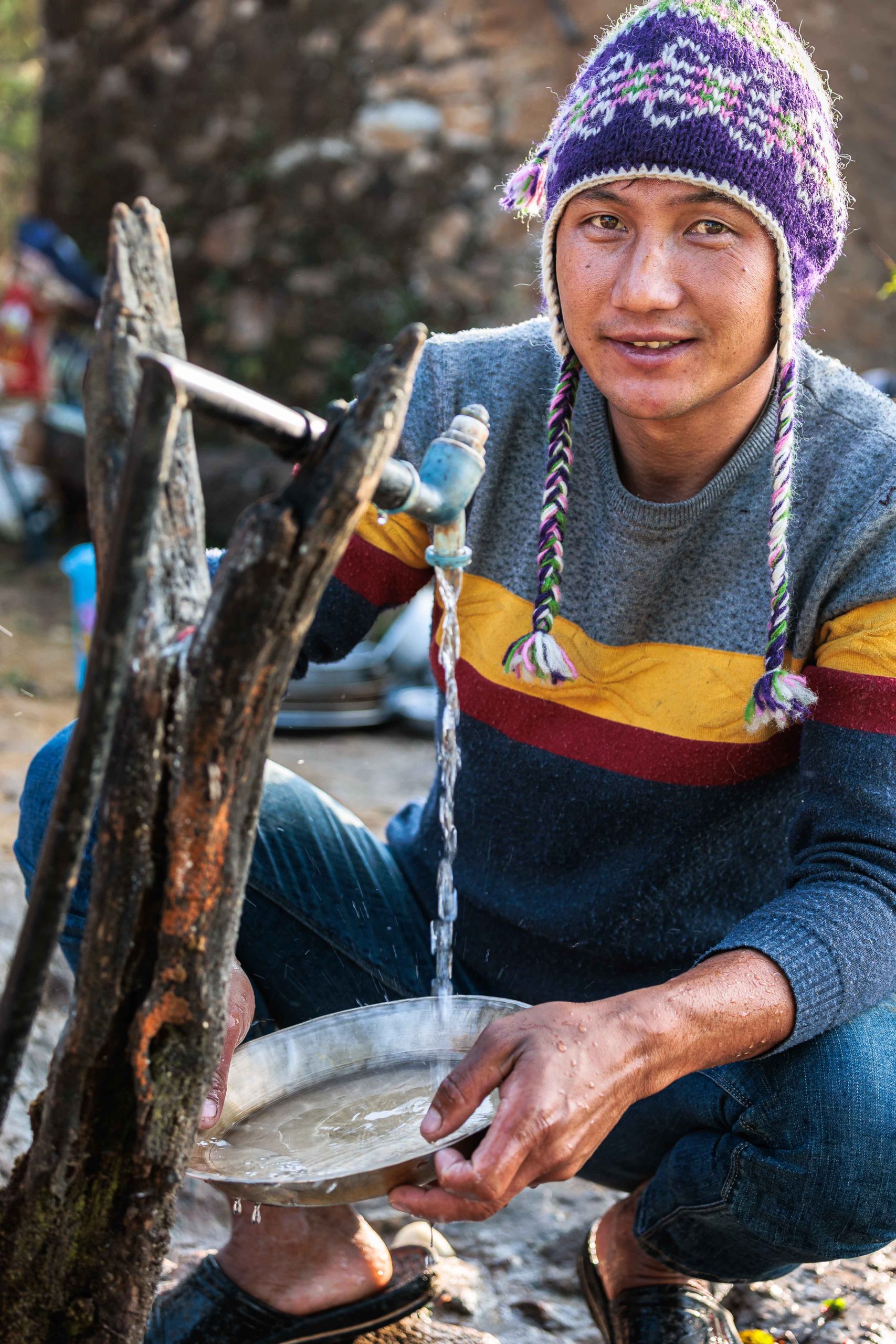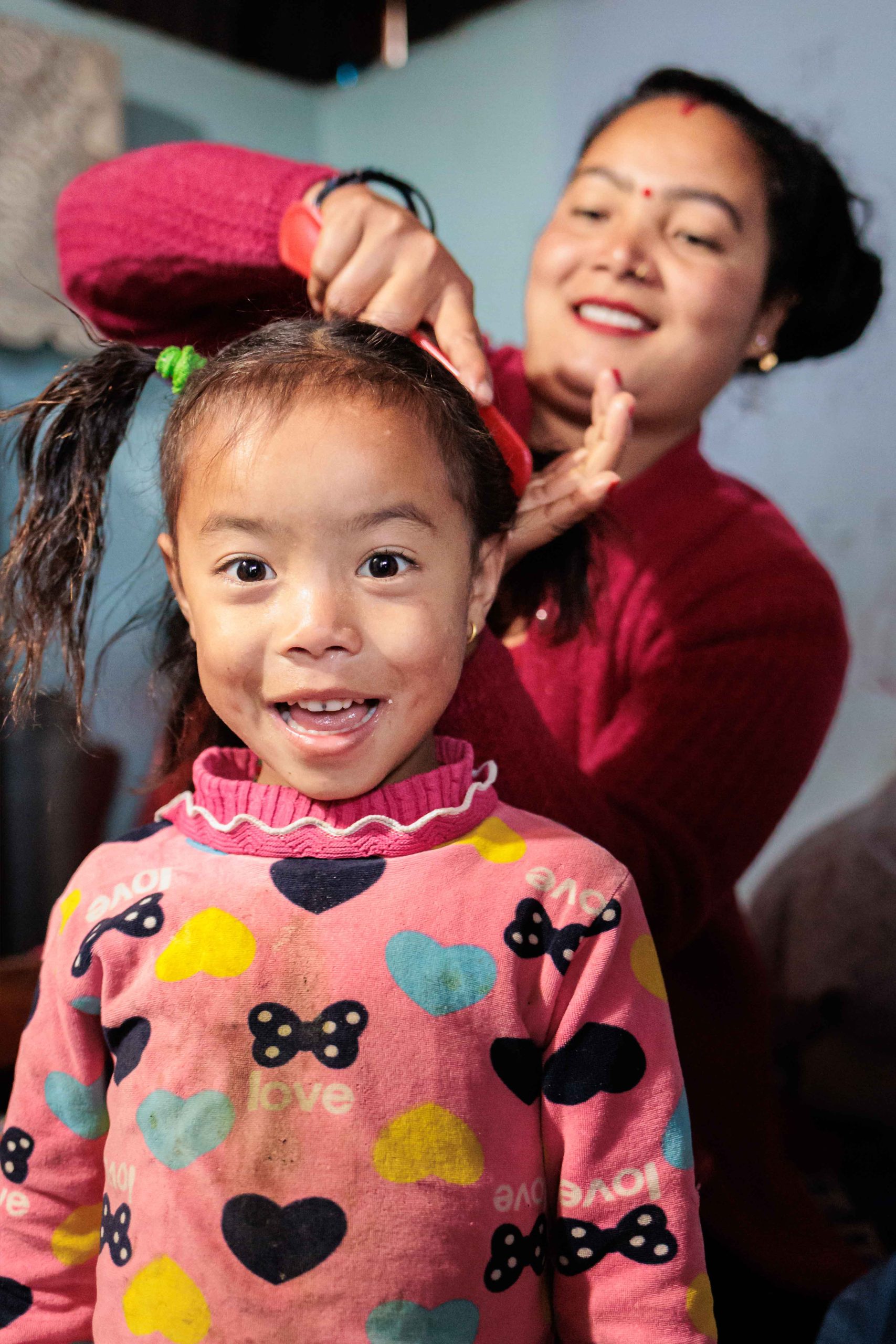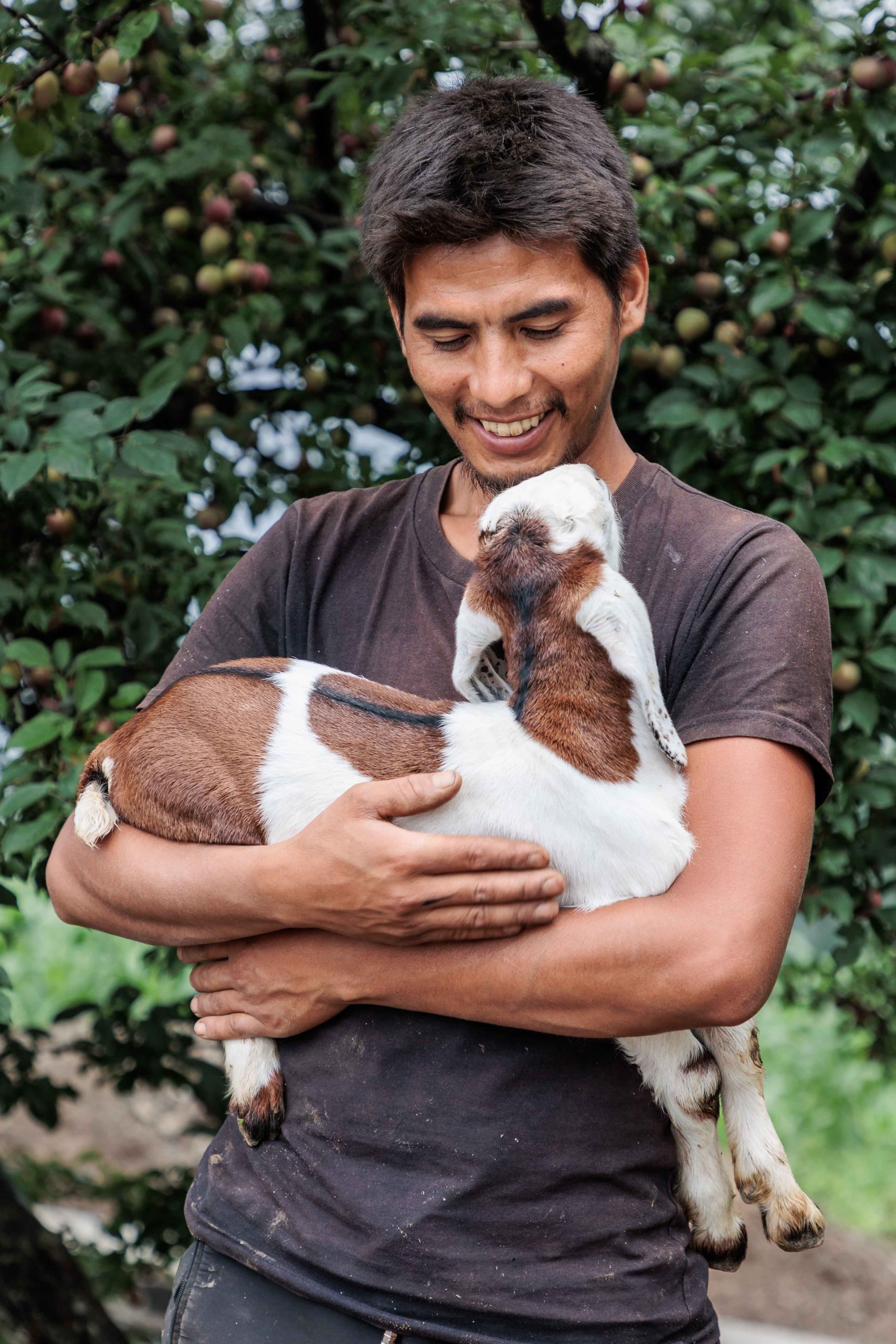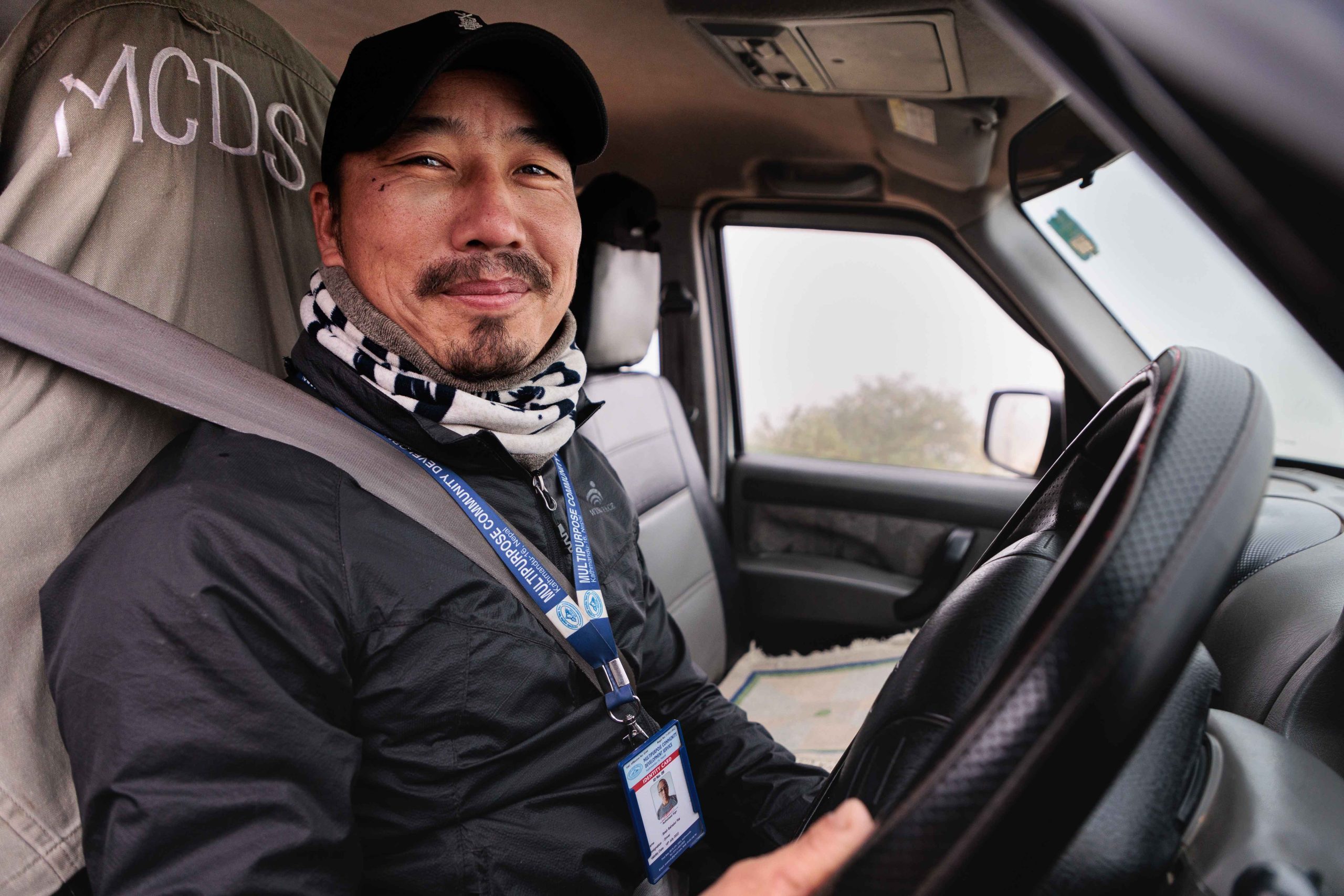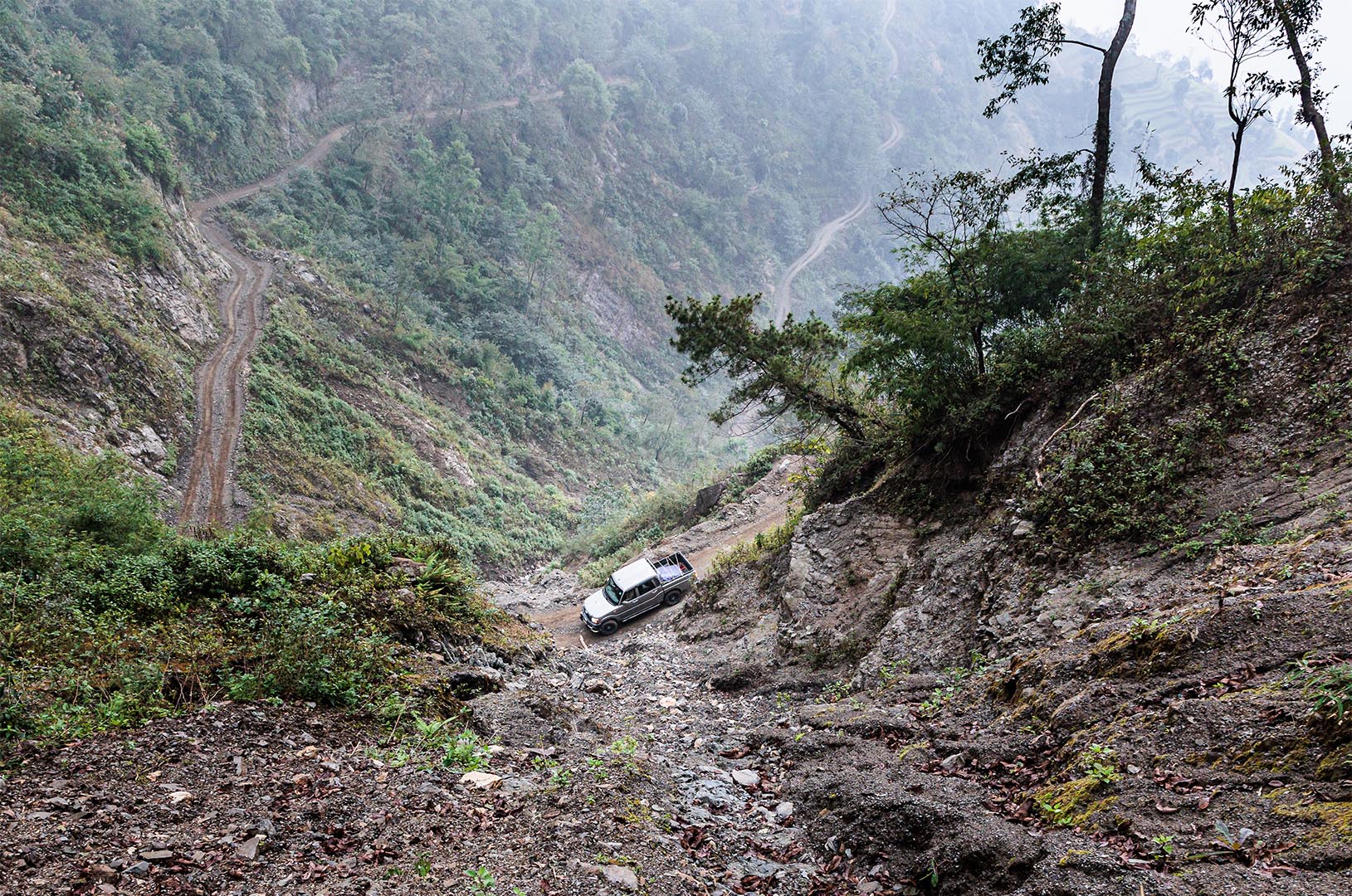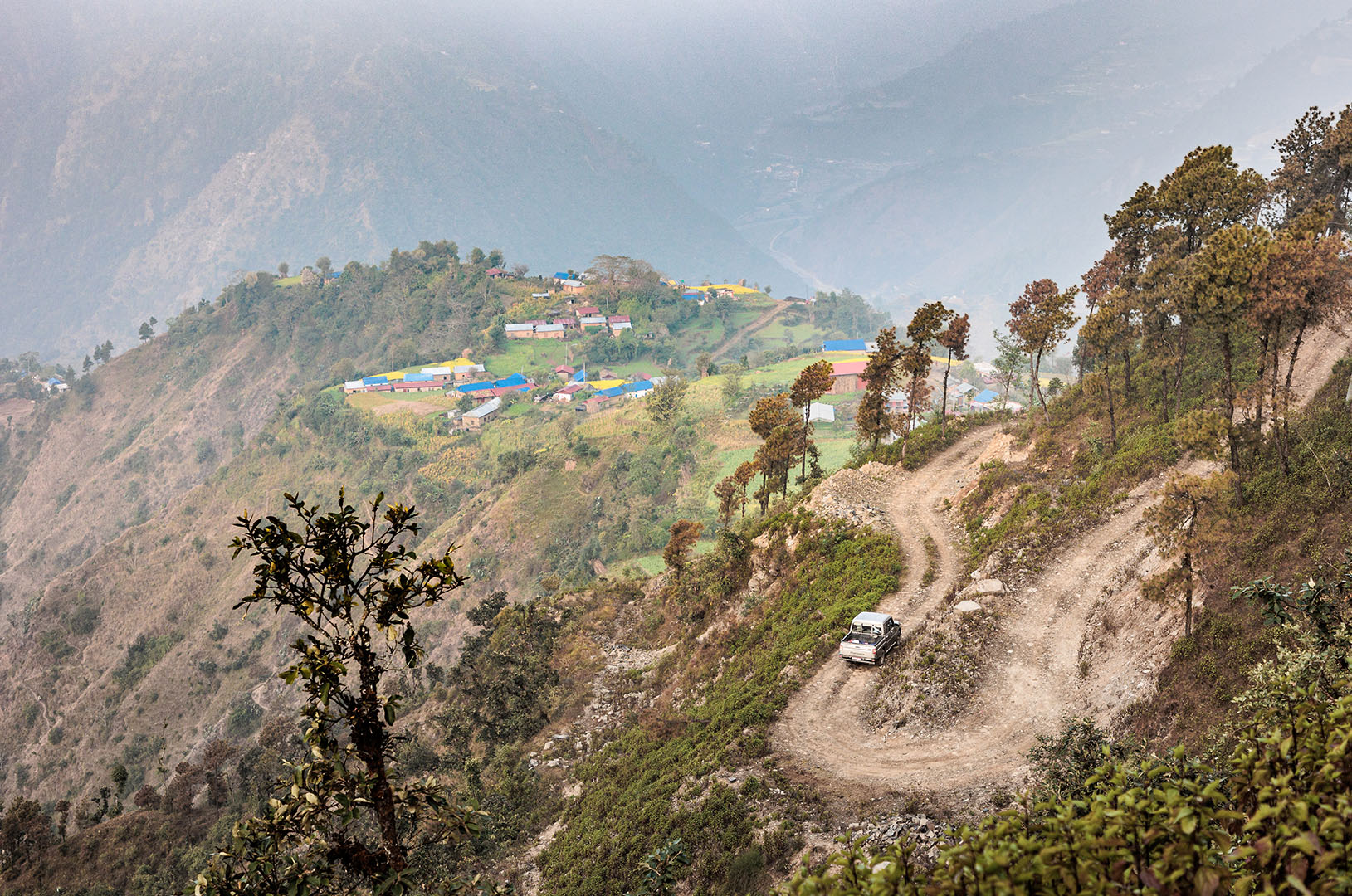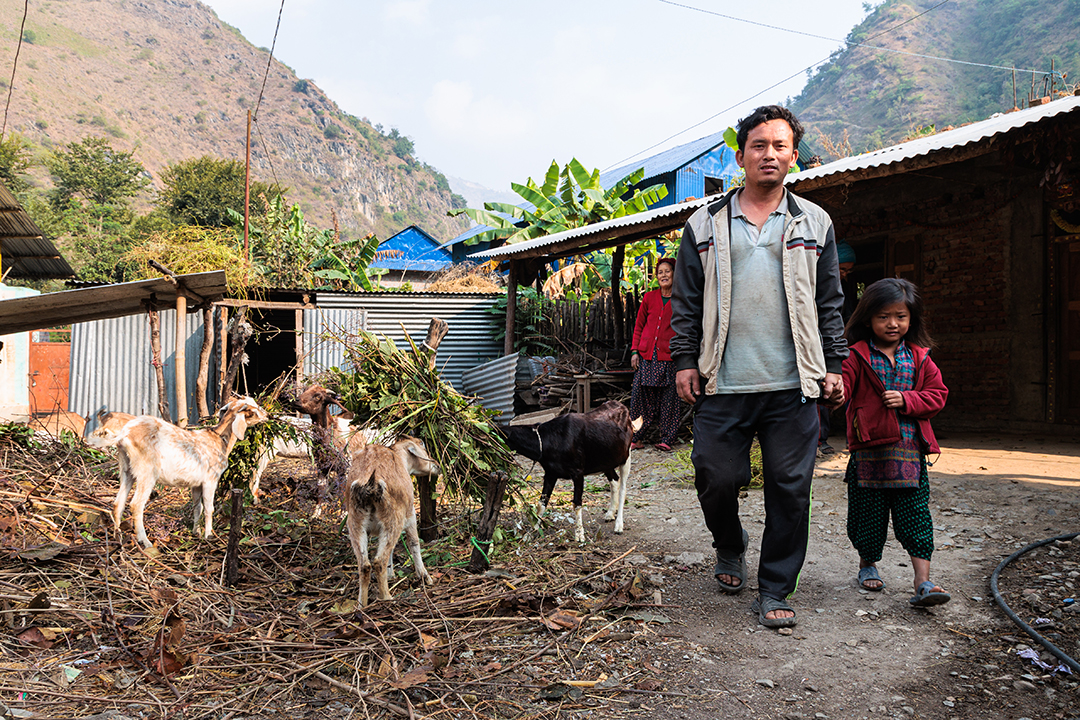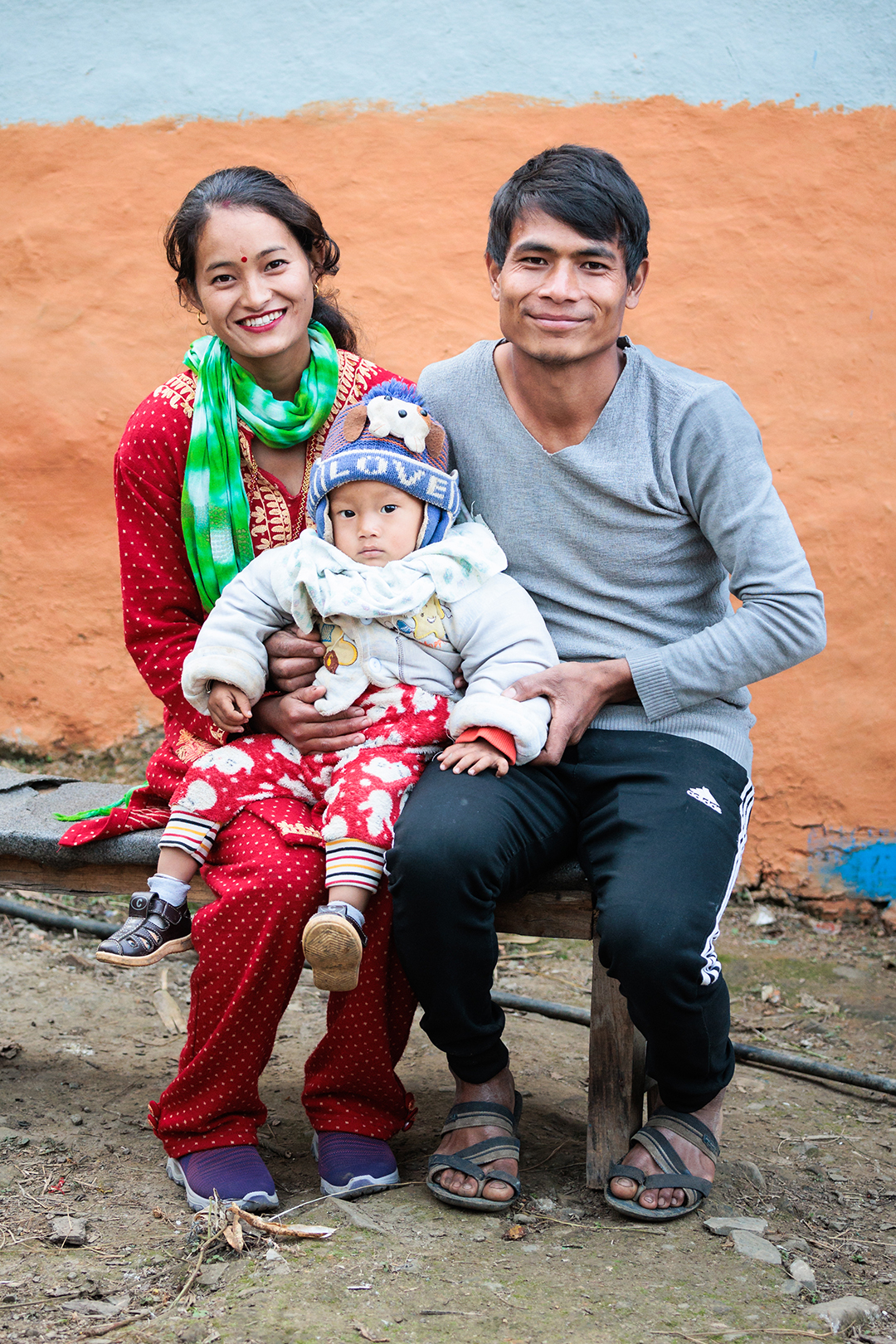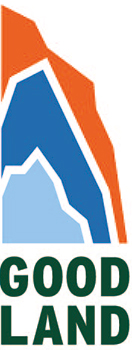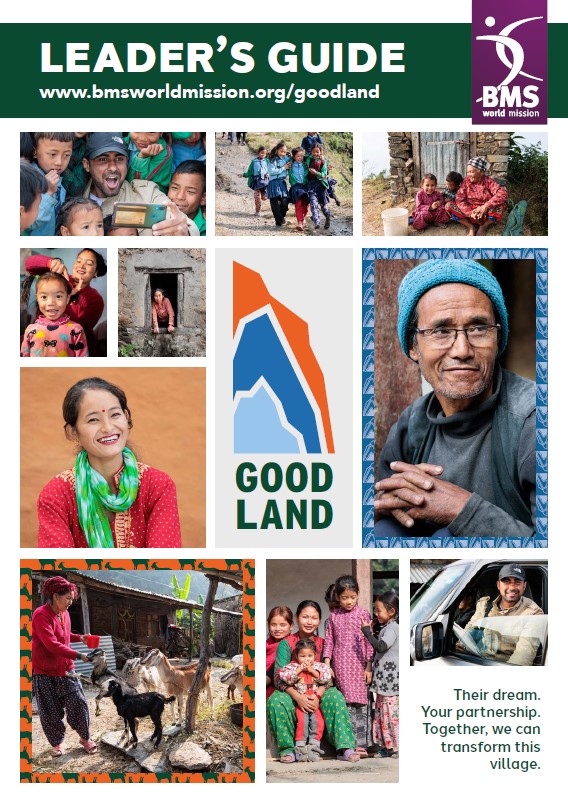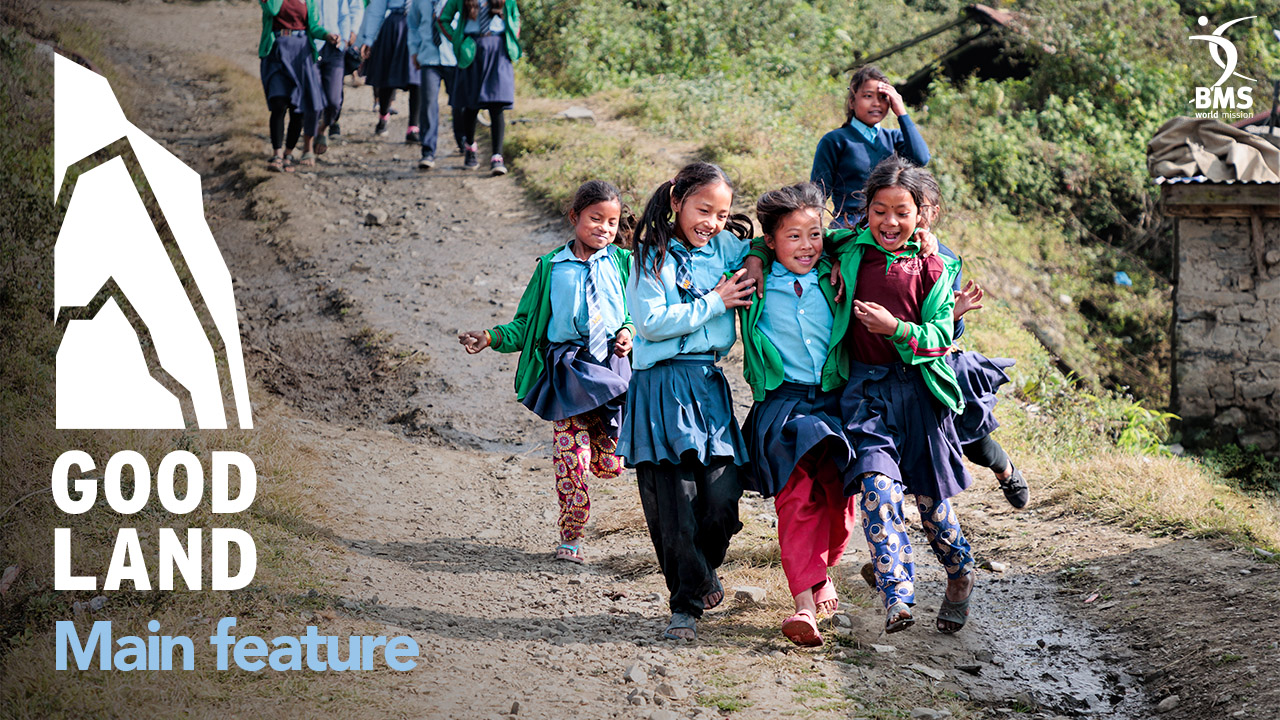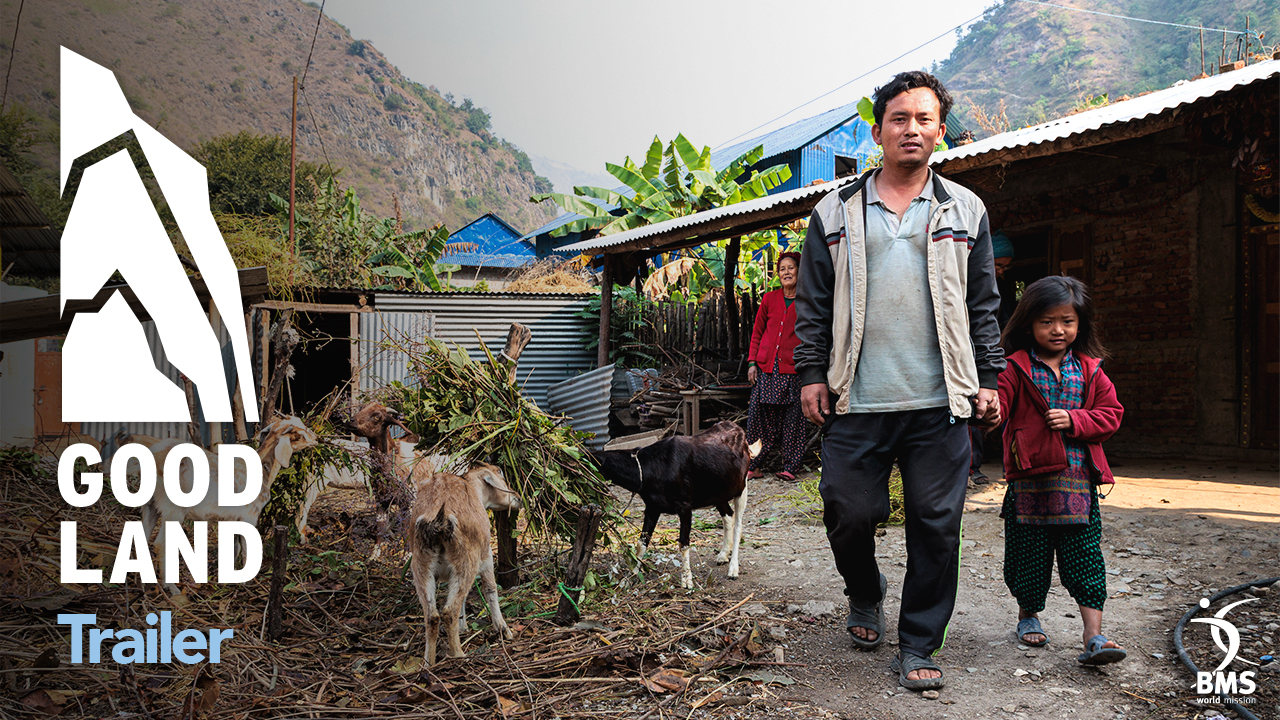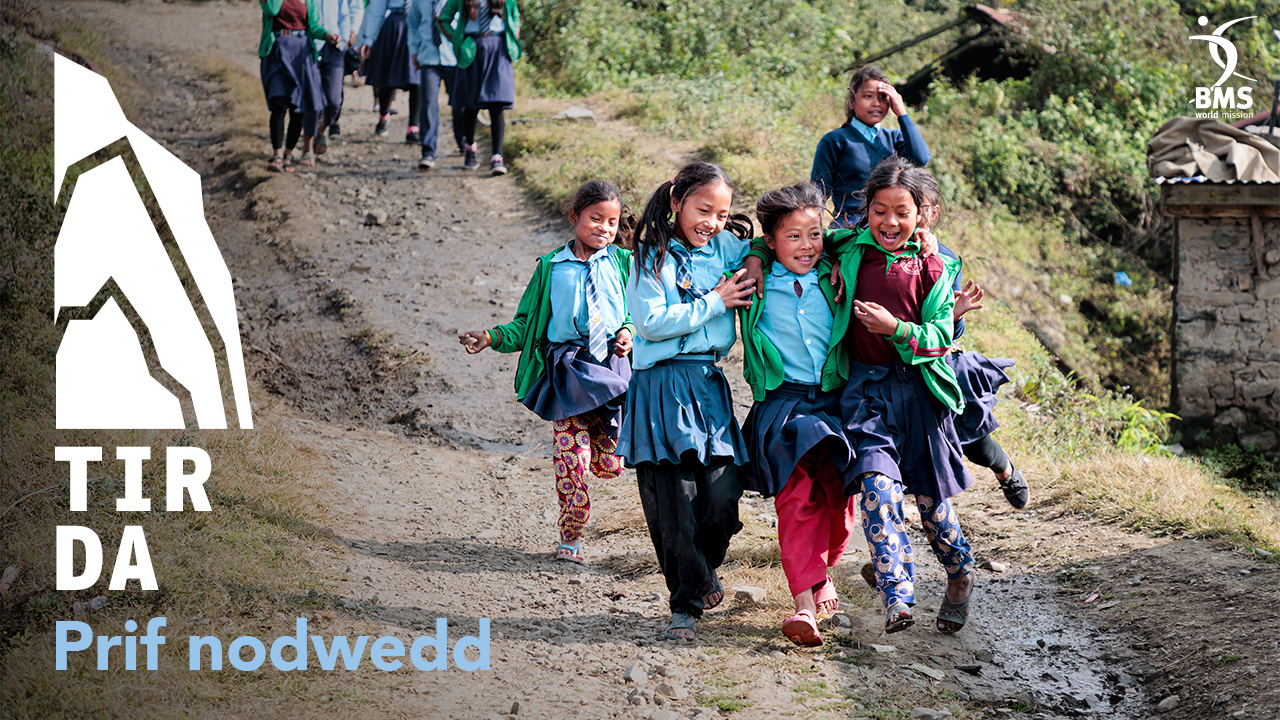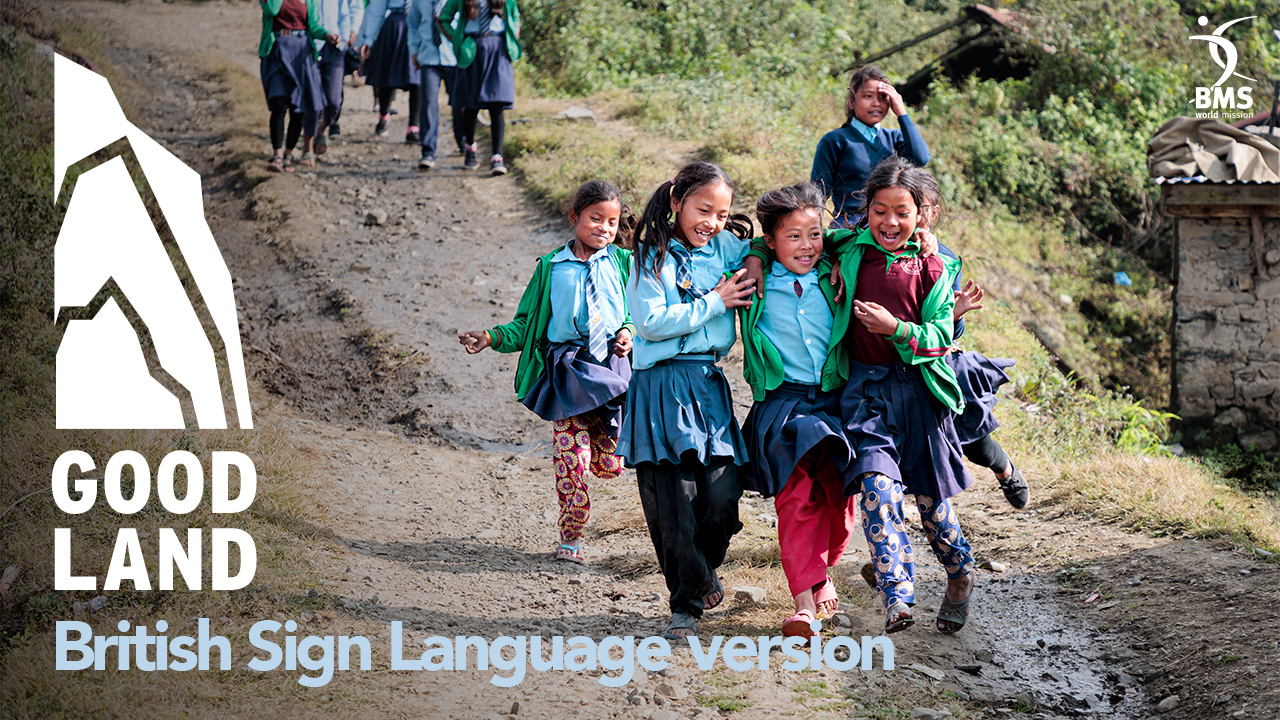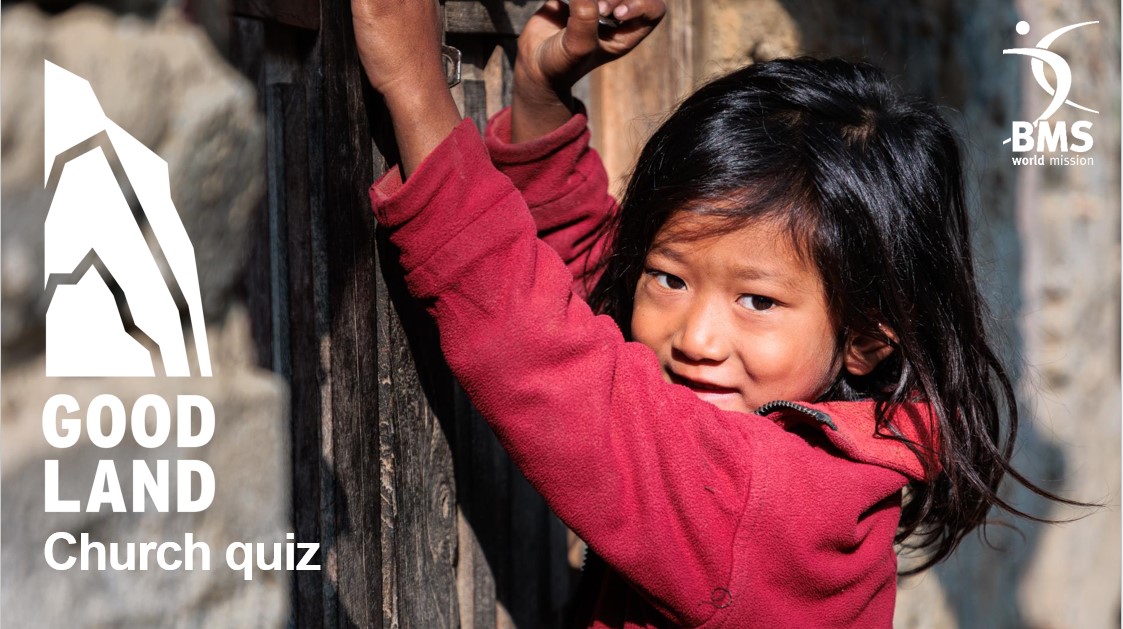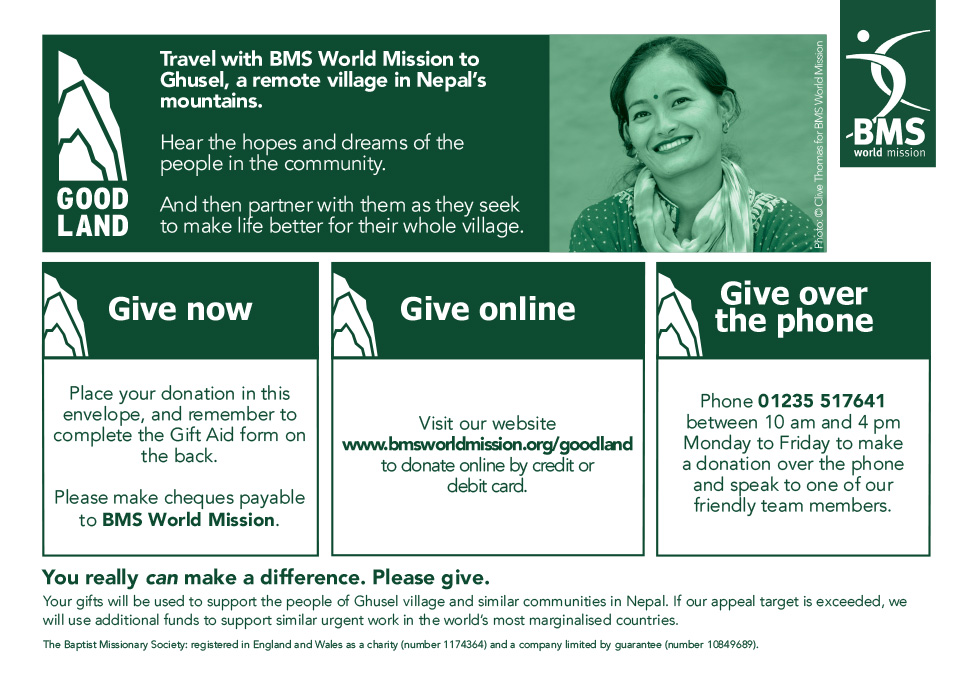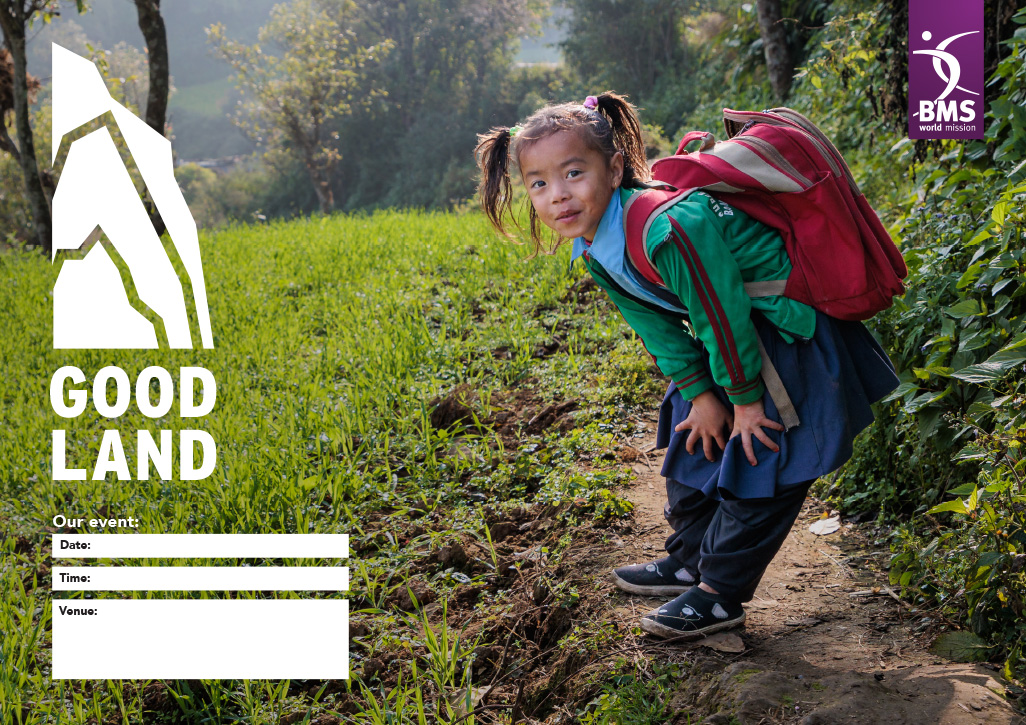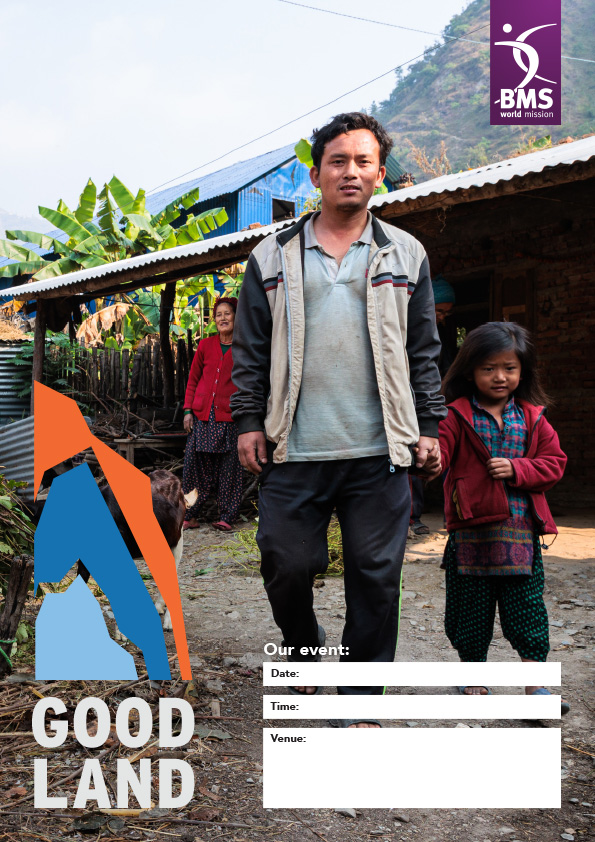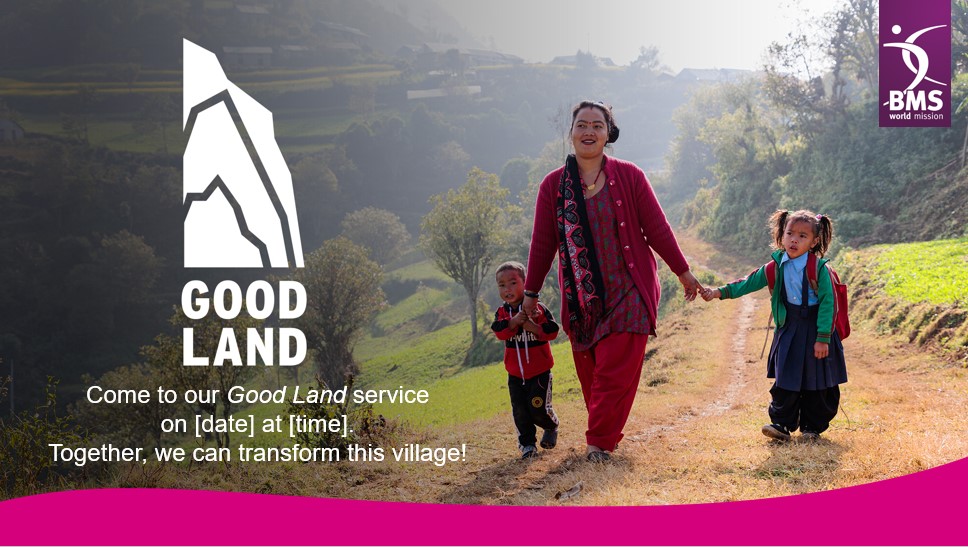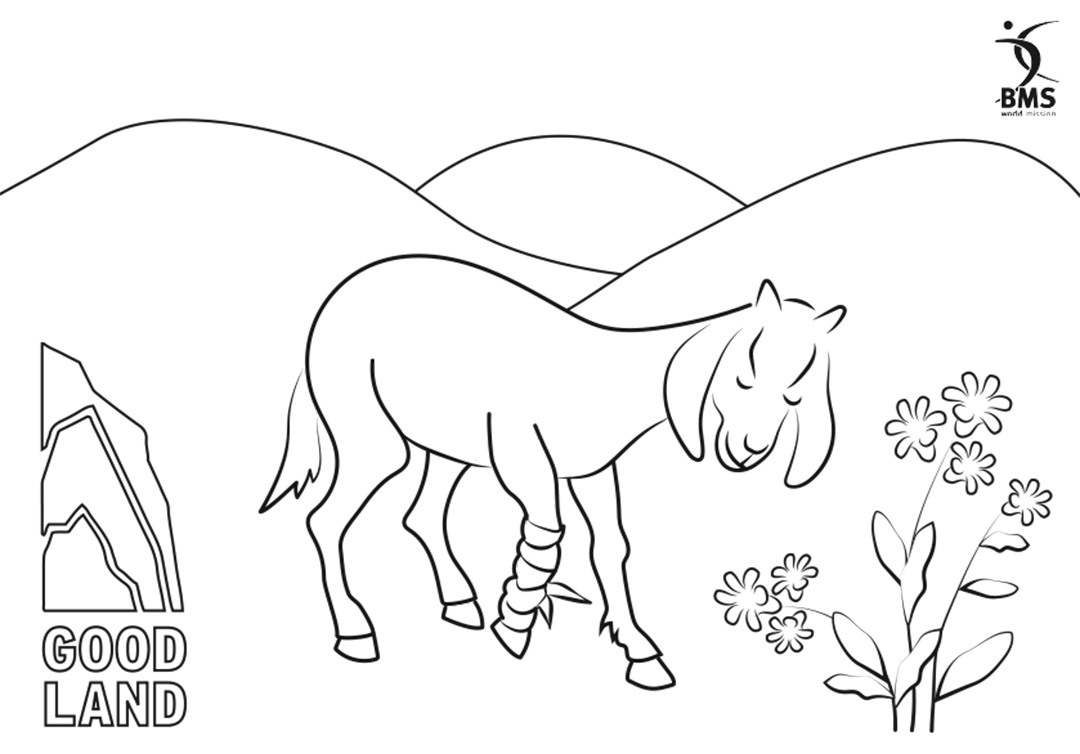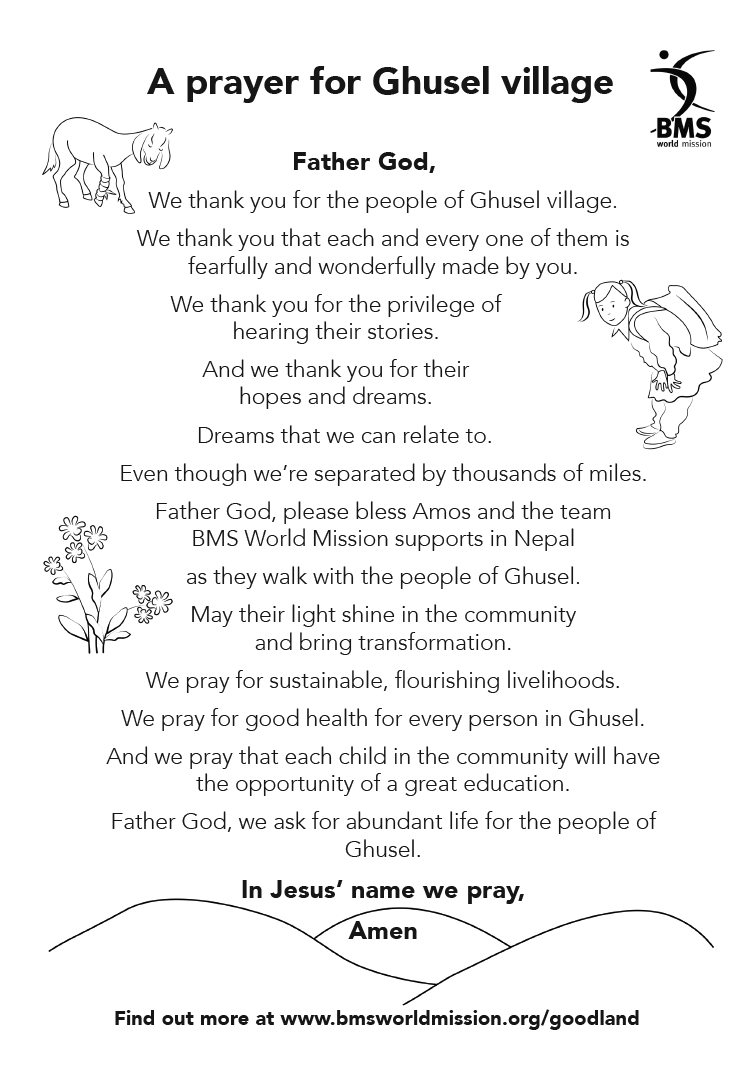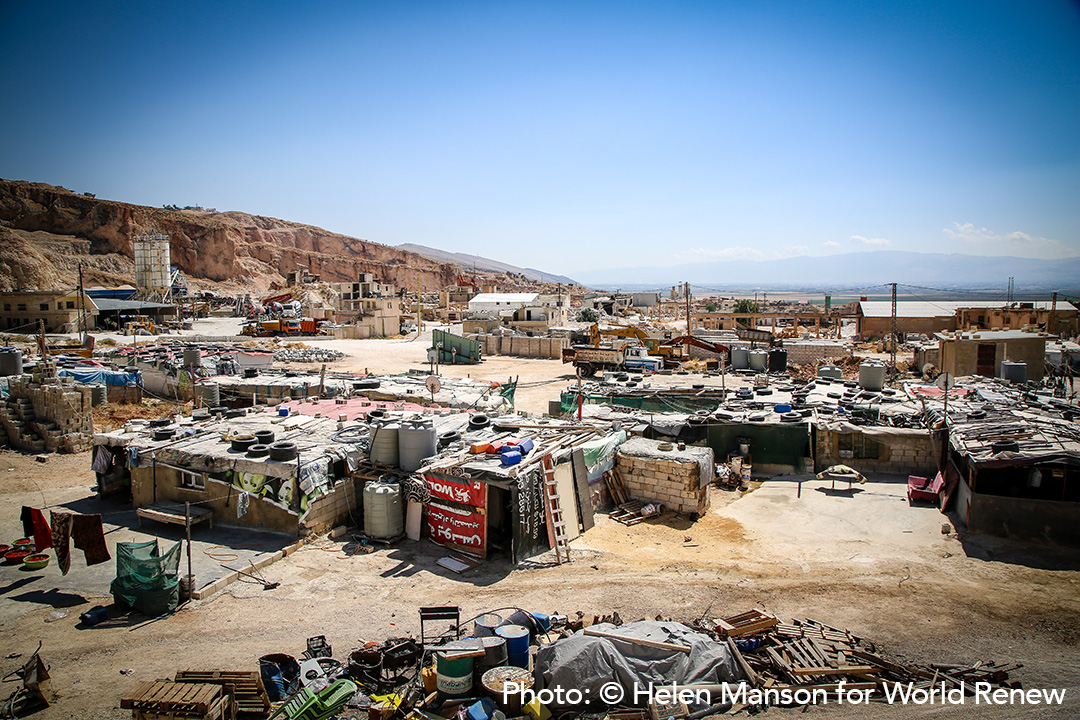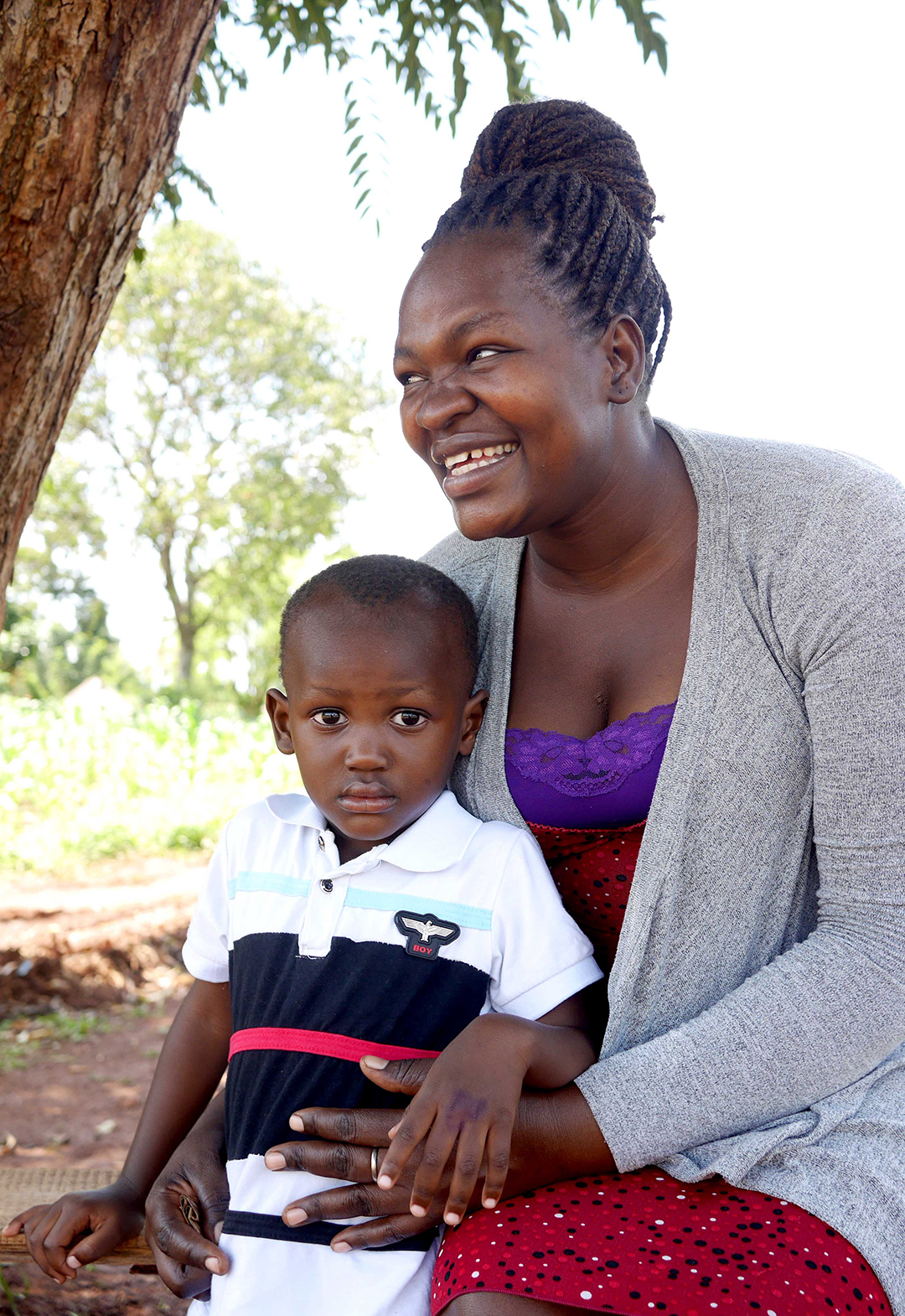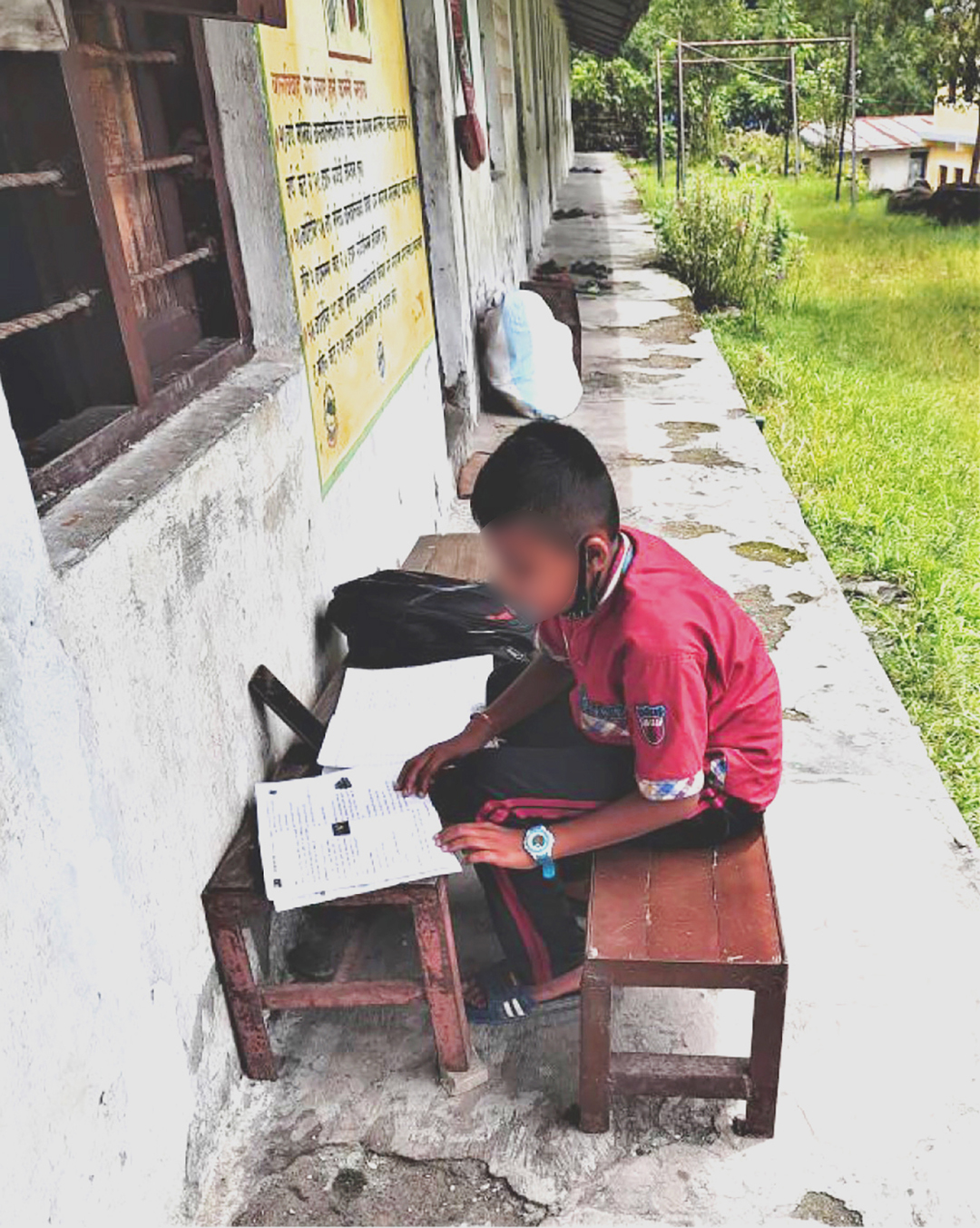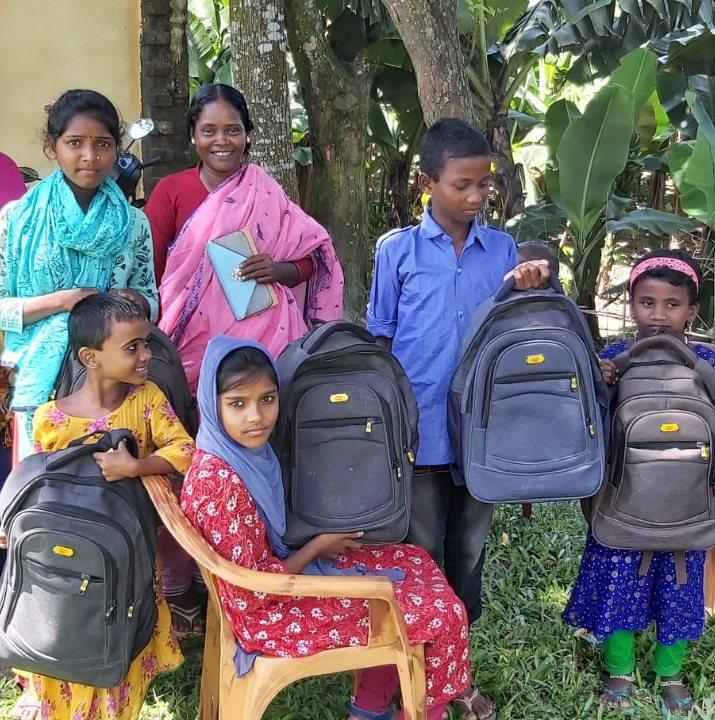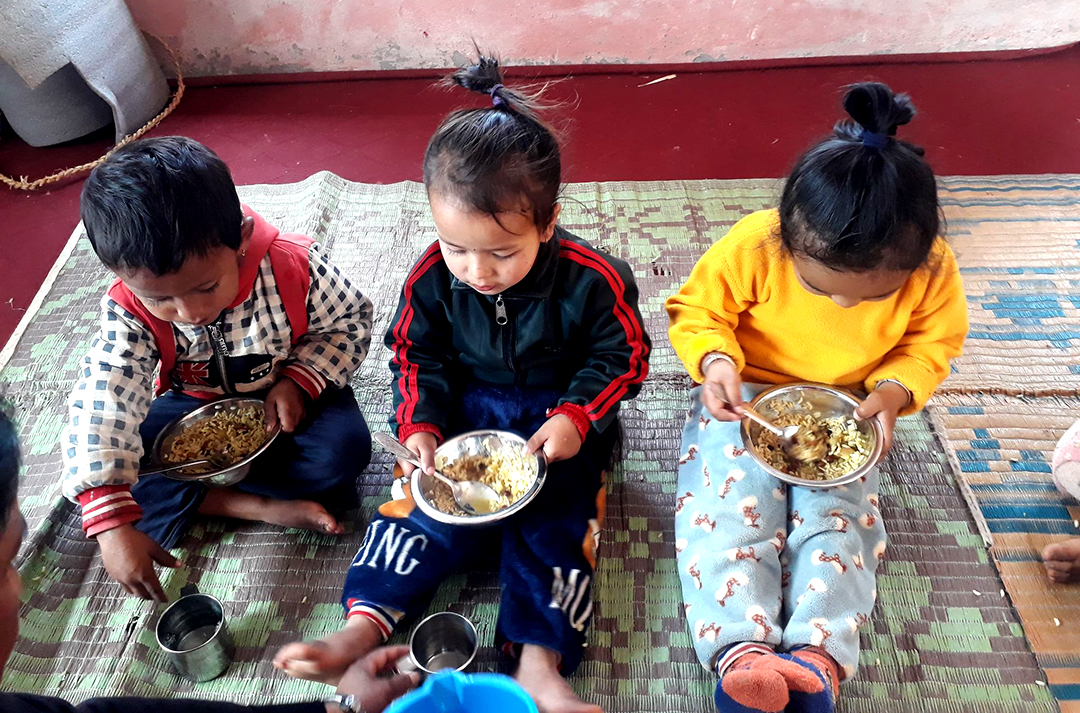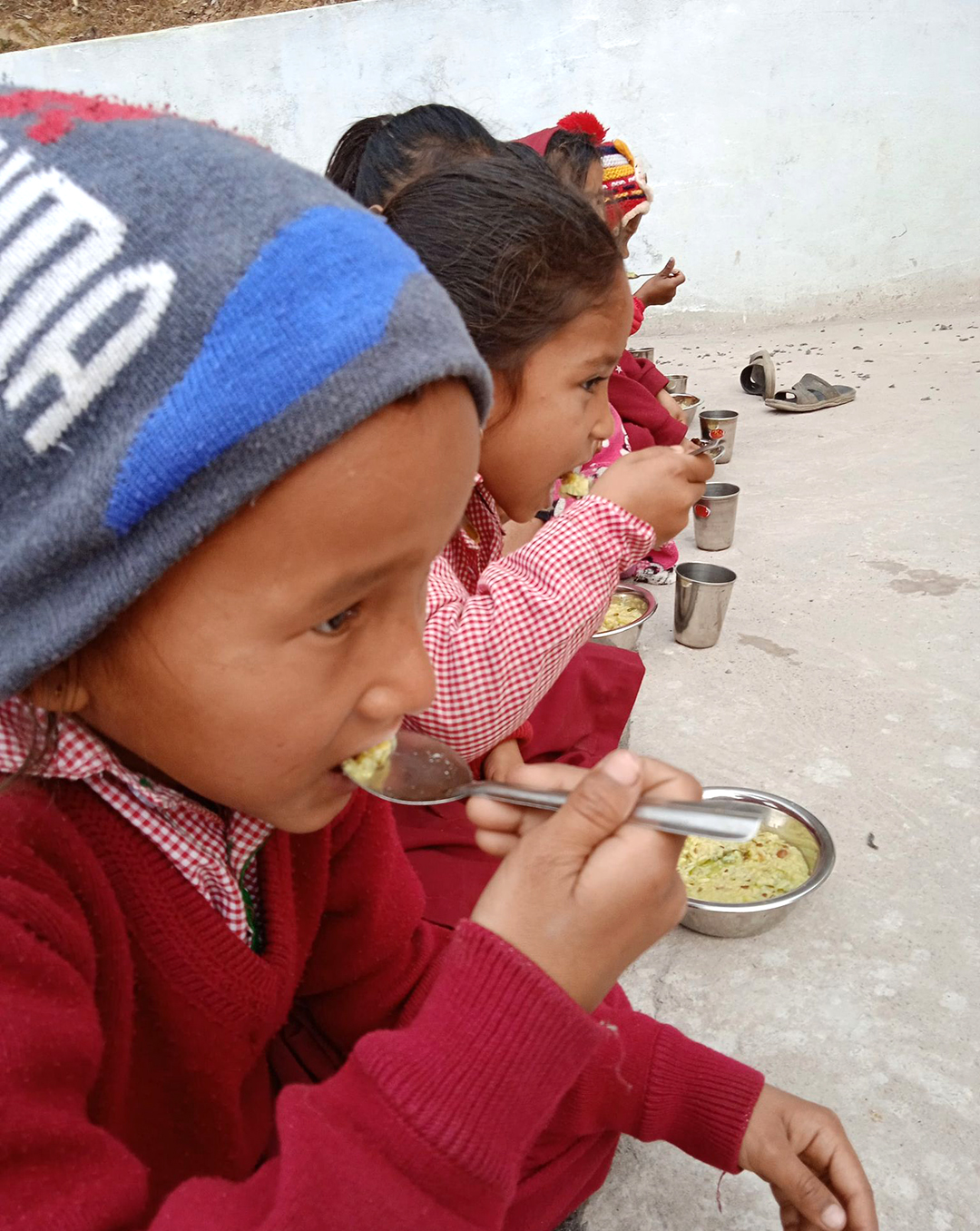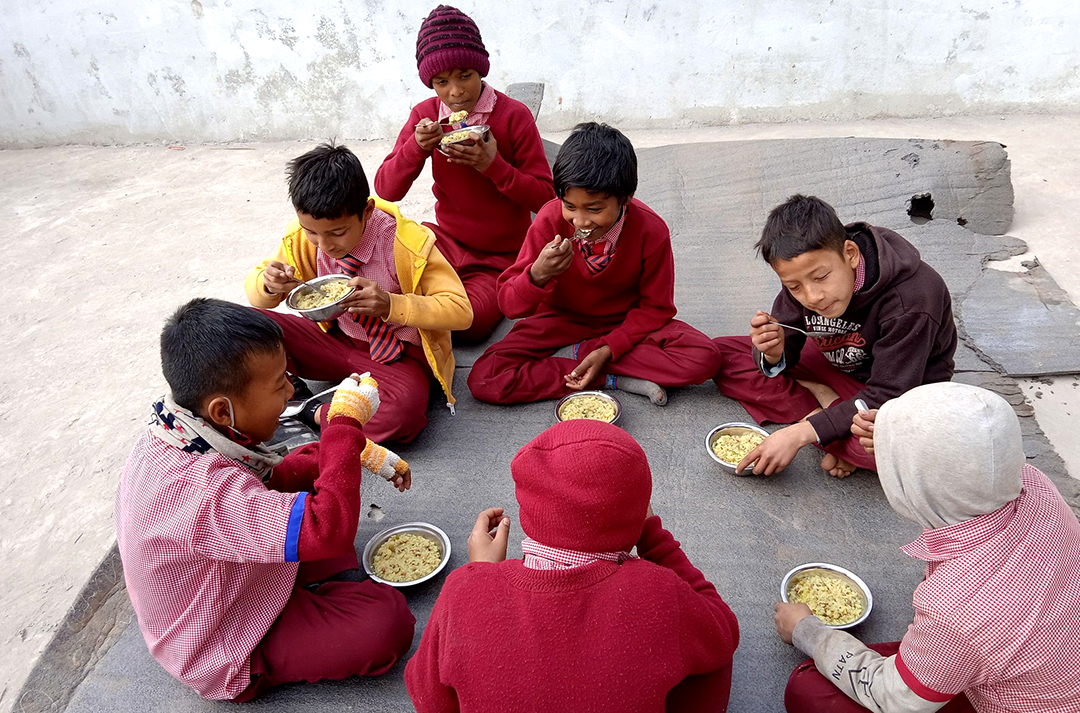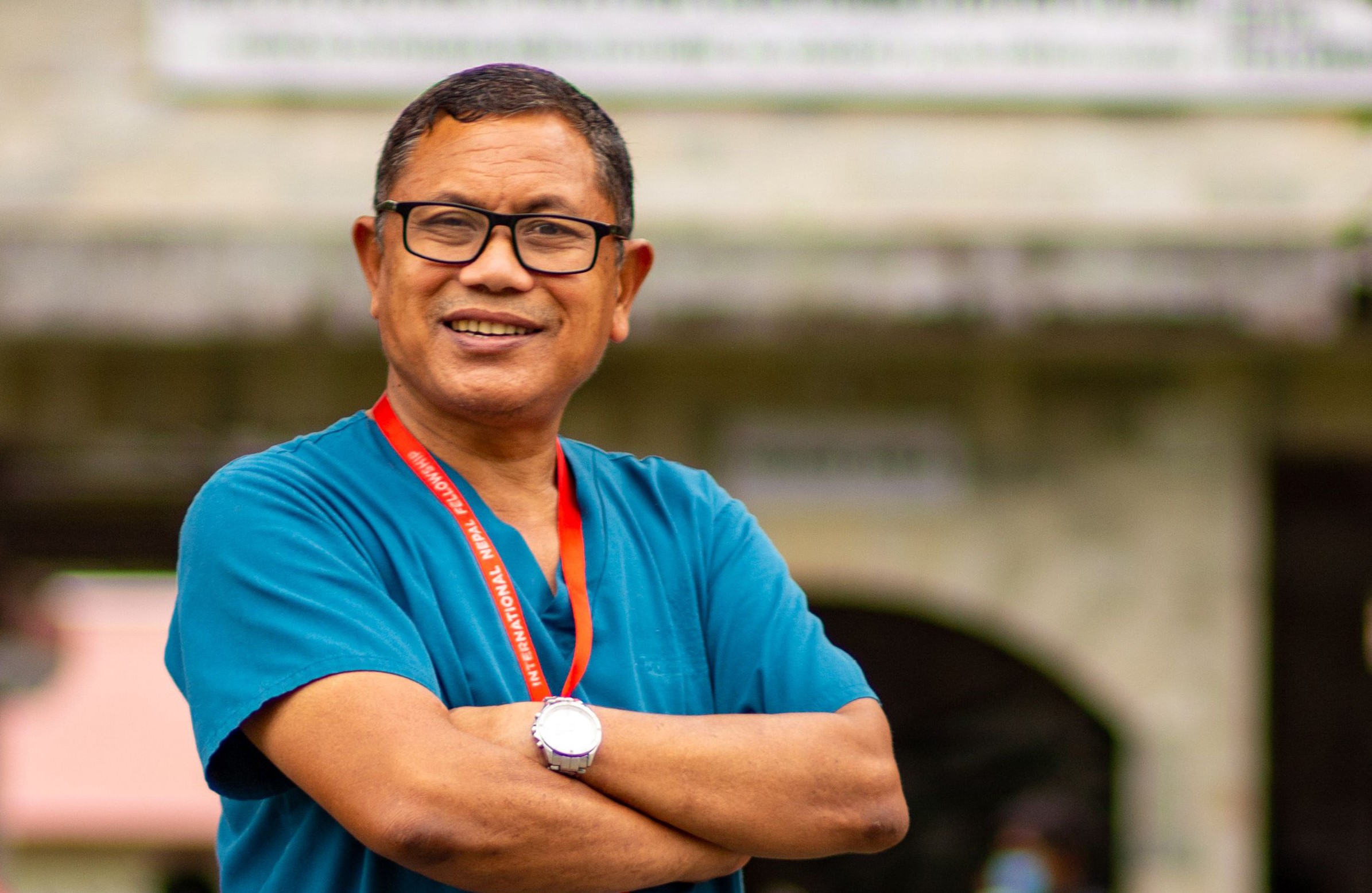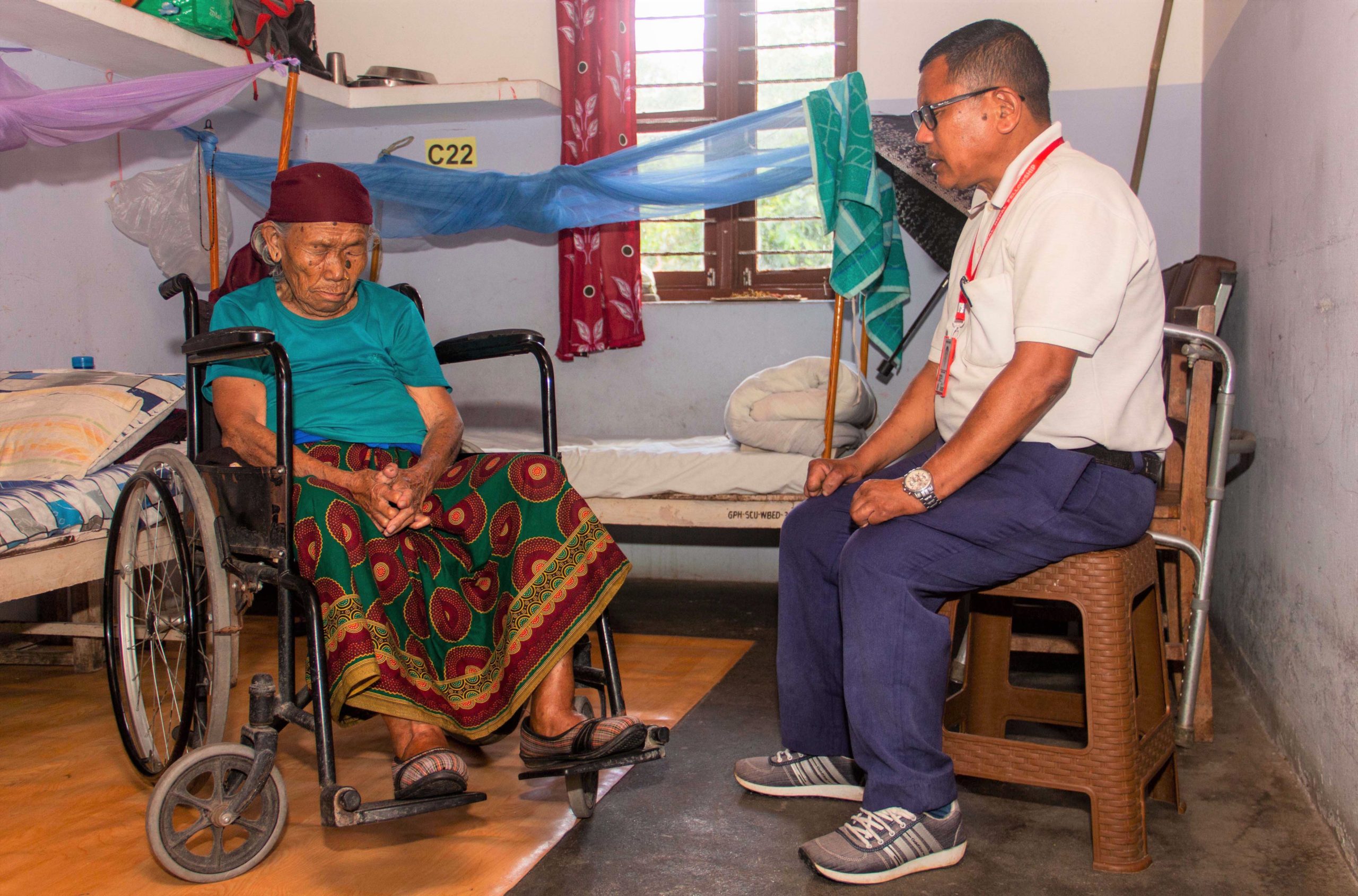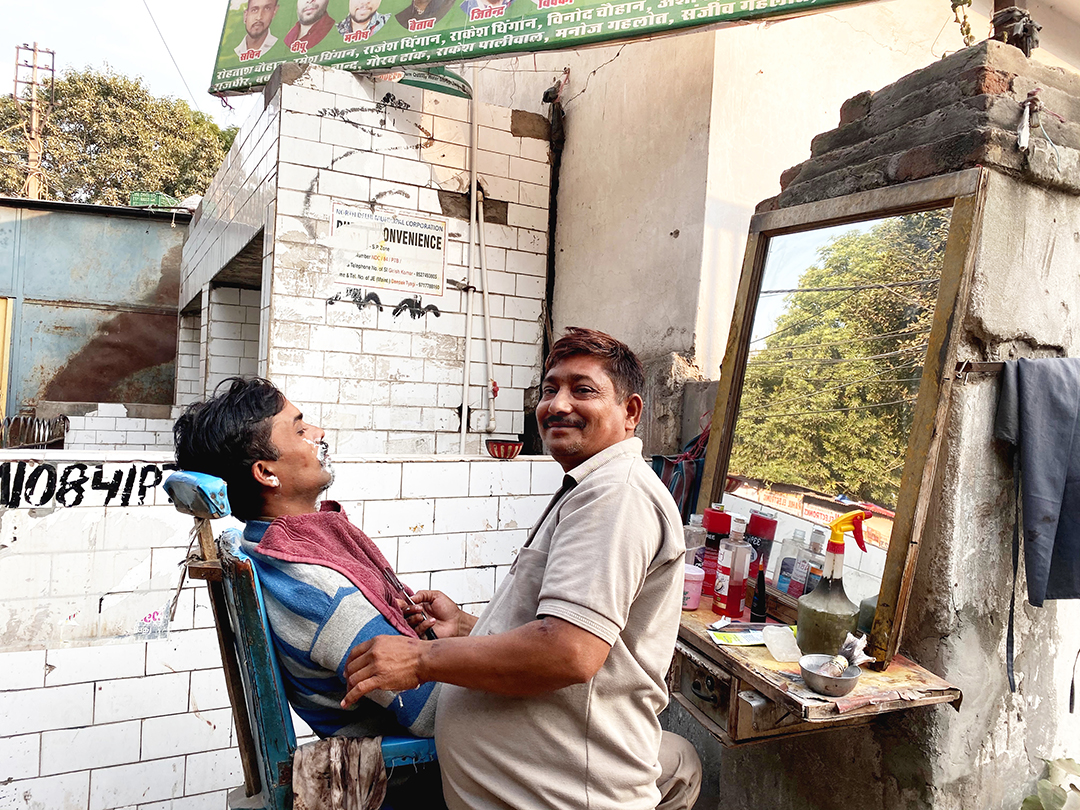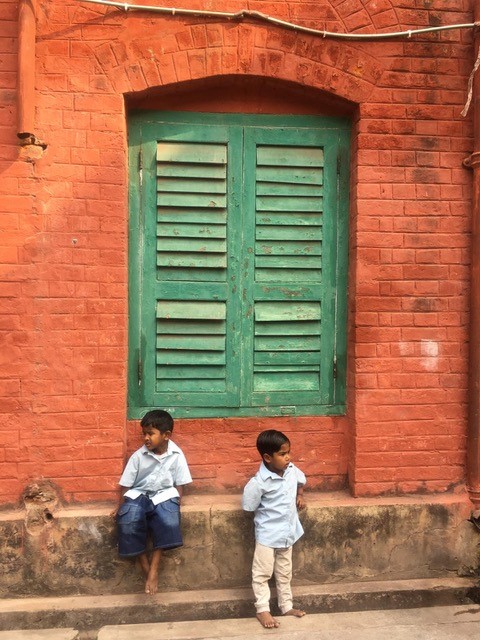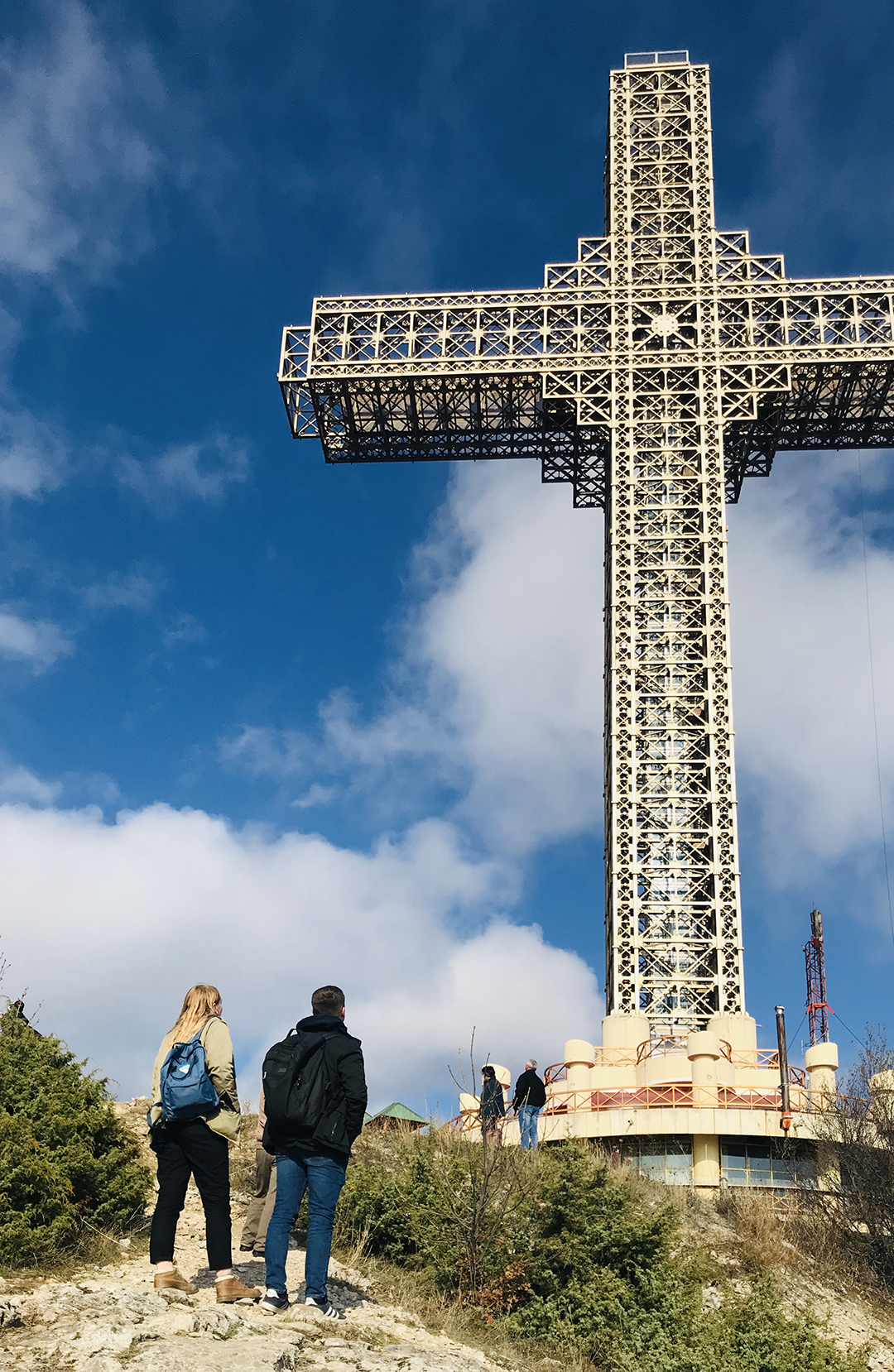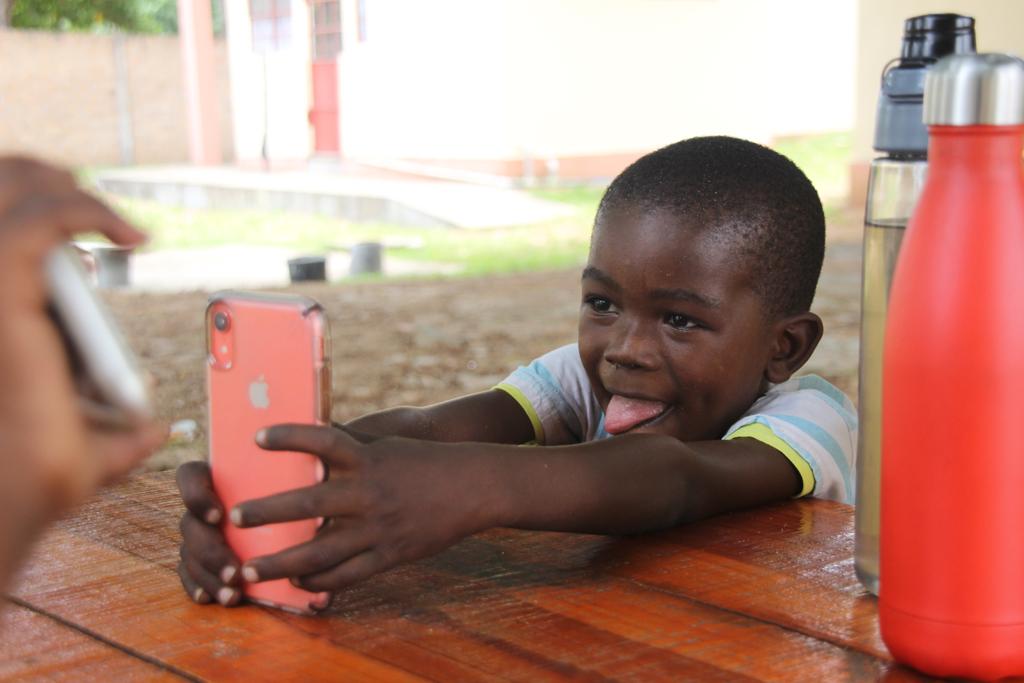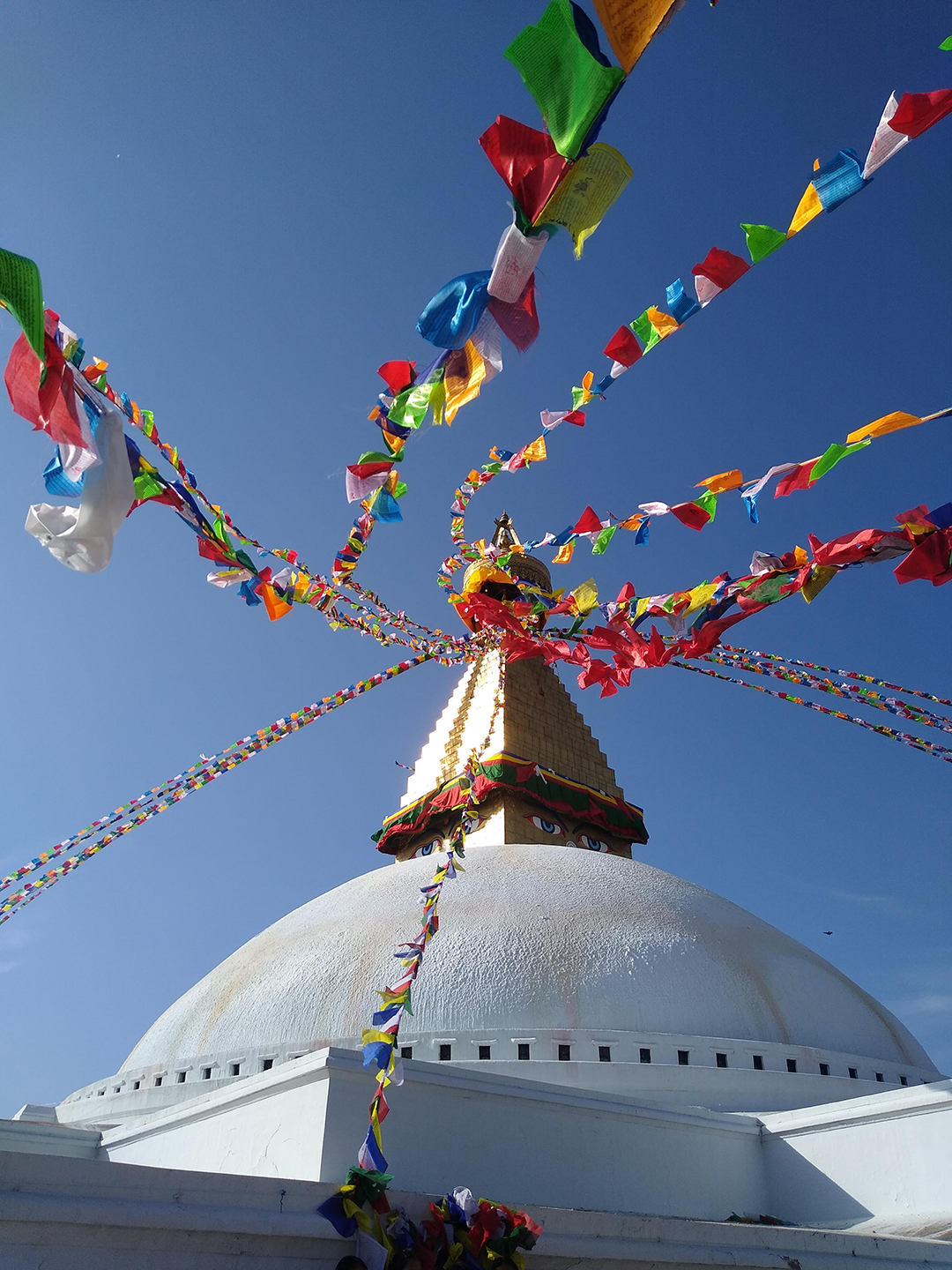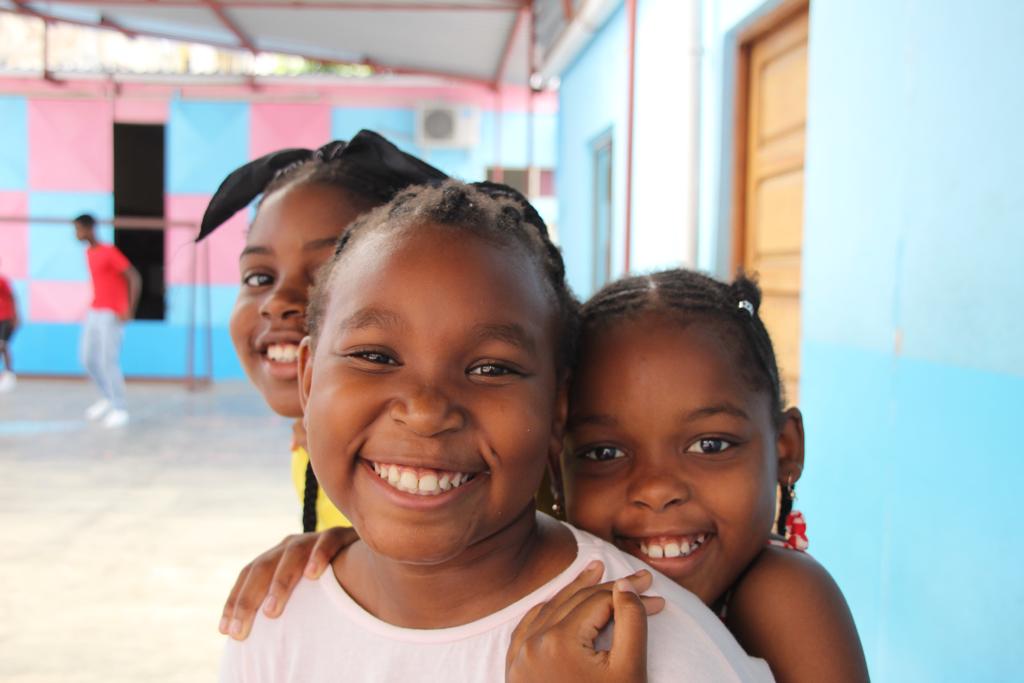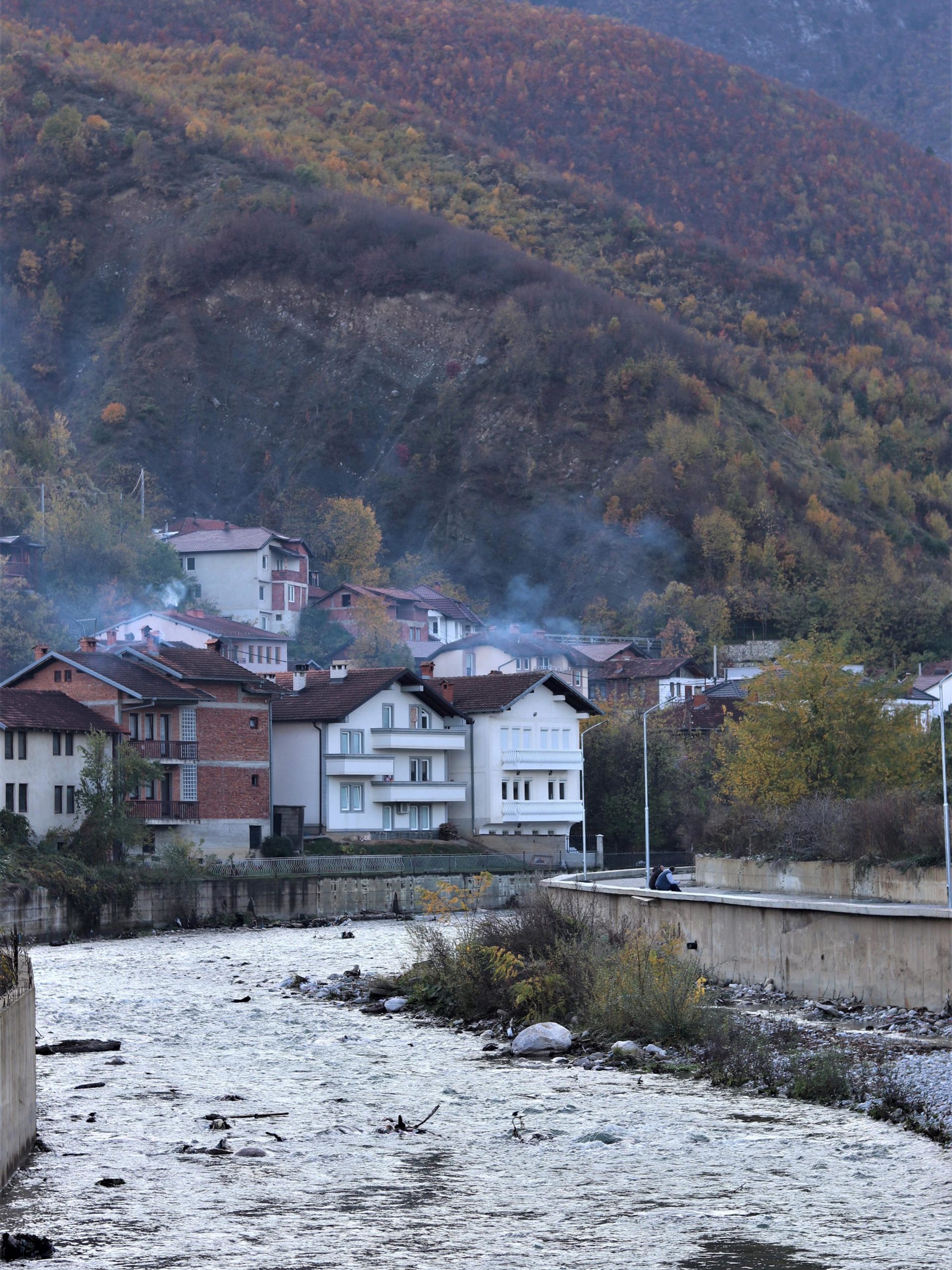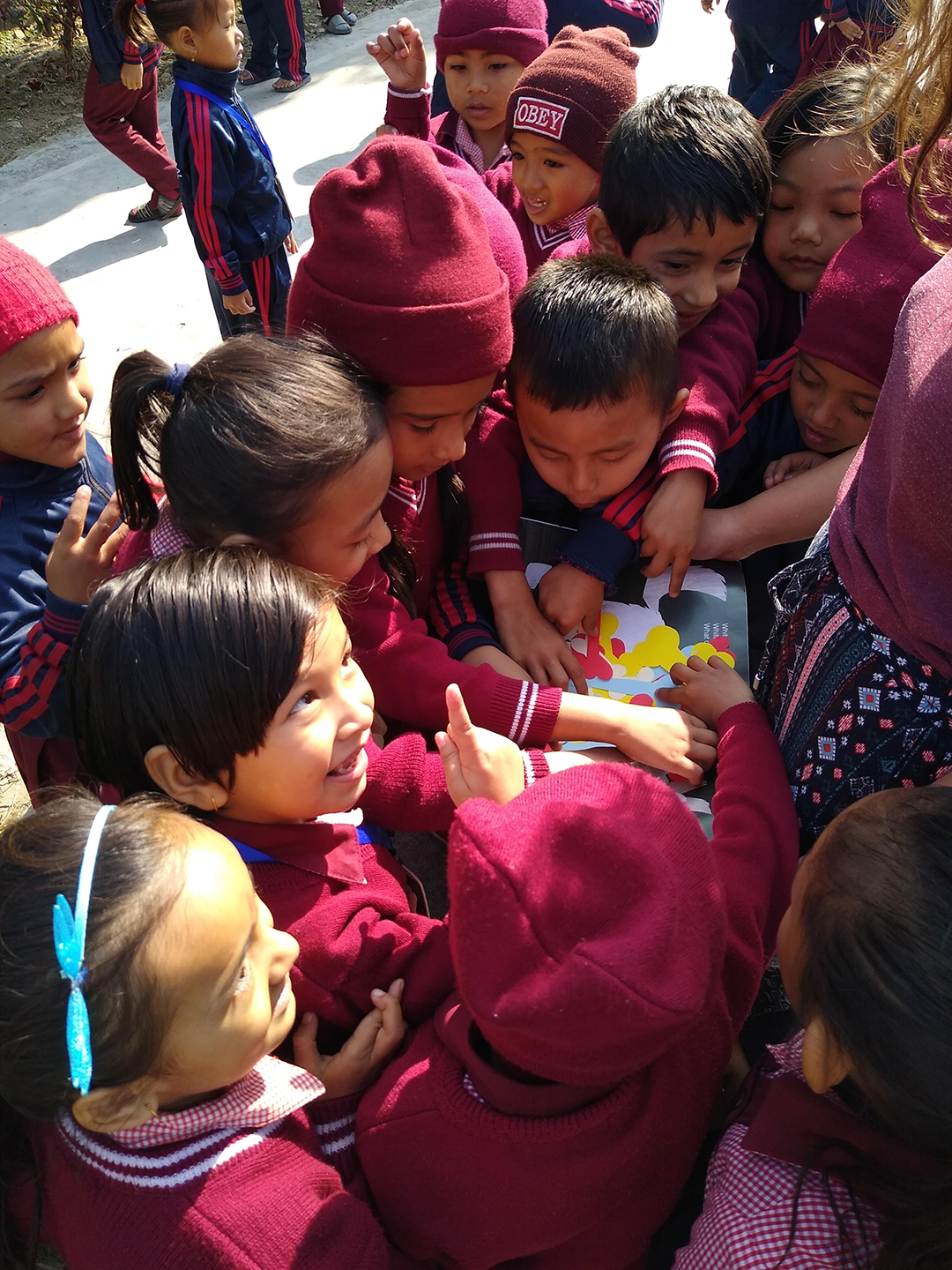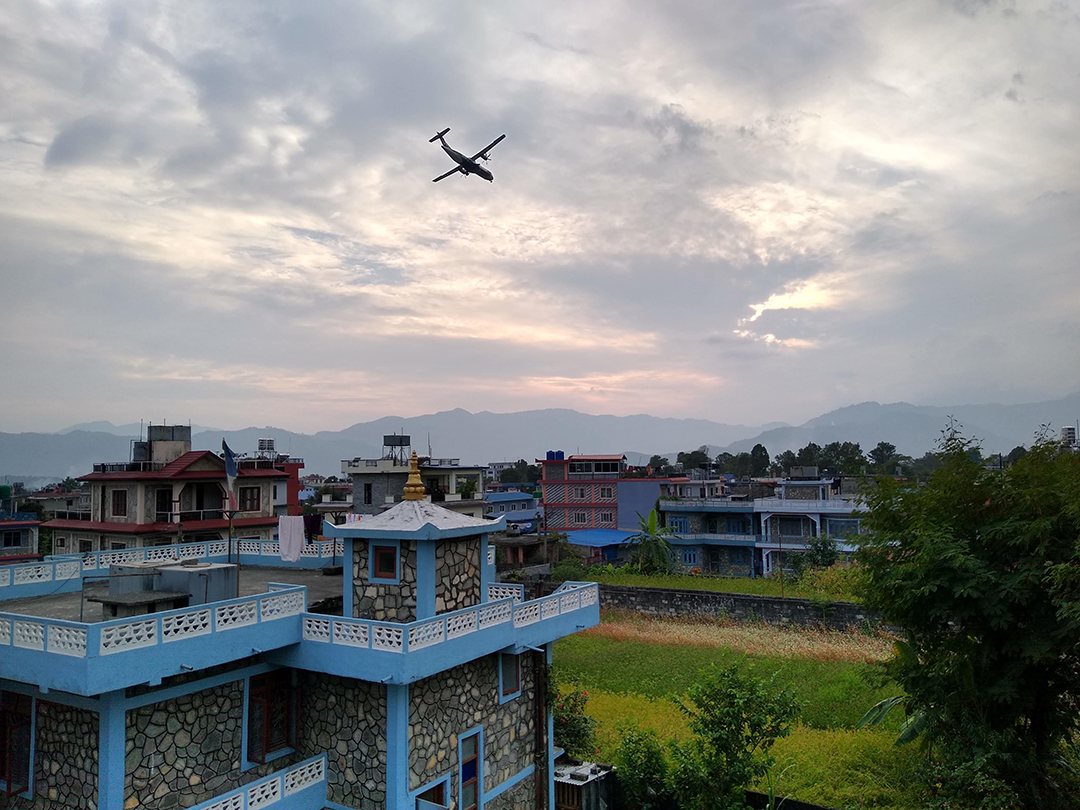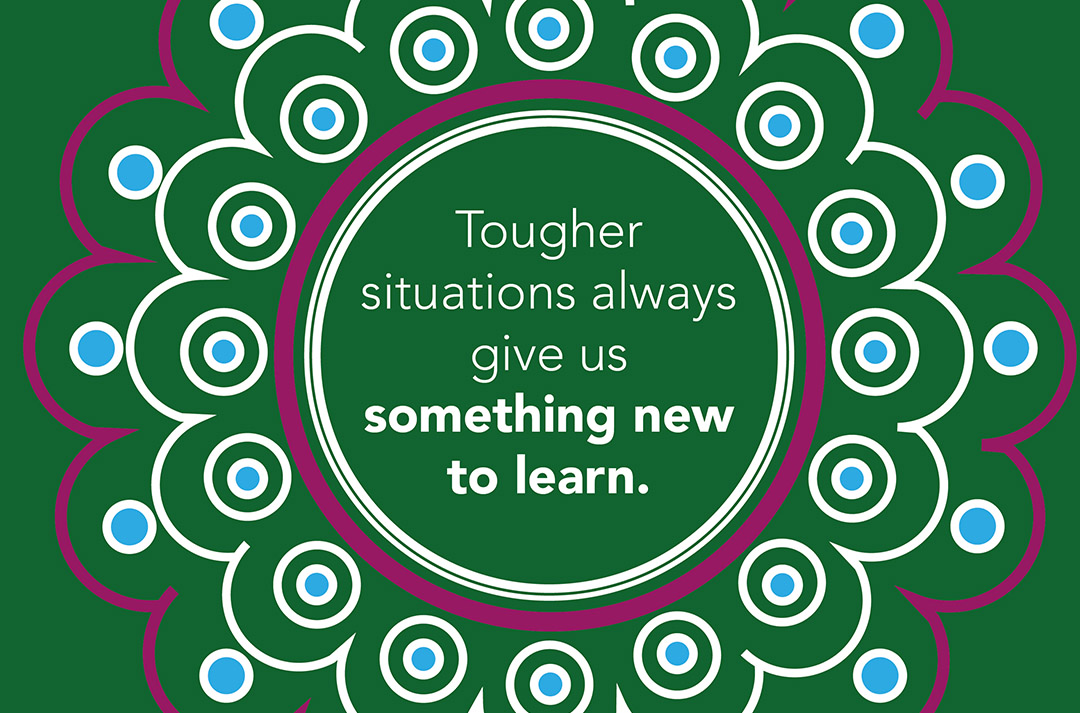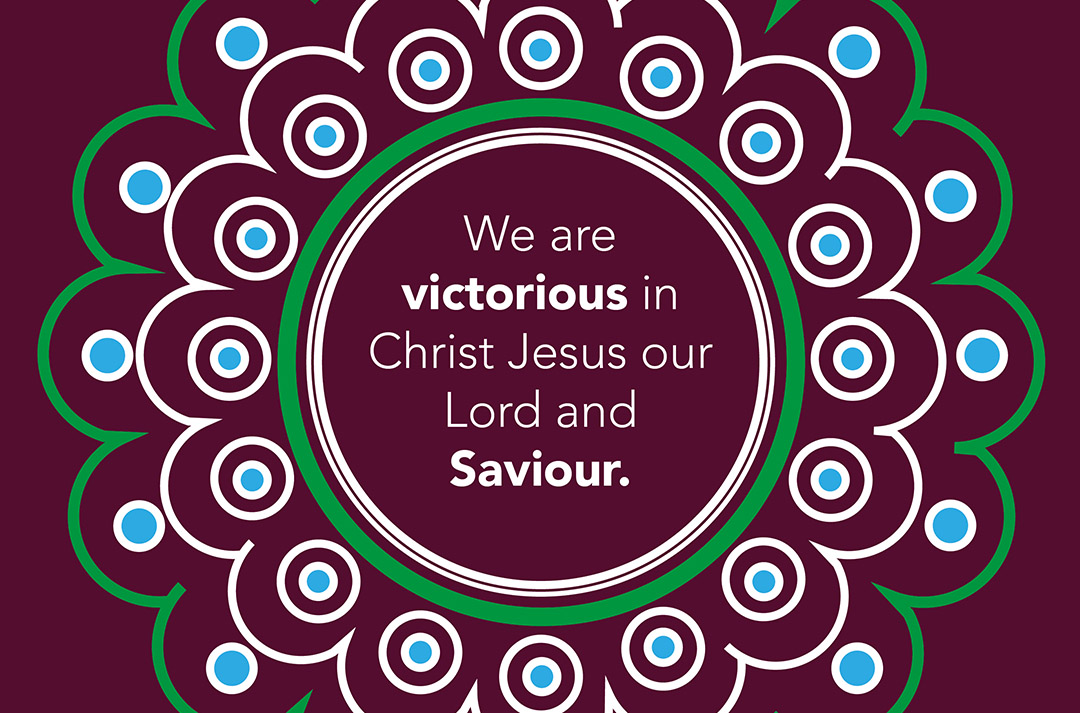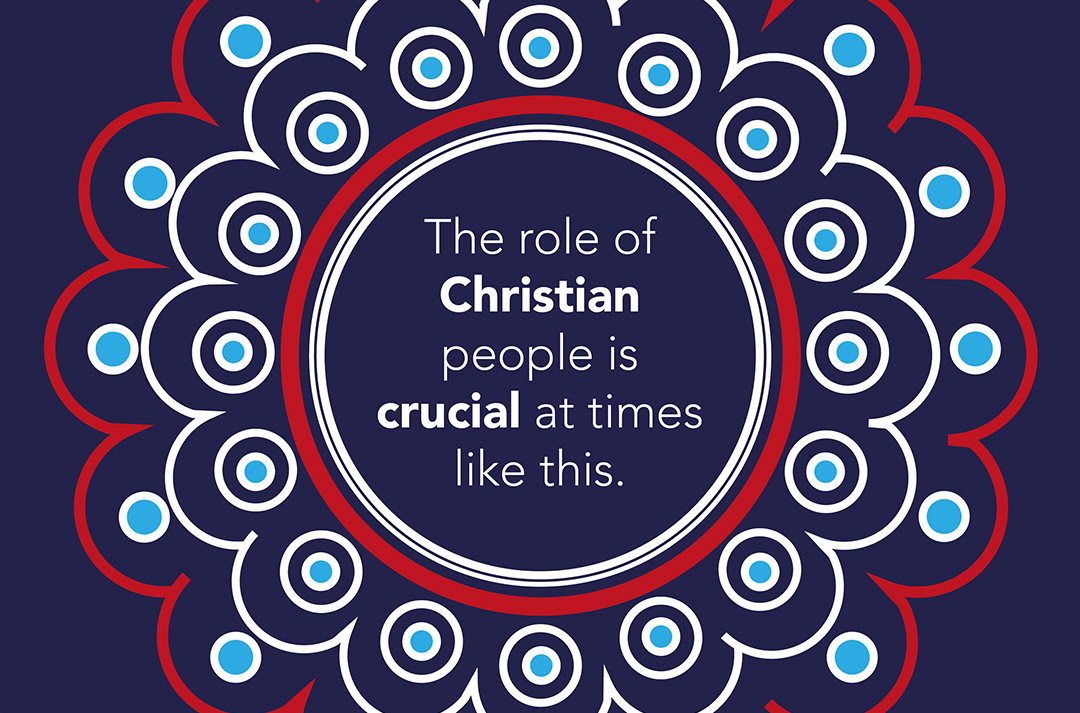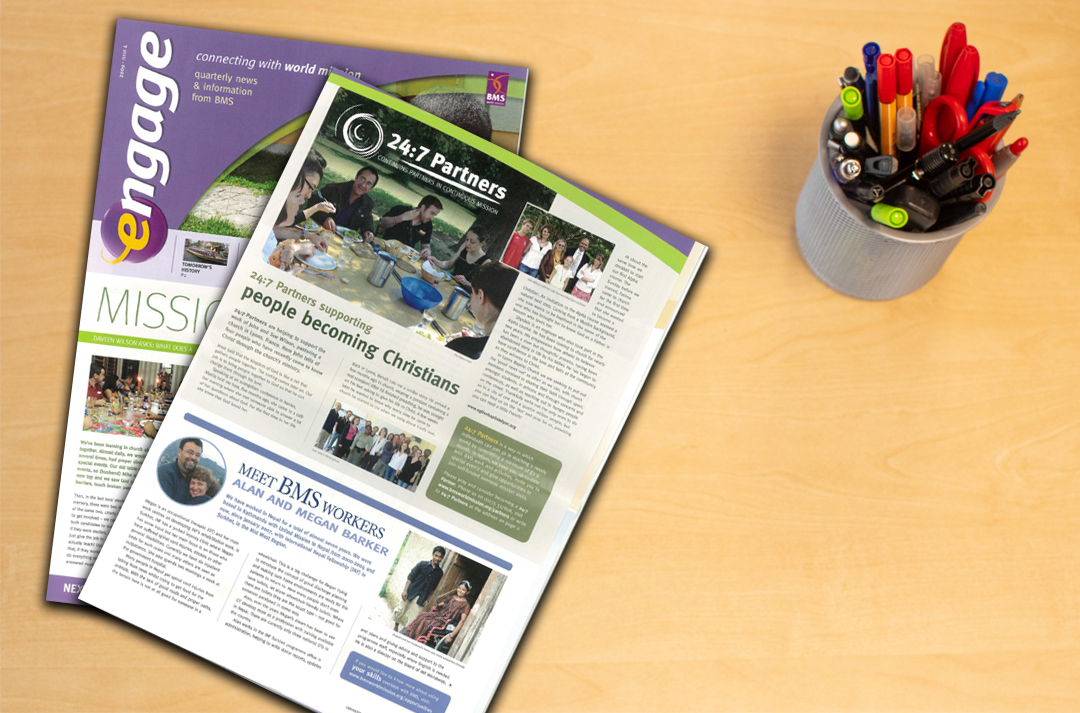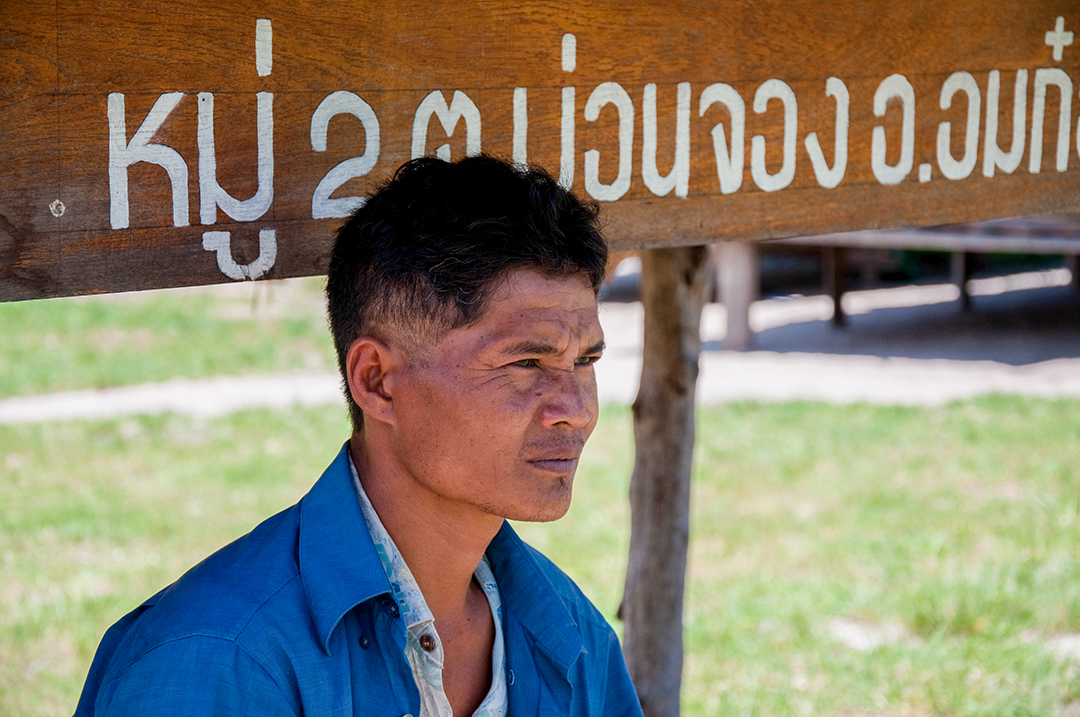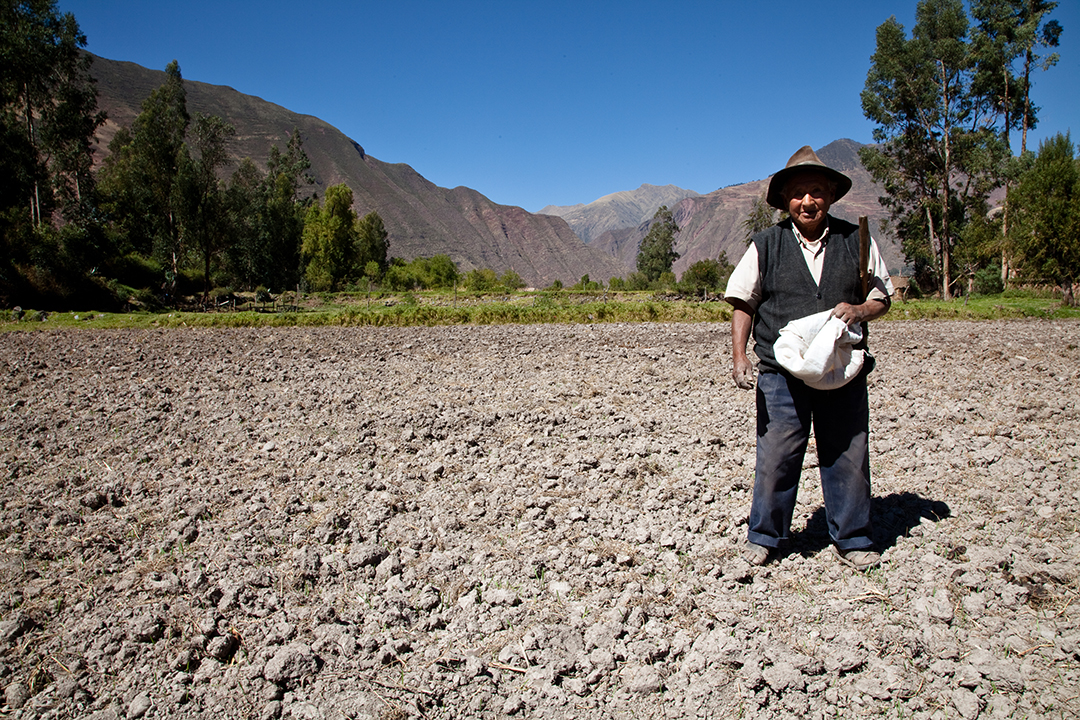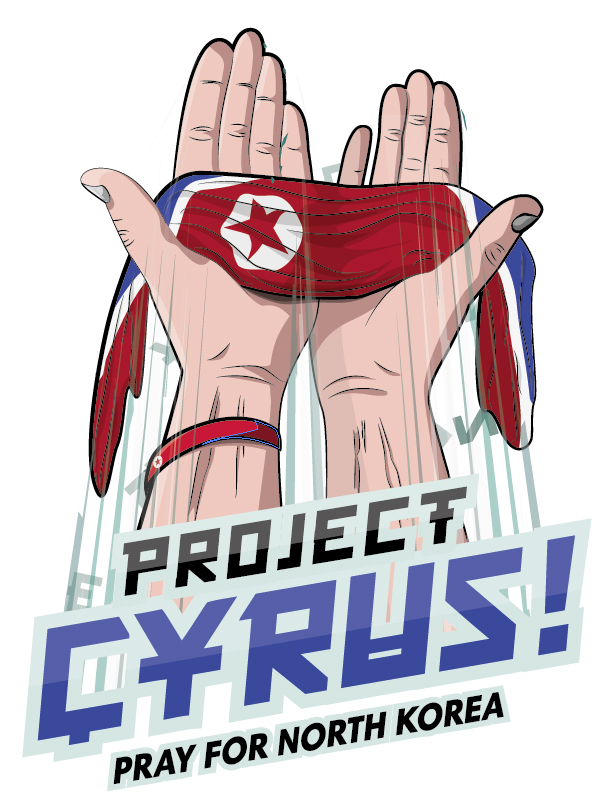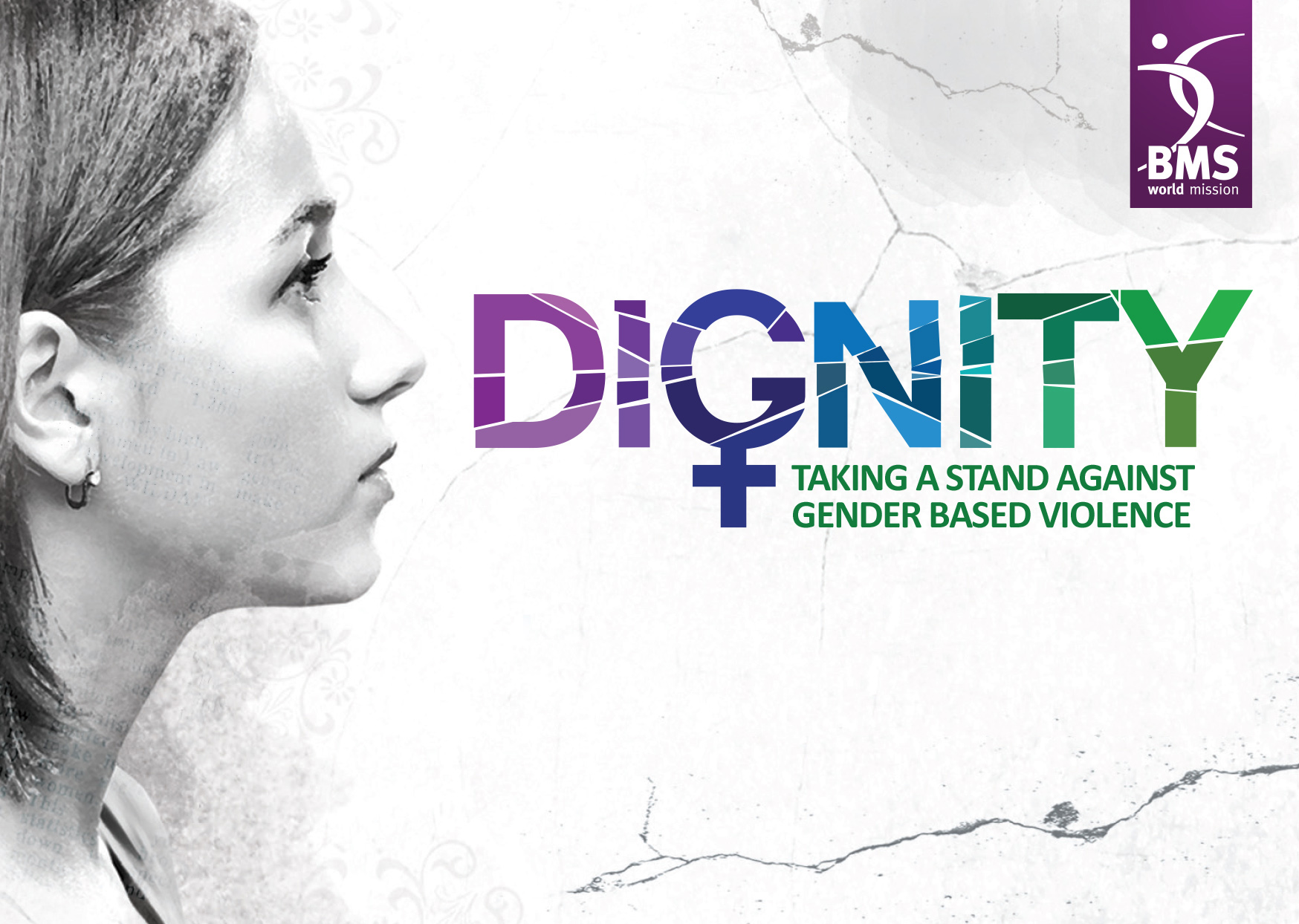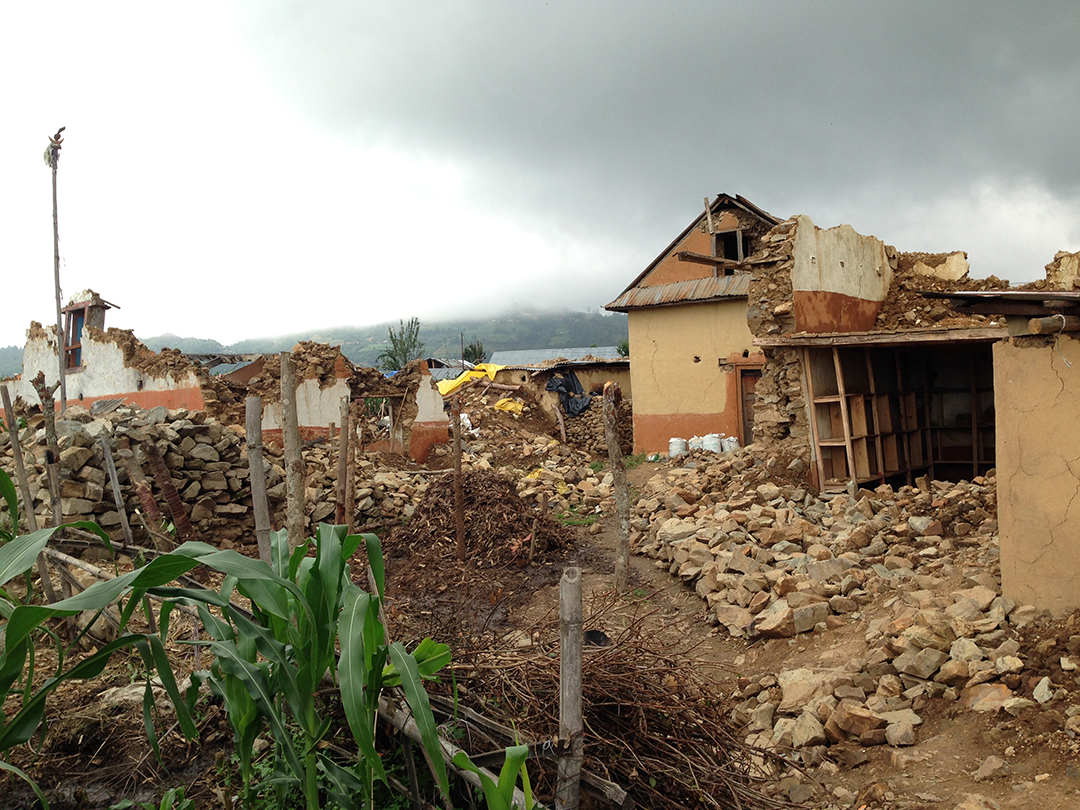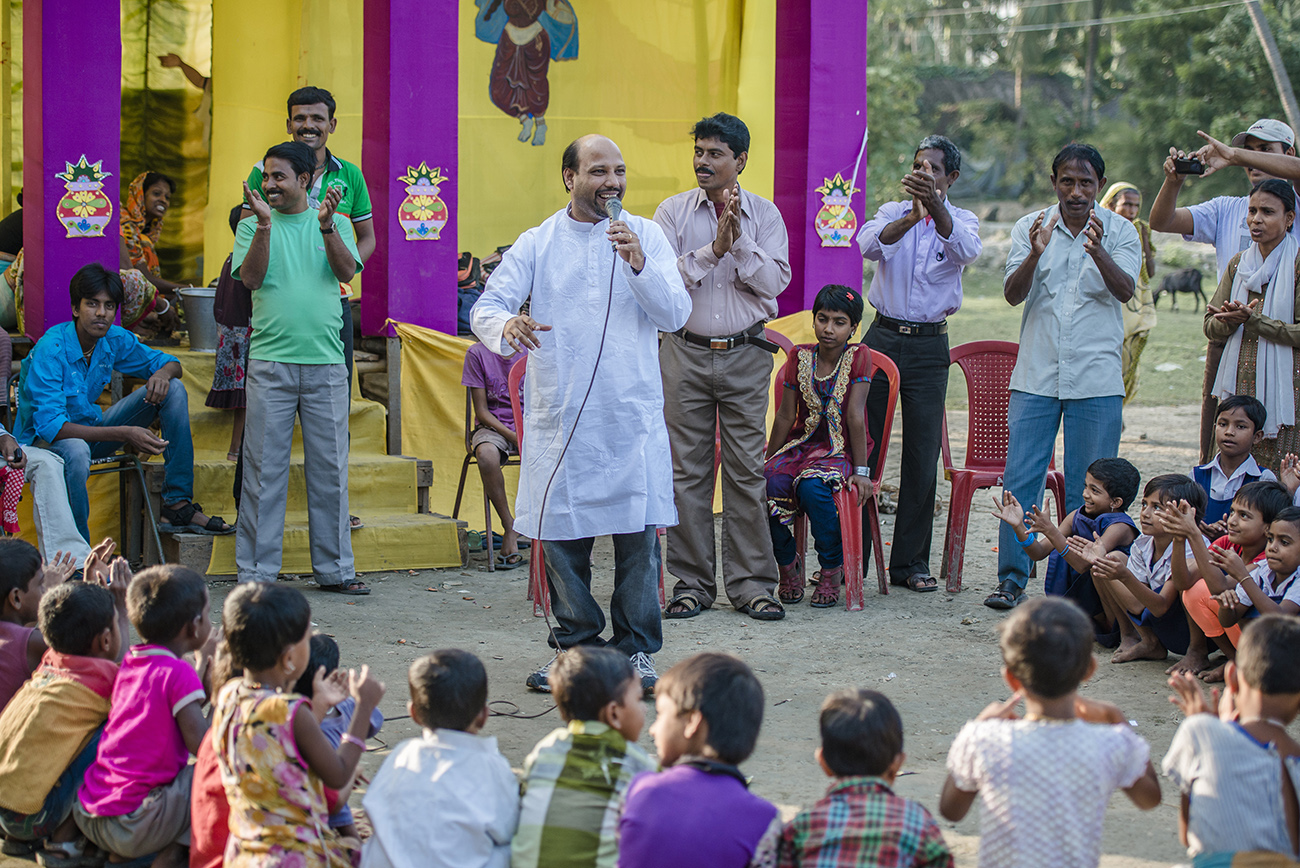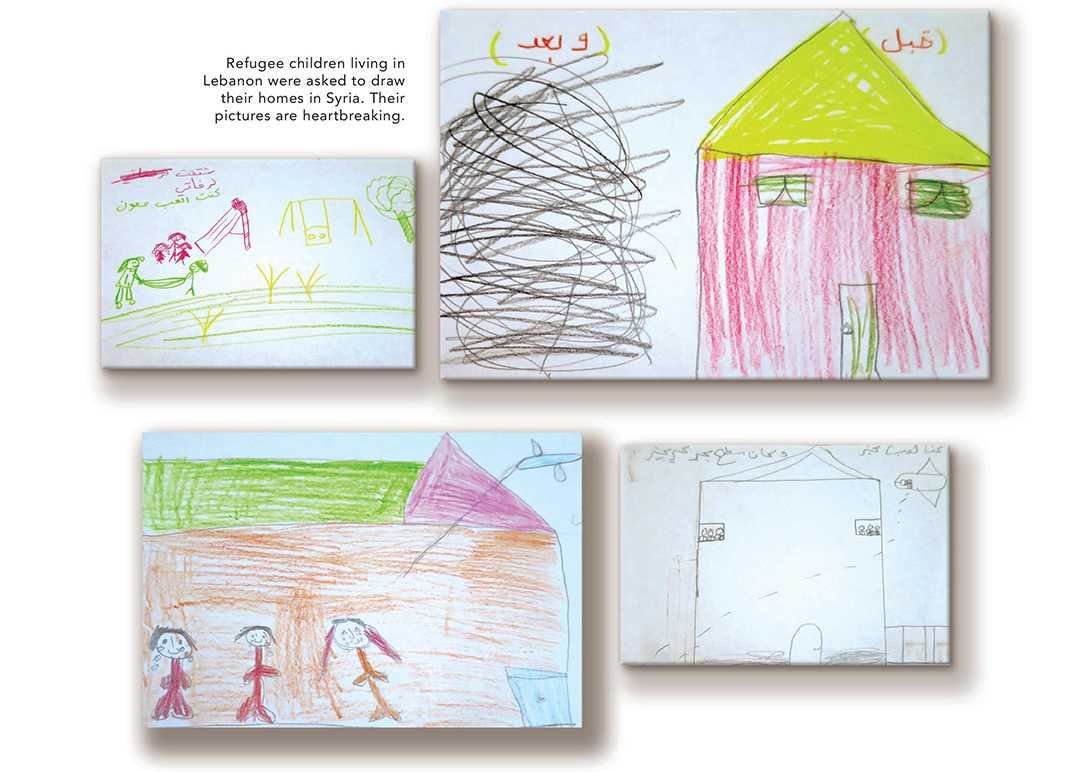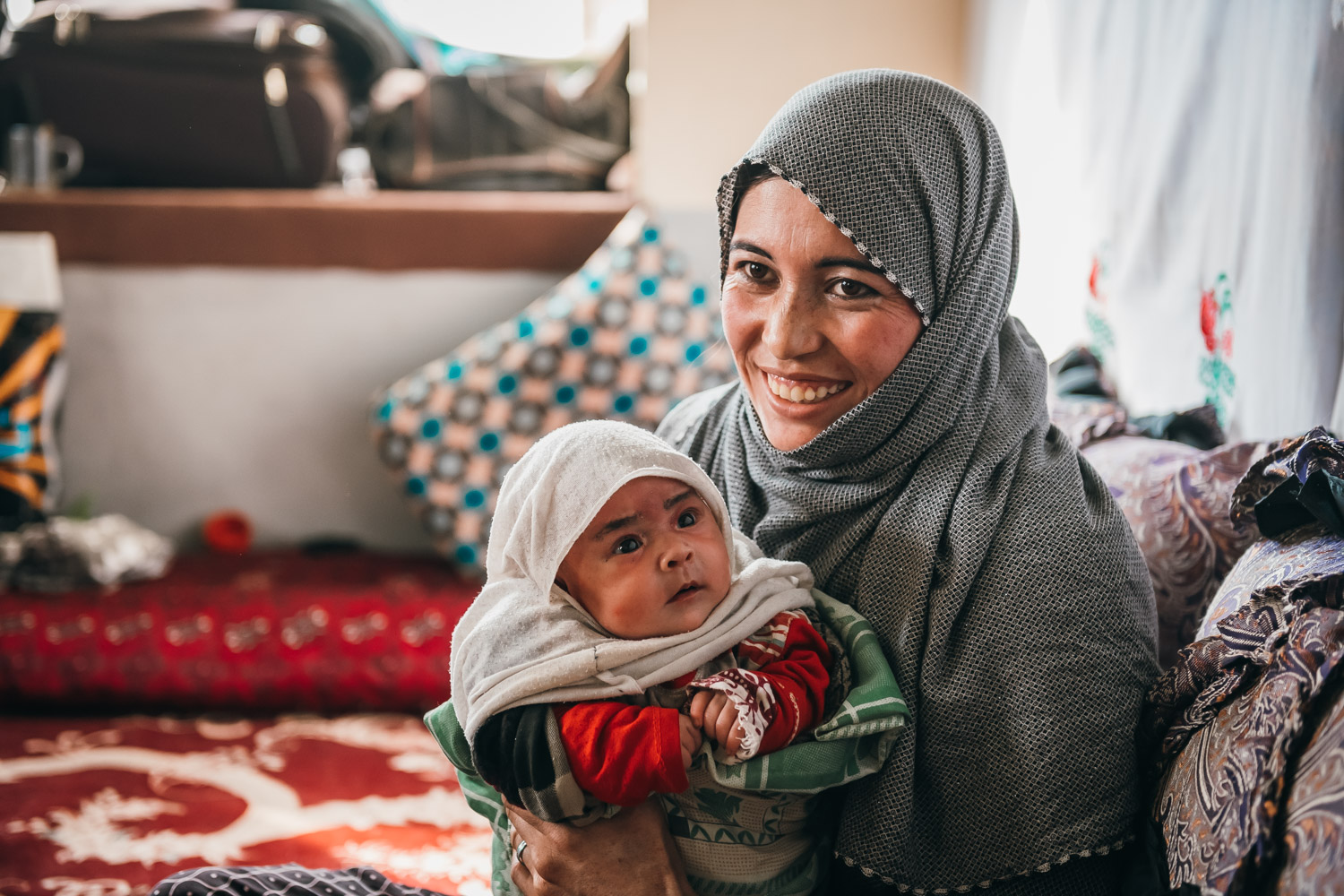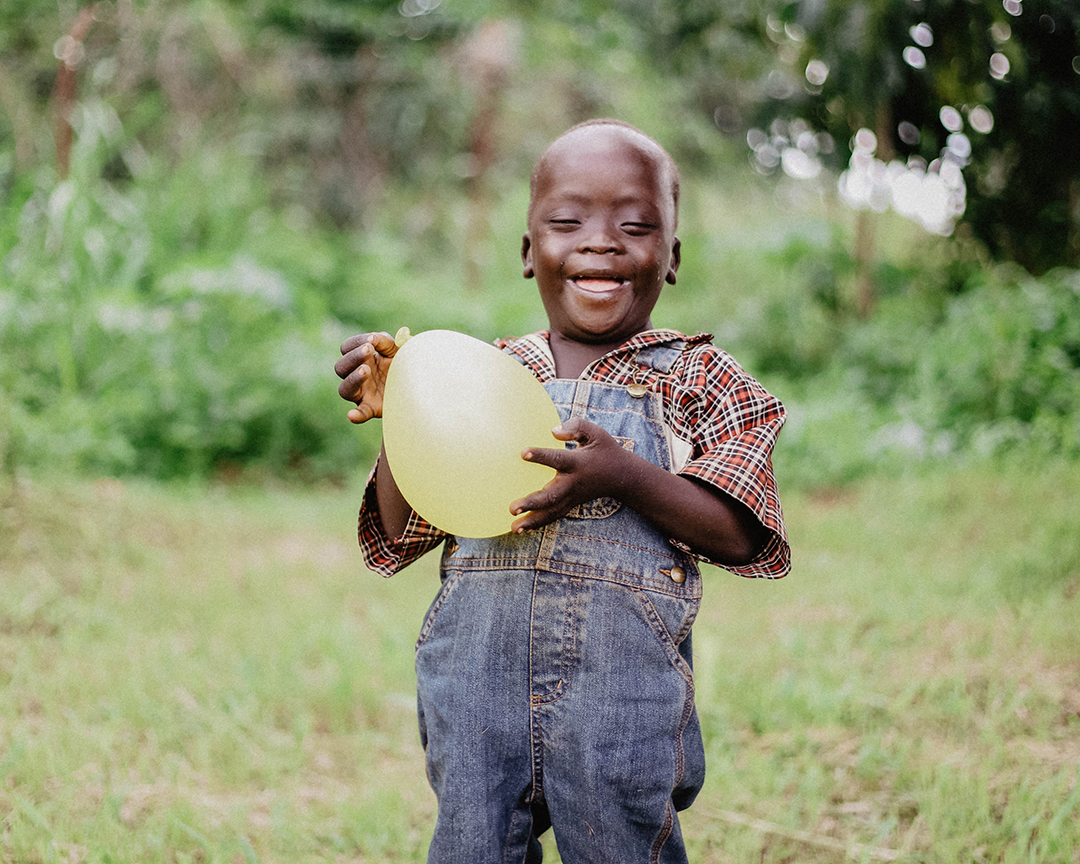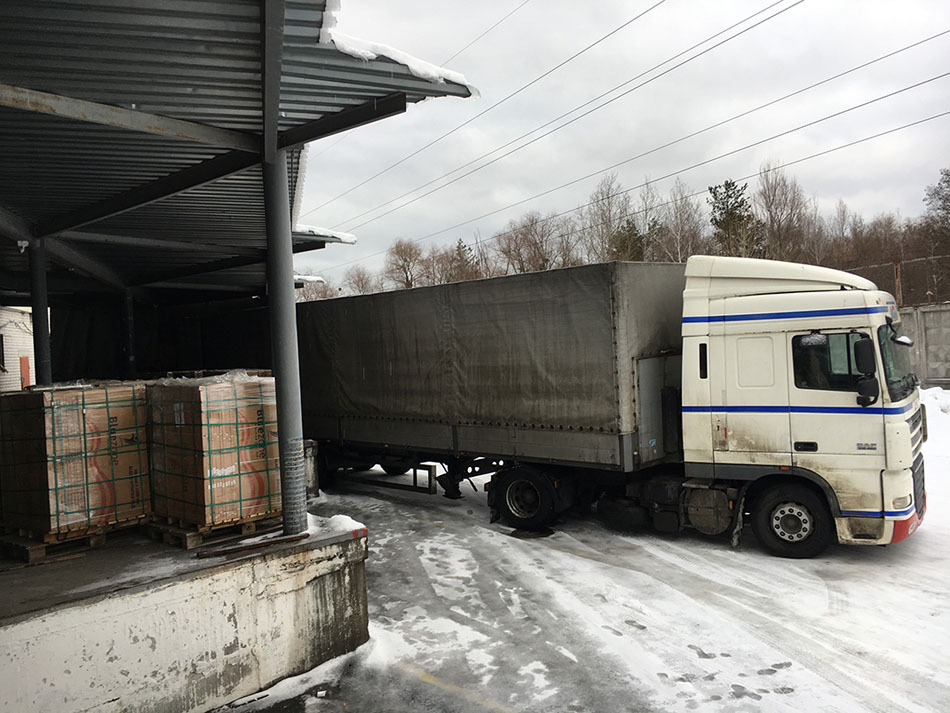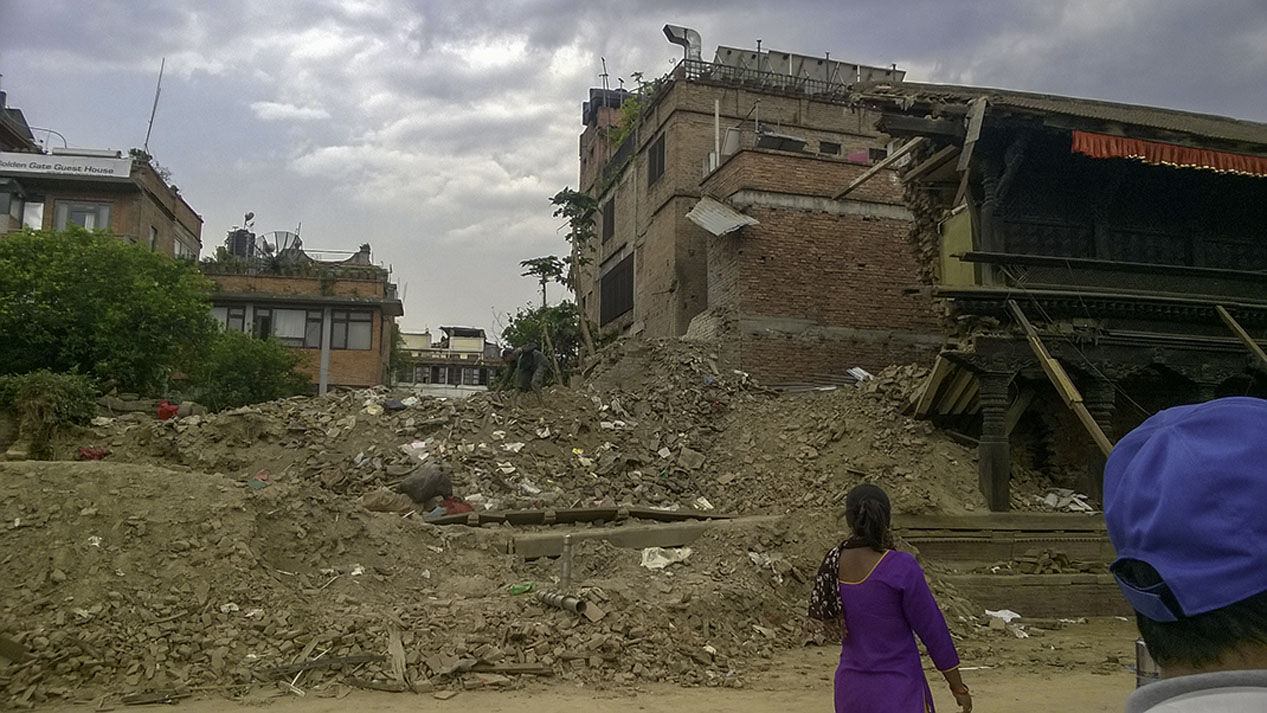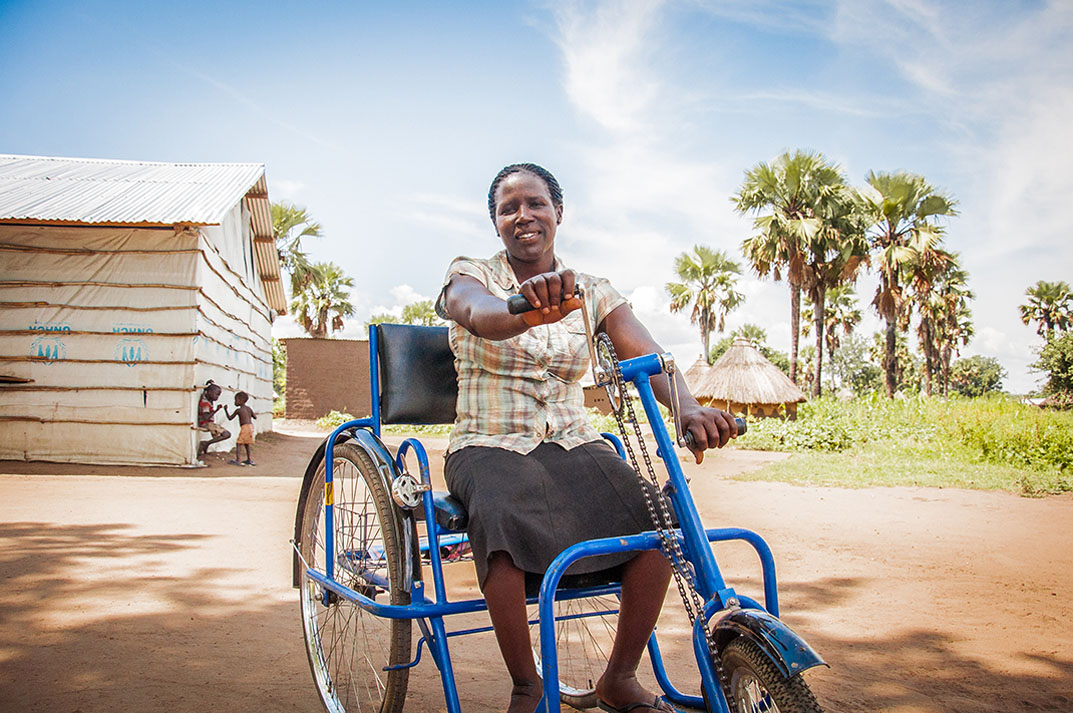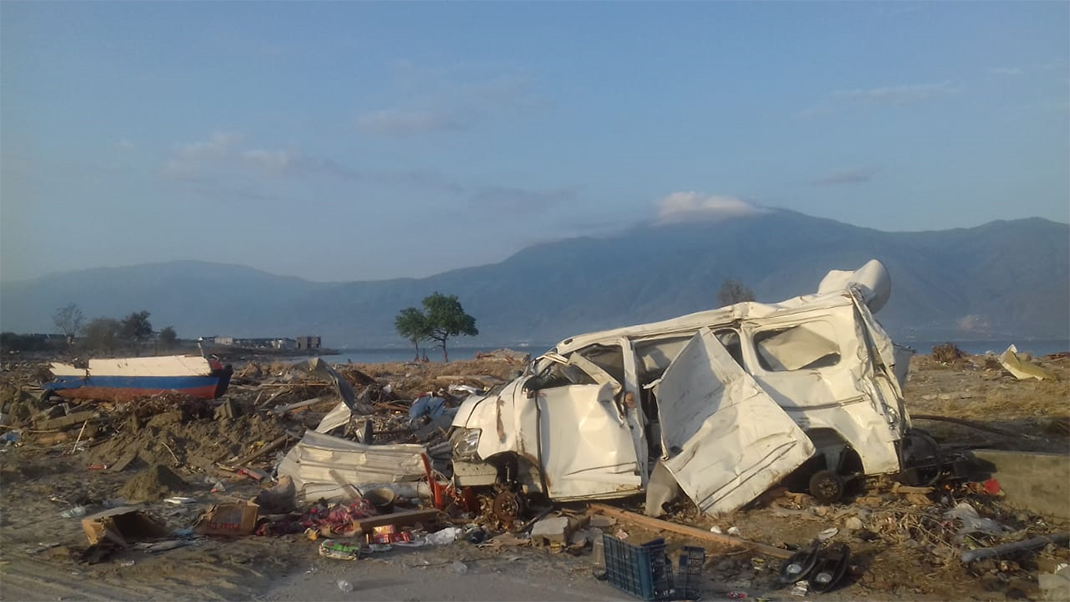Your prayers answered: disasters and people with disabilities
Your prayers answered:
disasters and people with disabilities
When an earthquake struck Nepal last November, Dilli Prasad Regmi’s family house collapsed in ruins. Their home was one of 27,000 destroyed by the 6.4 magnitude quake, leaving tens and tens of thousands homeless with winter approaching. Over 150 people lost their lives. Many of the buildings were made of mud and stone and could not withstand the violent shocks.
26-year-old Dilli and his family were left living under a tarpaulin throughout the bitterly cold winter. The shattering of his familiar surroundings was especially cruel for Dilli, who is completely blind and is entirely dependent on his family for all his daily activities. Often disabled people are overlooked in the immediate aftermath of a disaster and cannot reach relief distribution centres.
Dilli finds living with his disability challenging and struggles to make new friends and find acceptance within his community. BMS World Mission’s partners in Nepal, Human Development and Community Services (HDCS), prioritised reaching people like Dilli after the earthquake. Thanks to your dedicated prayers and generosity, HDCS were able to provide much-needed blankets and warm clothes for Dilli’s family.
Our partners also saw how Dilli needed mobility support to help him live with his disability. They gave him a white stick and five days of training on how to use it to feel for obstacles. Now Dilli finds it much easier to walk around the village and is growing in confidence and independence. He is very grateful for the support provided by HDCS and for the generosity of people like you who want to offer hope in the face of disaster and injustice.
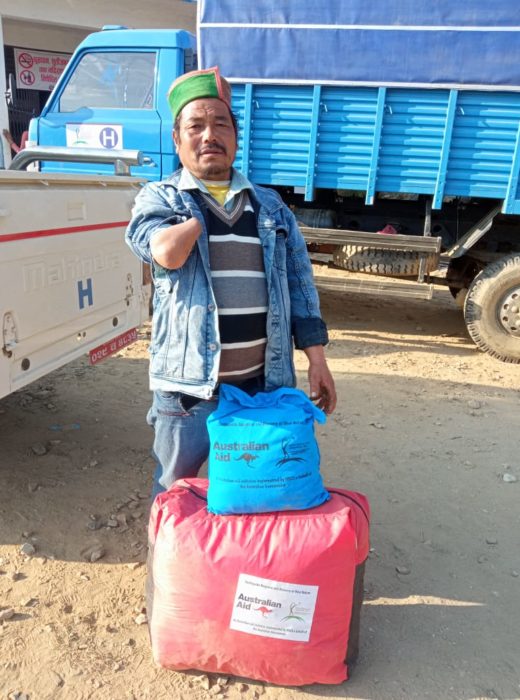
Rebuilding brick by brick
The path to recovery doesn’t end with providing emergency relief. One field worker told BMS mission workers Alan and Megan Barker about a man they were helping in West Rukum District – one of the areas worst affected by the earthquake. The man was deeply grateful for the food package and shelter materials he received but turning to the pile of rubble that used to be his home, he said, “but what do I do about this?” Six months on, our partners are responding by building earthquake resilient homes and training local builders in their design and construction. Brick by brick, your generosity is rebuilding homes and livelihoods.
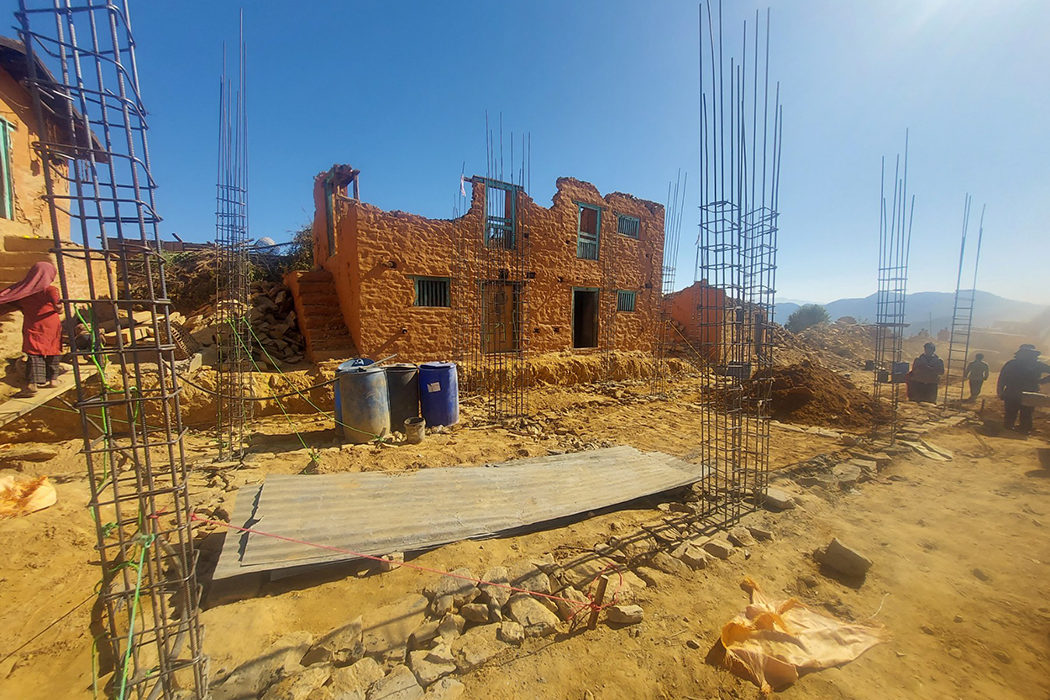
Scars we can’t see
Disasters also leave scars that are not just physical. Many people, especially children, were traumatised by the loss of homes and family members in the earthquake. Our partners are now providing emotional and mental rehabilitation for schoolchildren and teachers at a local school. They are also training community mobilisers to offer mental health support to survivors and to walk alongside people on their journey of healing.
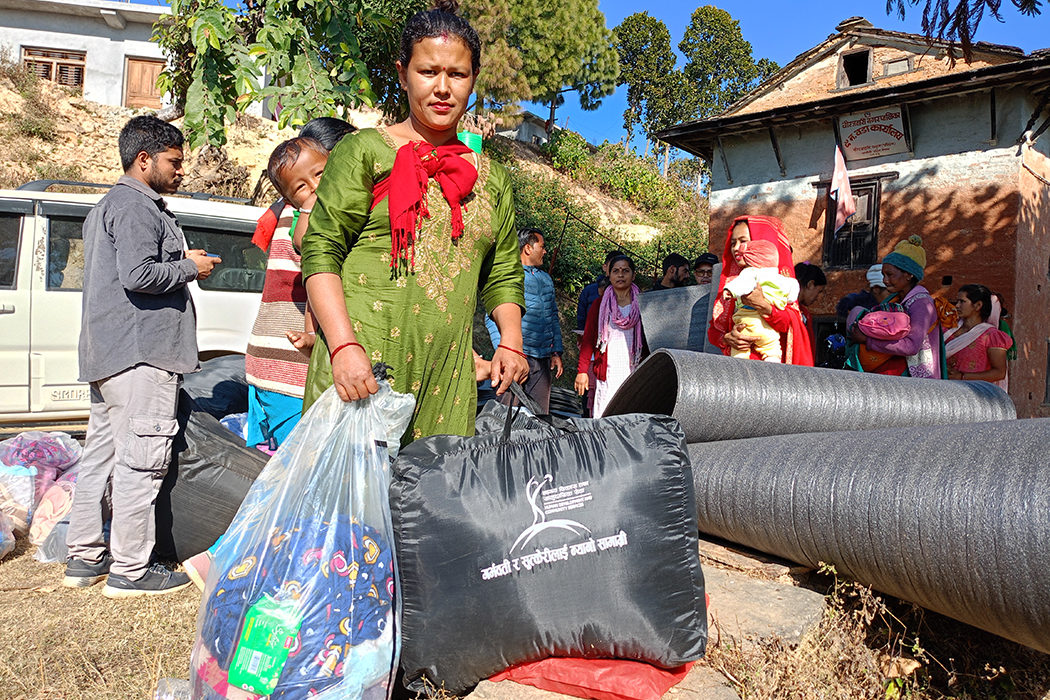
God is faithful and has so answered so many of your prayers for Nepal. Thanks to your support, Nepalese churches are putting God’s love into action by strengthening communities, so that they are better prepared to face challenges in the future. You are partnering with your Nepalese brothers and sisters in Christ as they rebuild homes and livelihoods and offer hope for the world.

Pictures from HDCS, words by Chris Manktelow


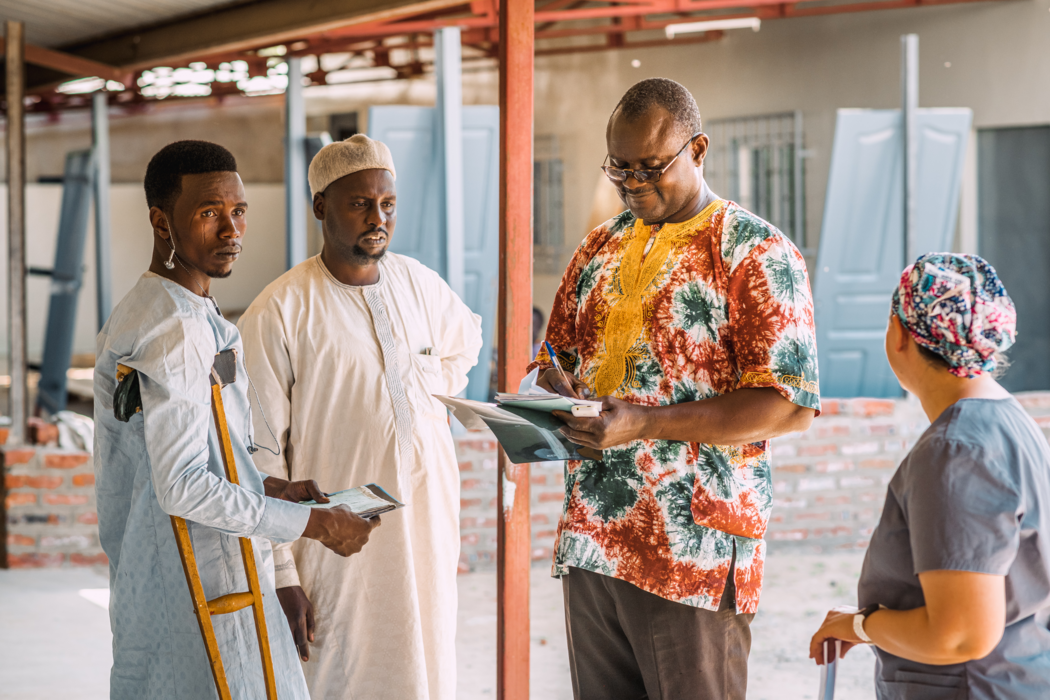

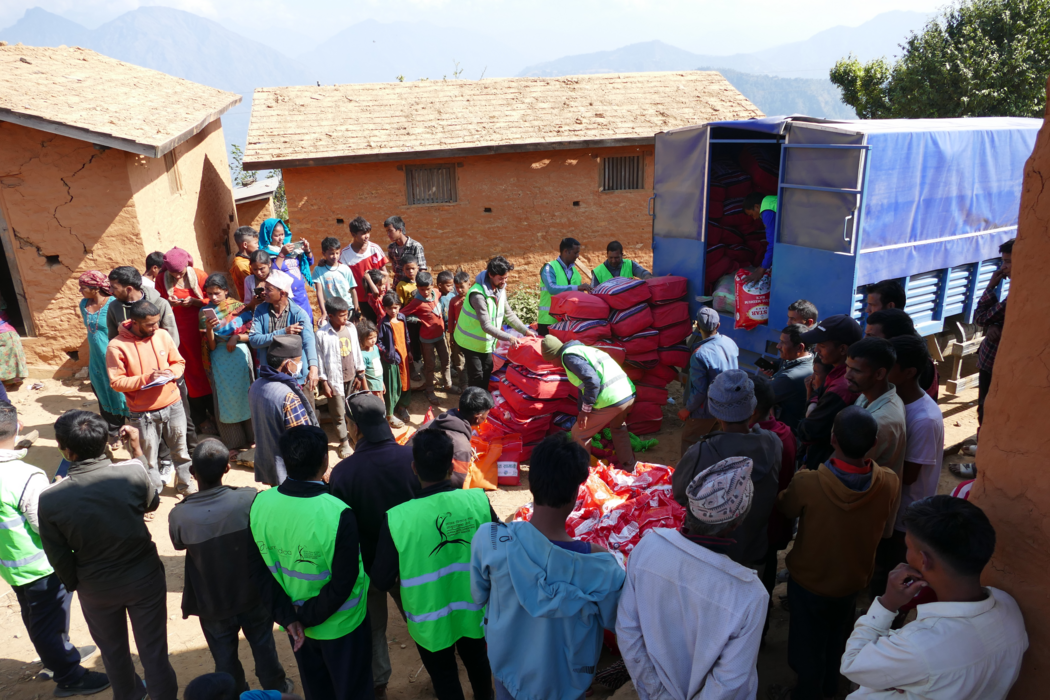
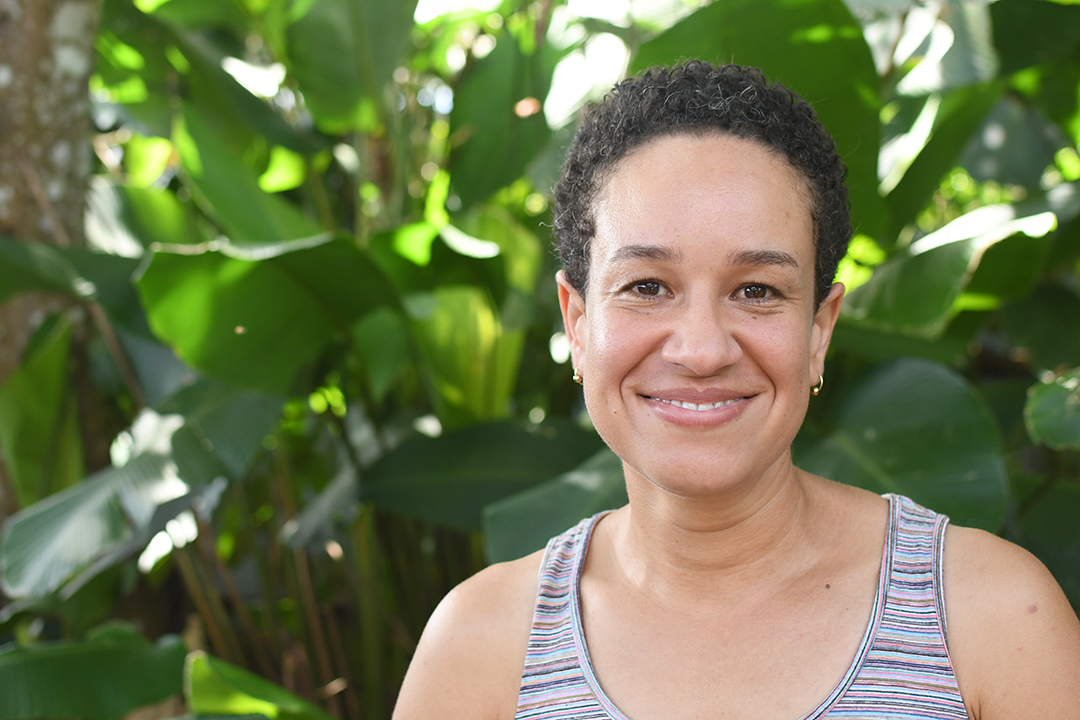
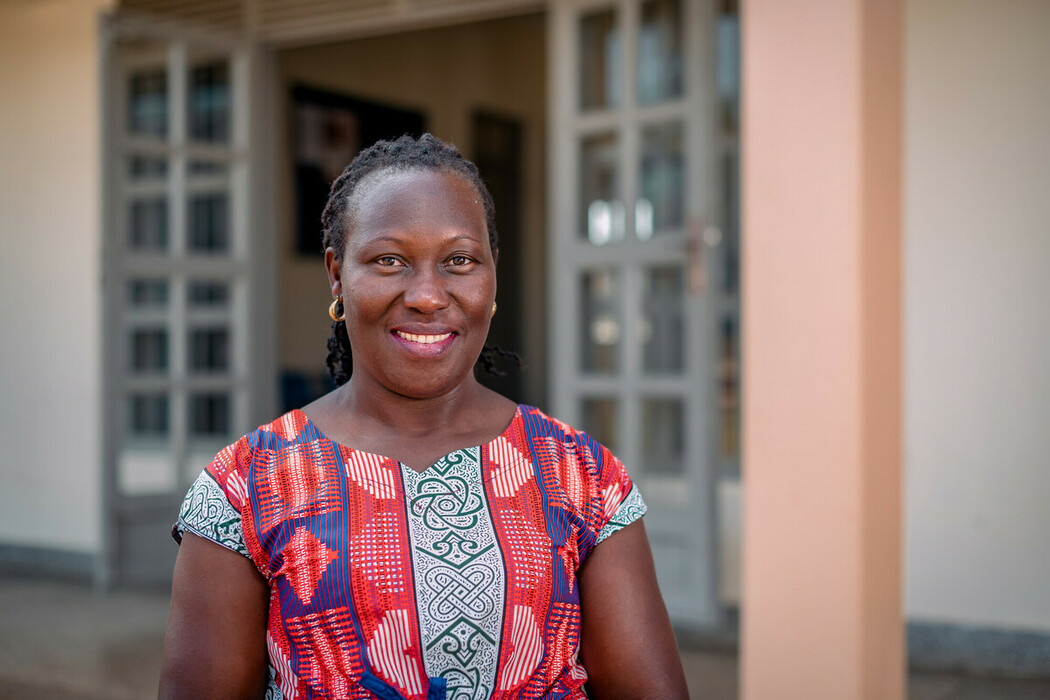

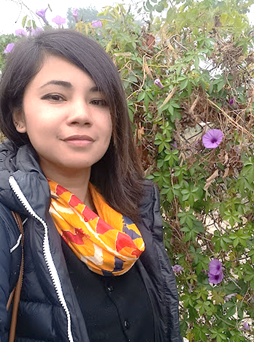
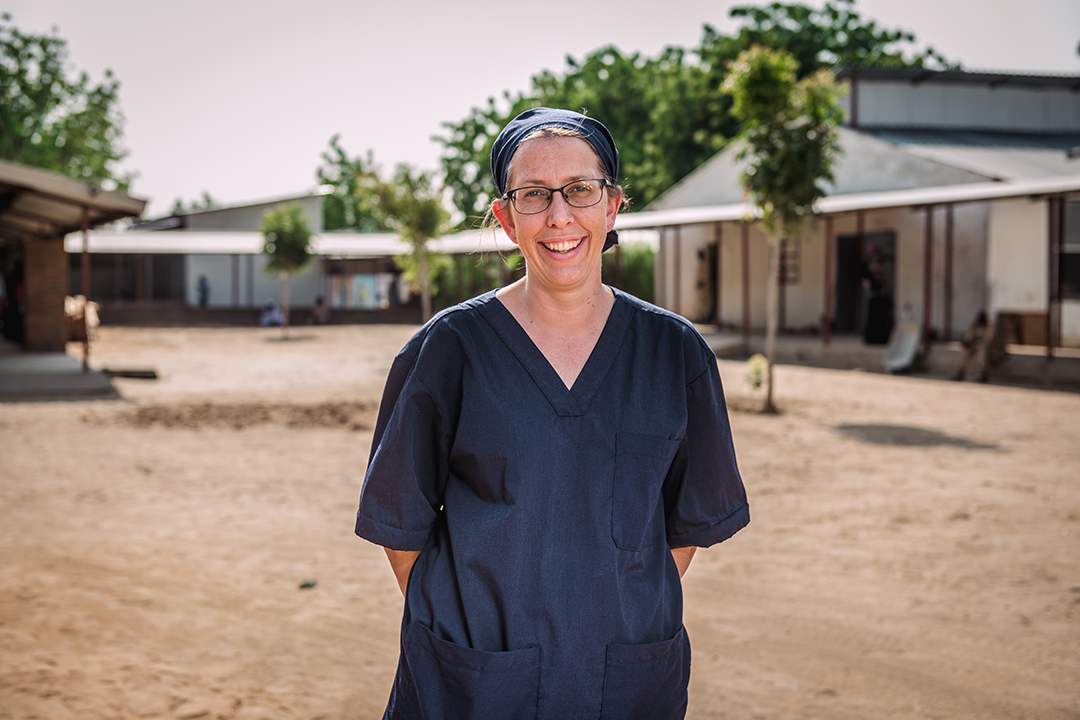

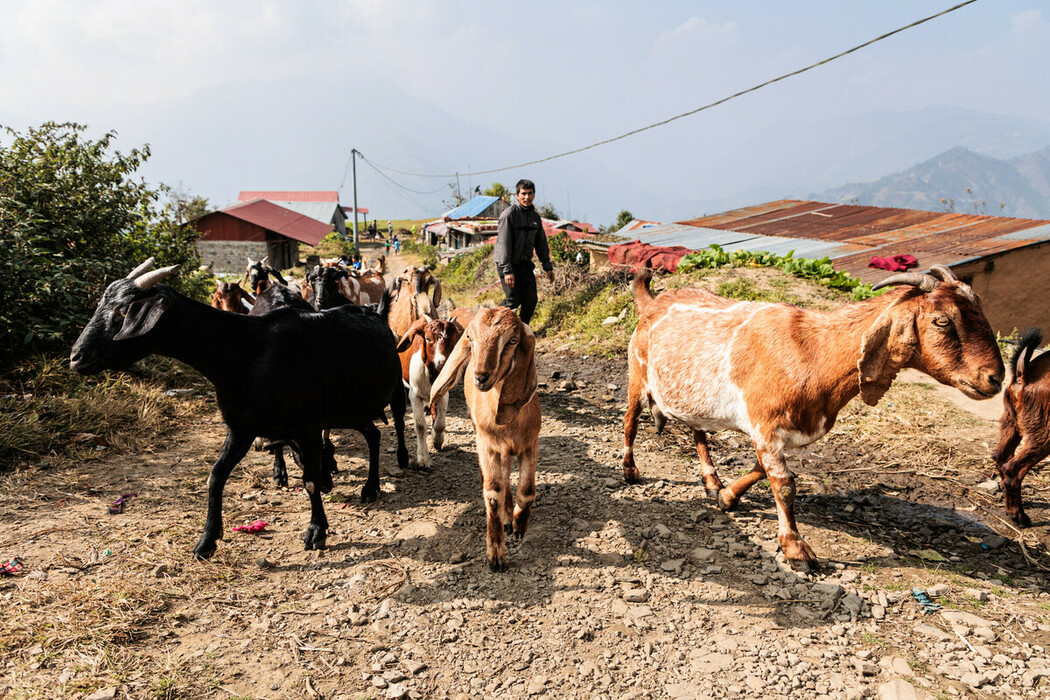
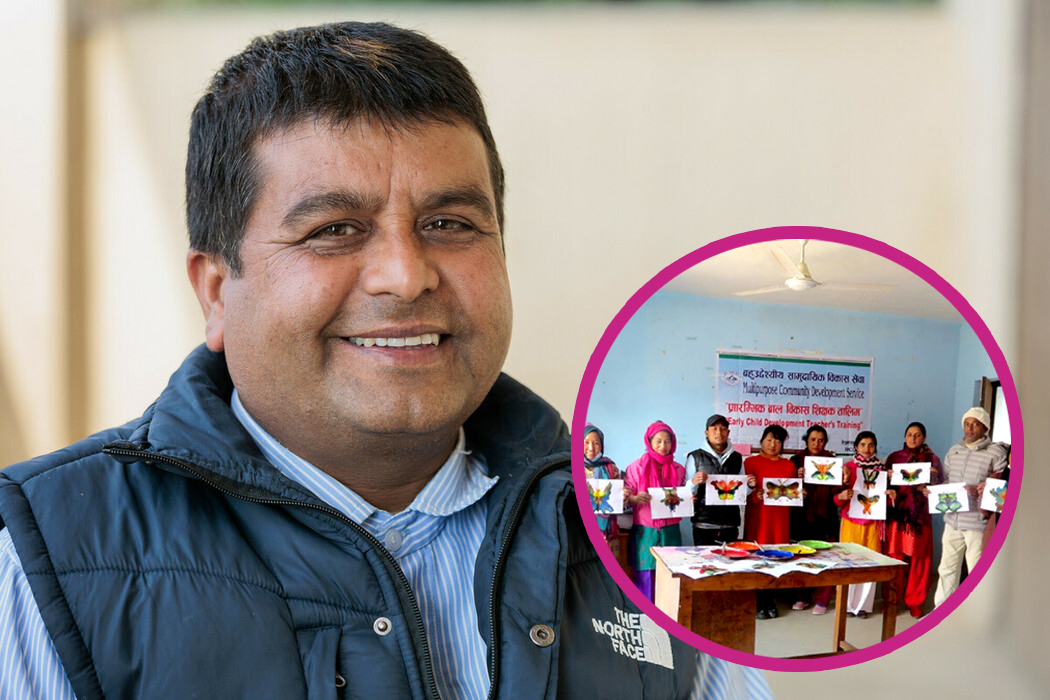
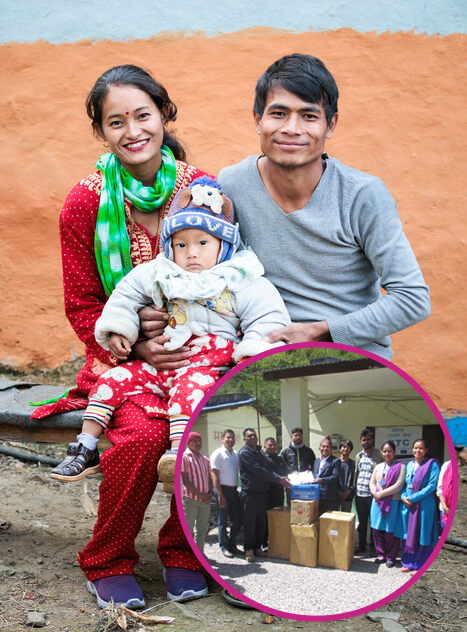
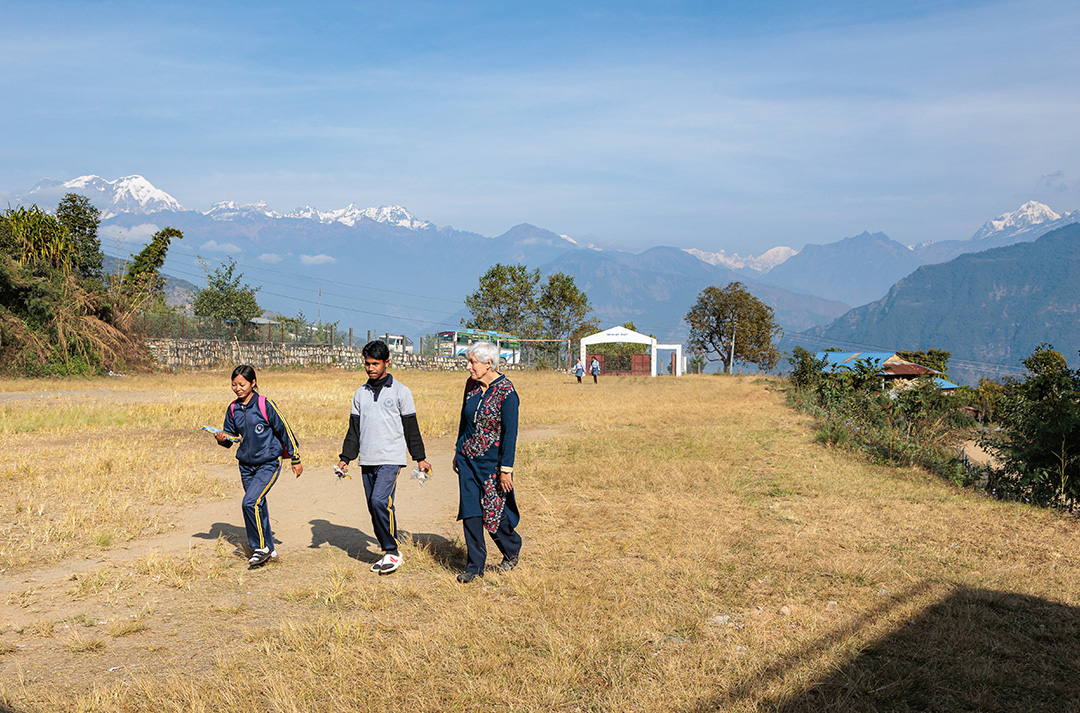
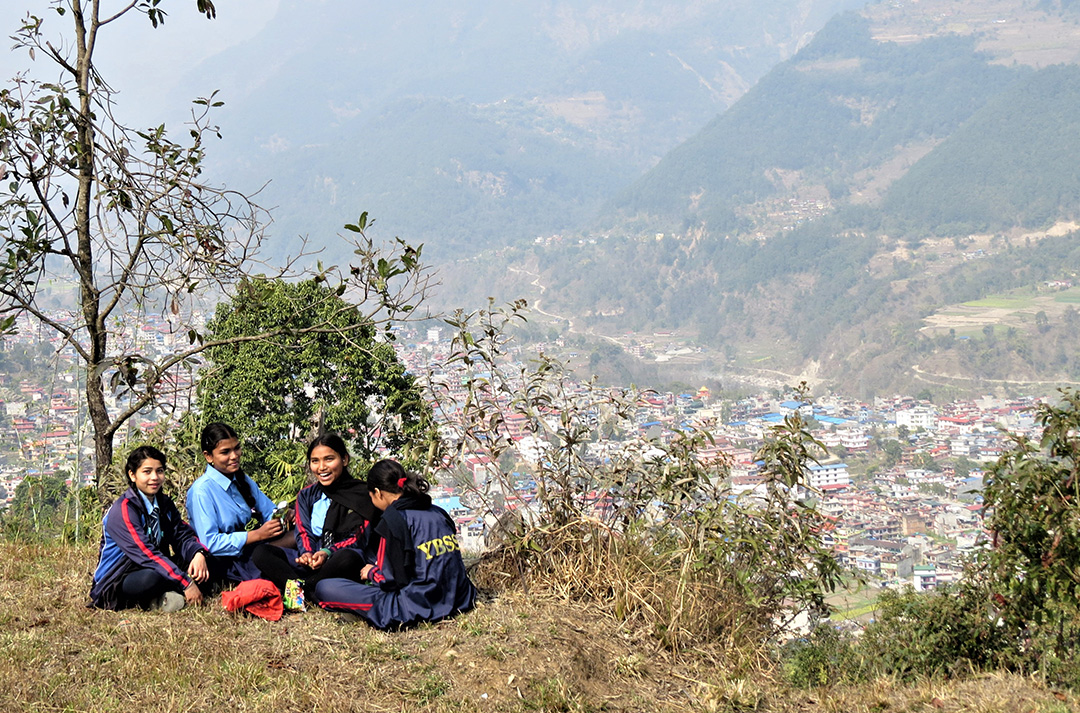
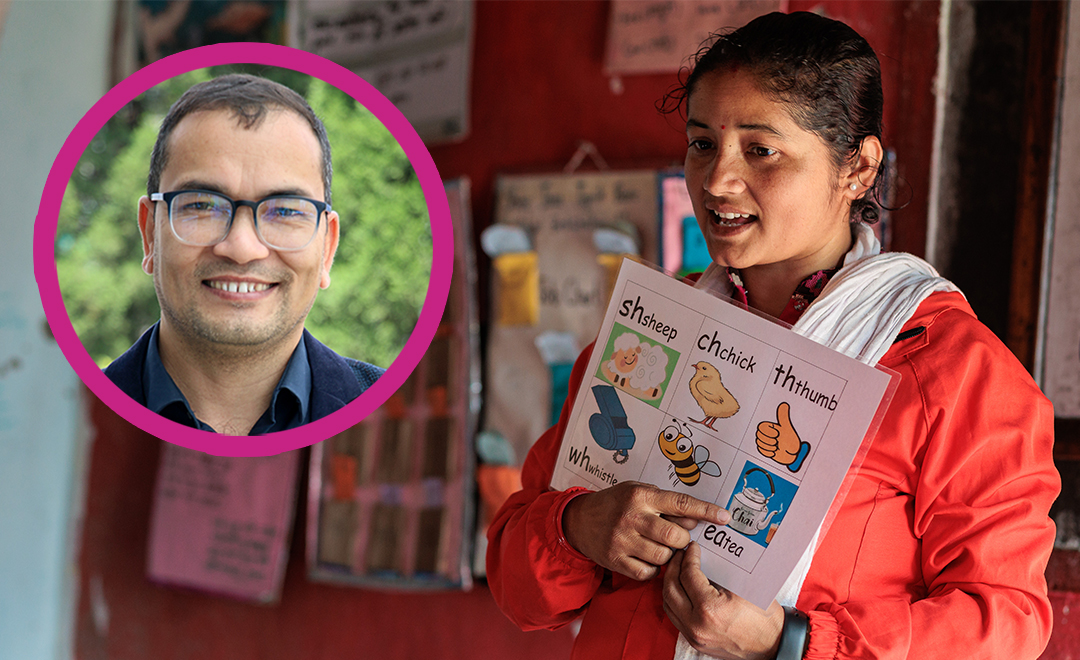
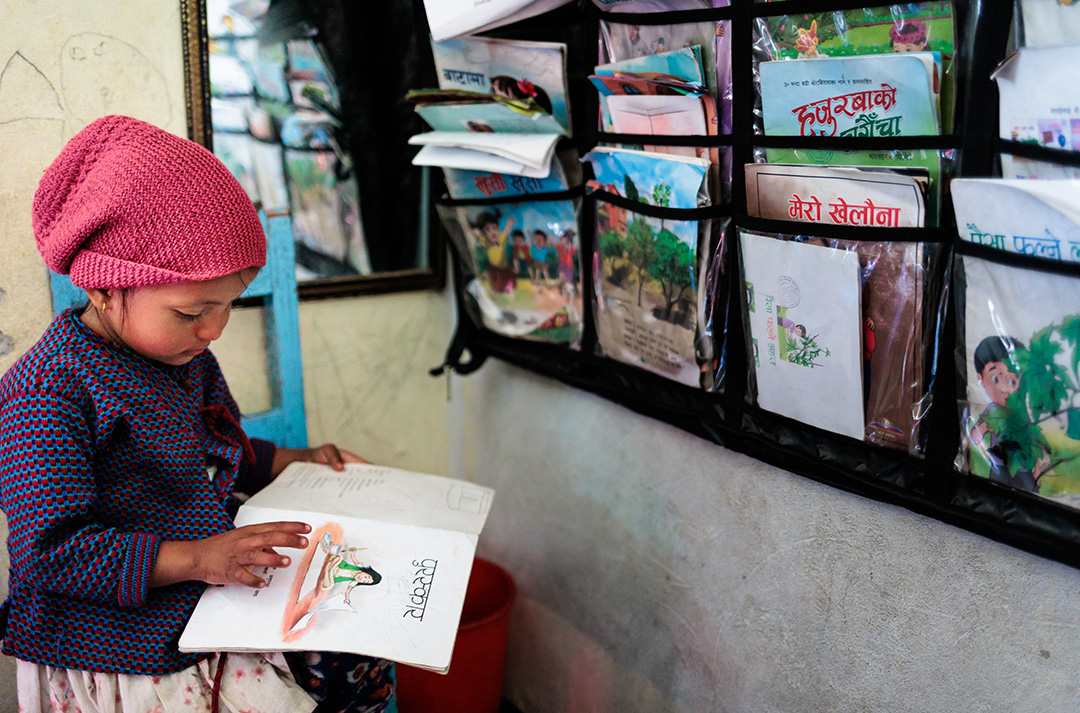
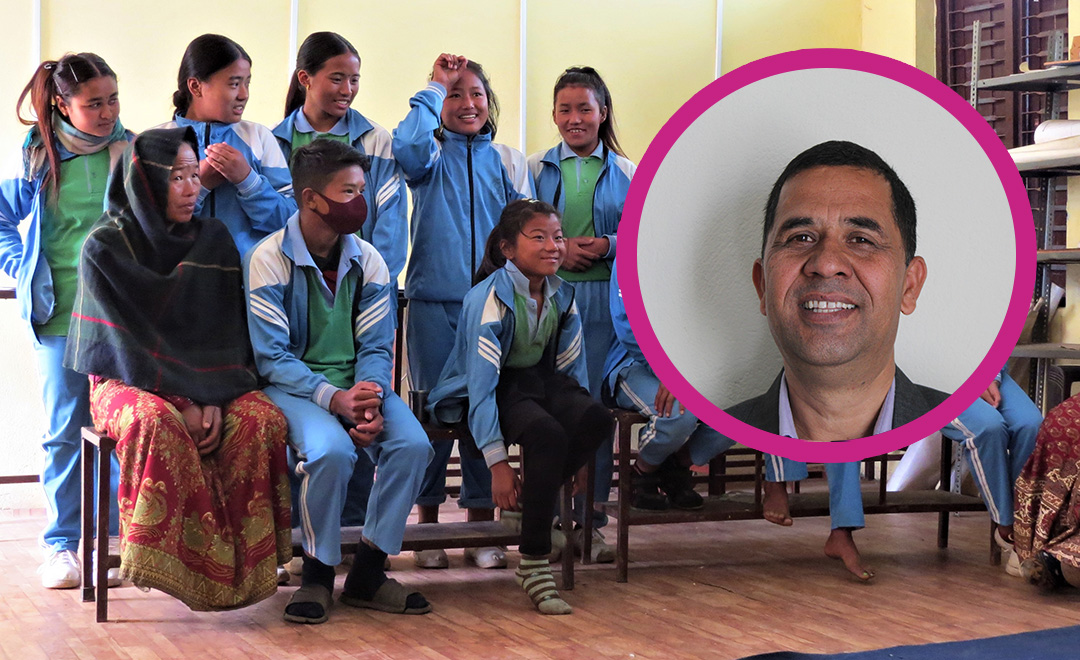
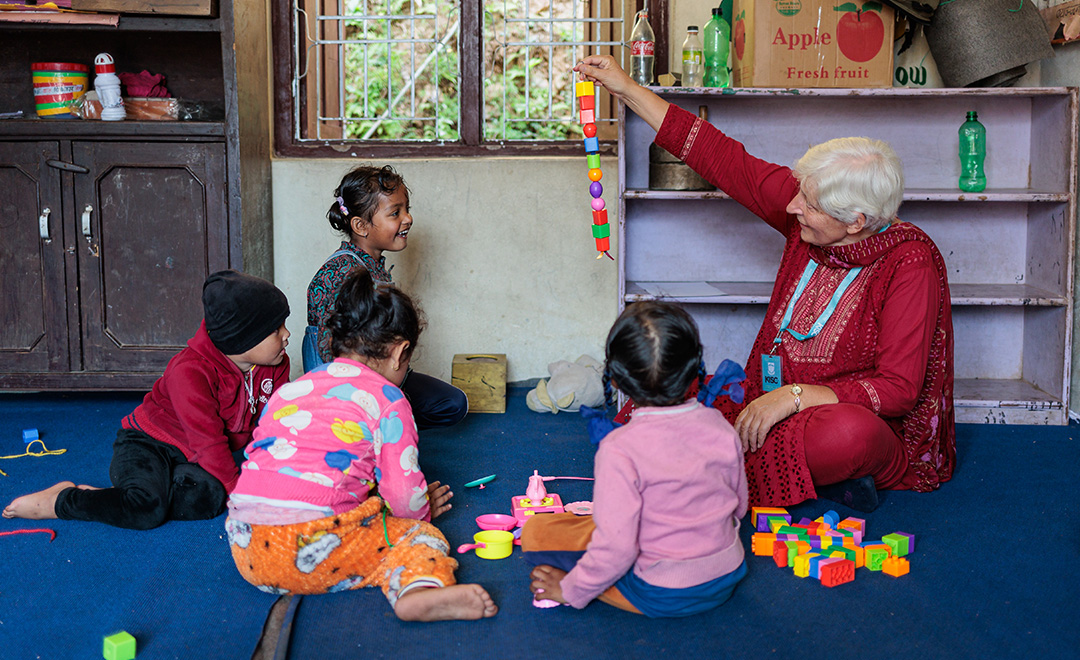
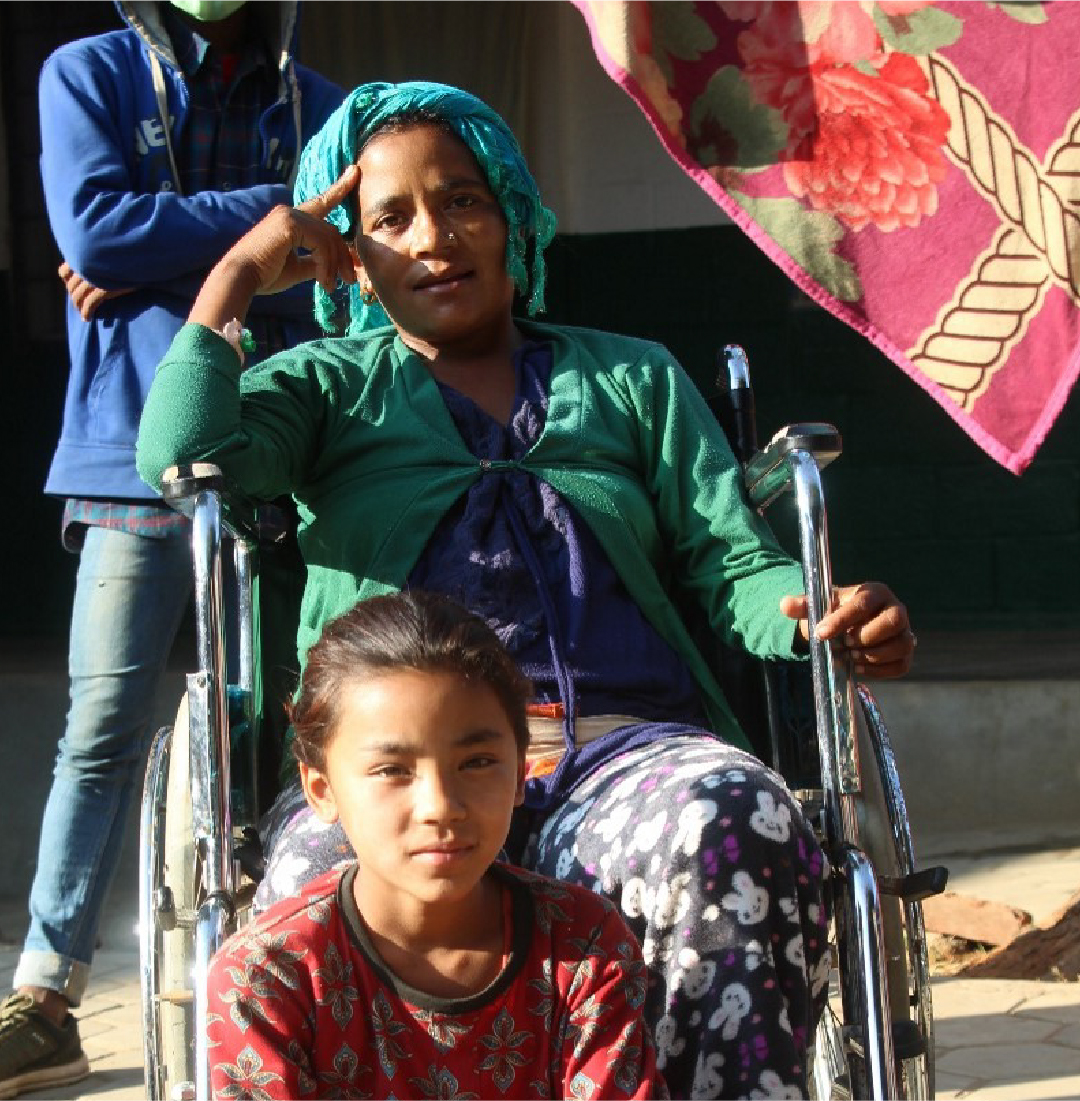
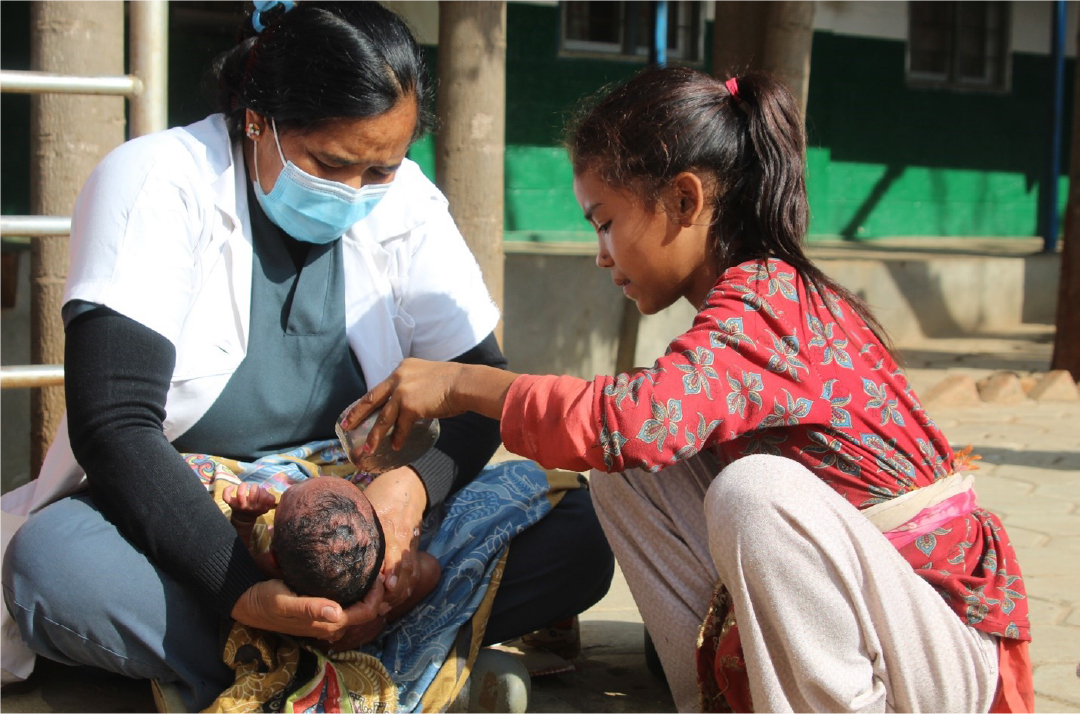
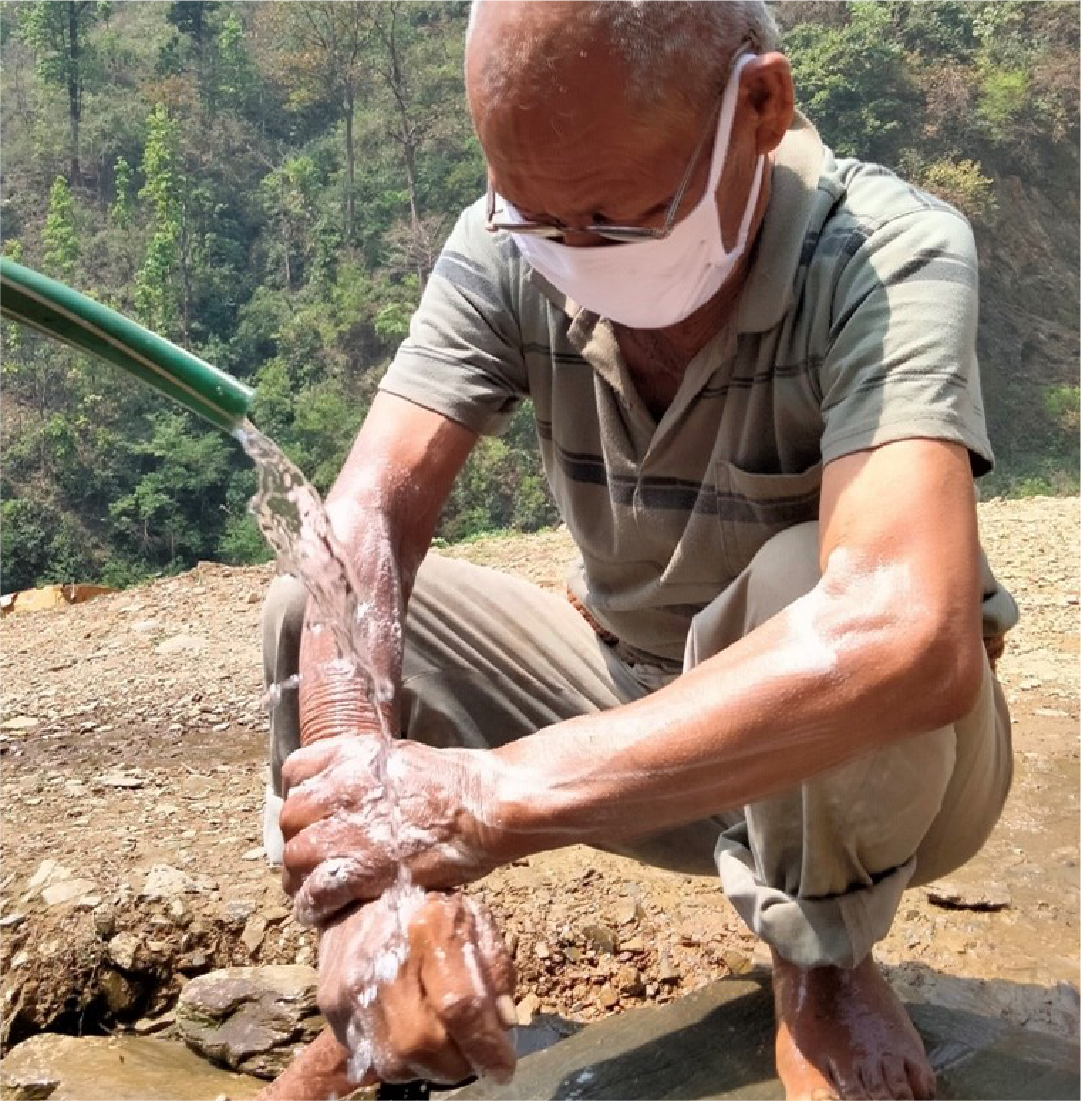
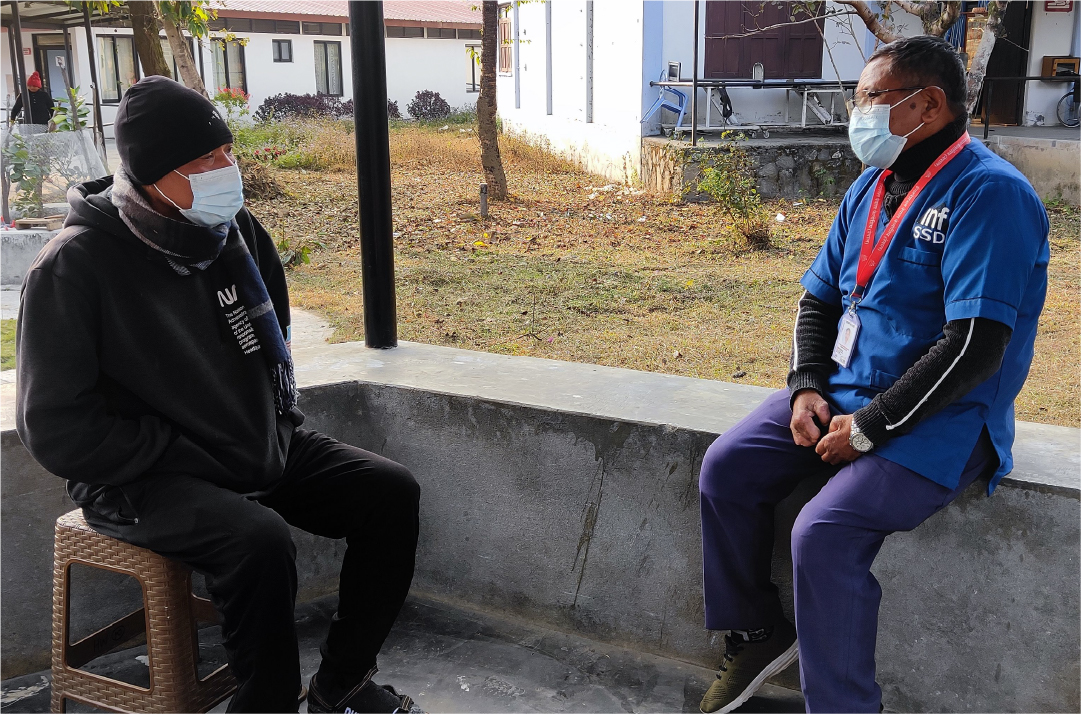
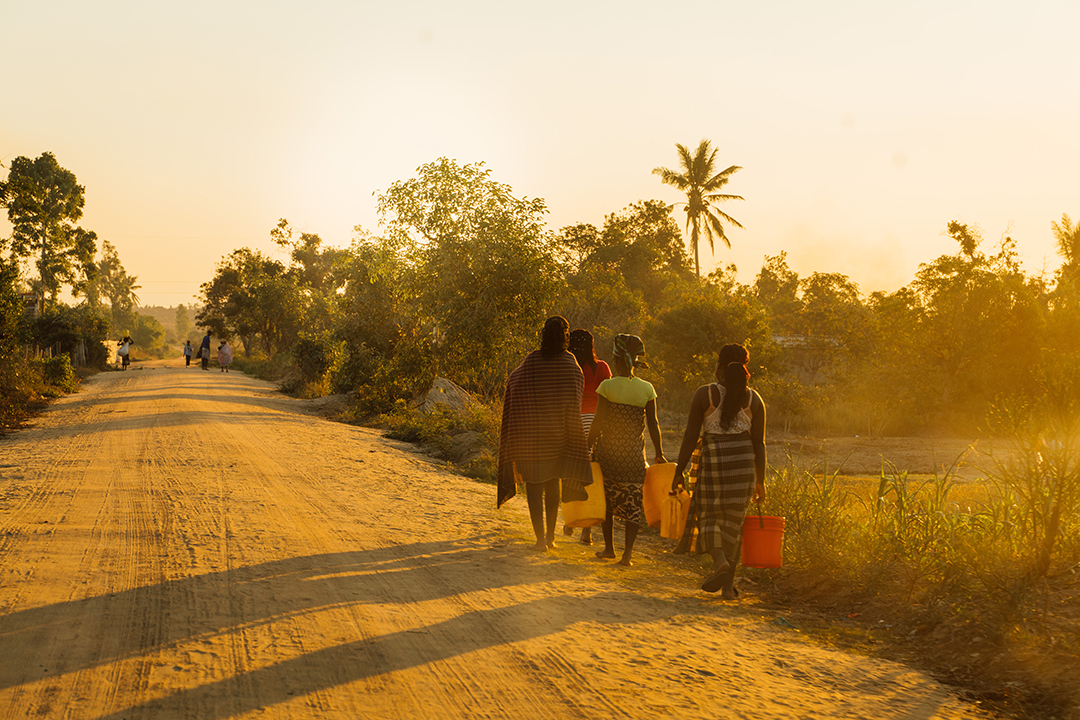
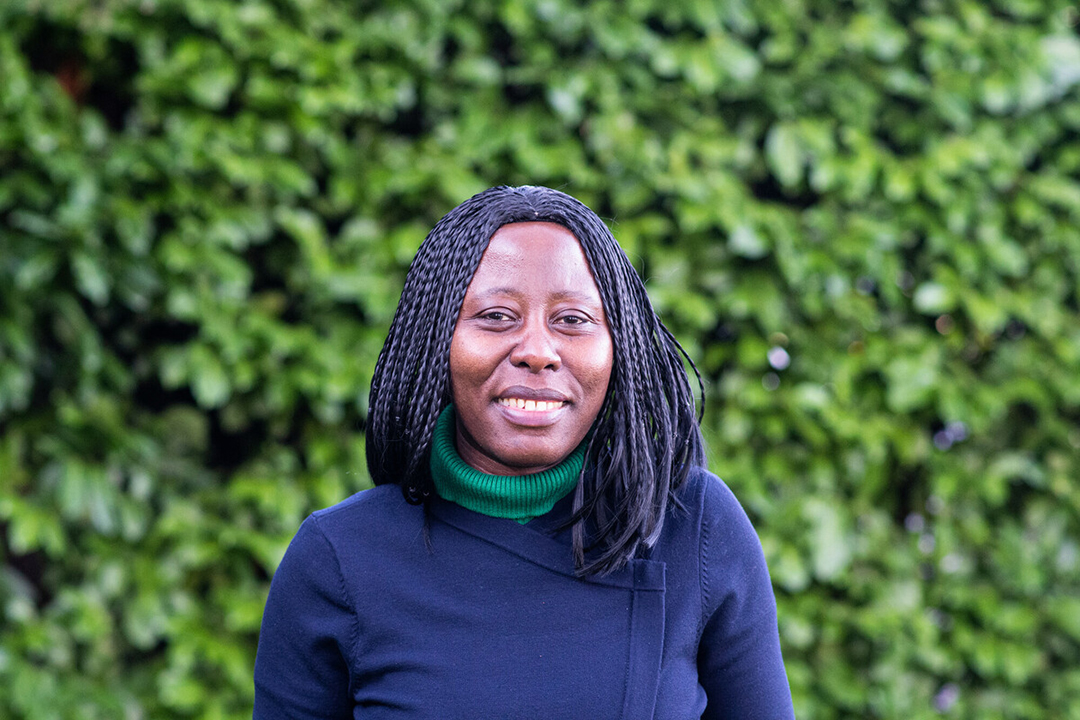
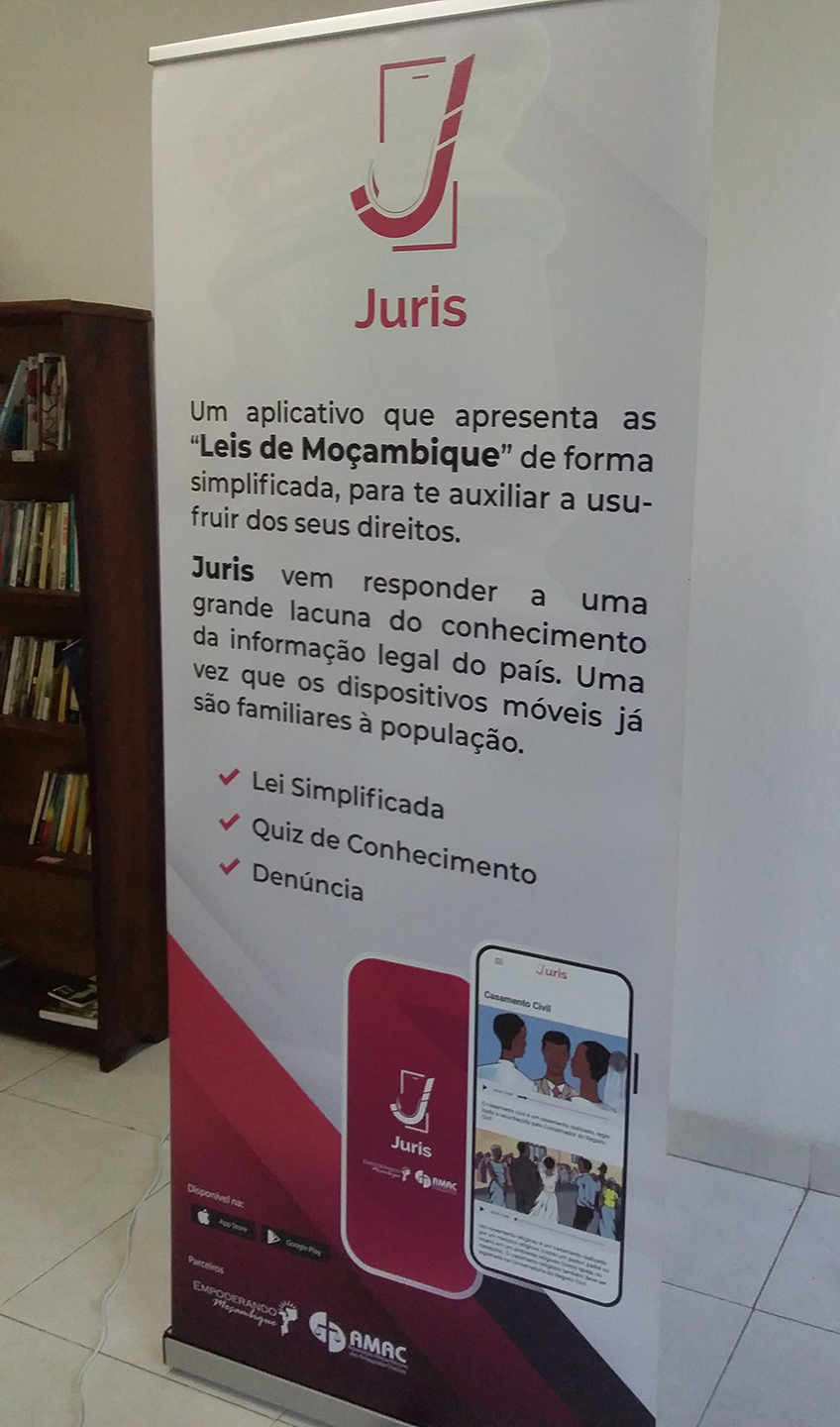
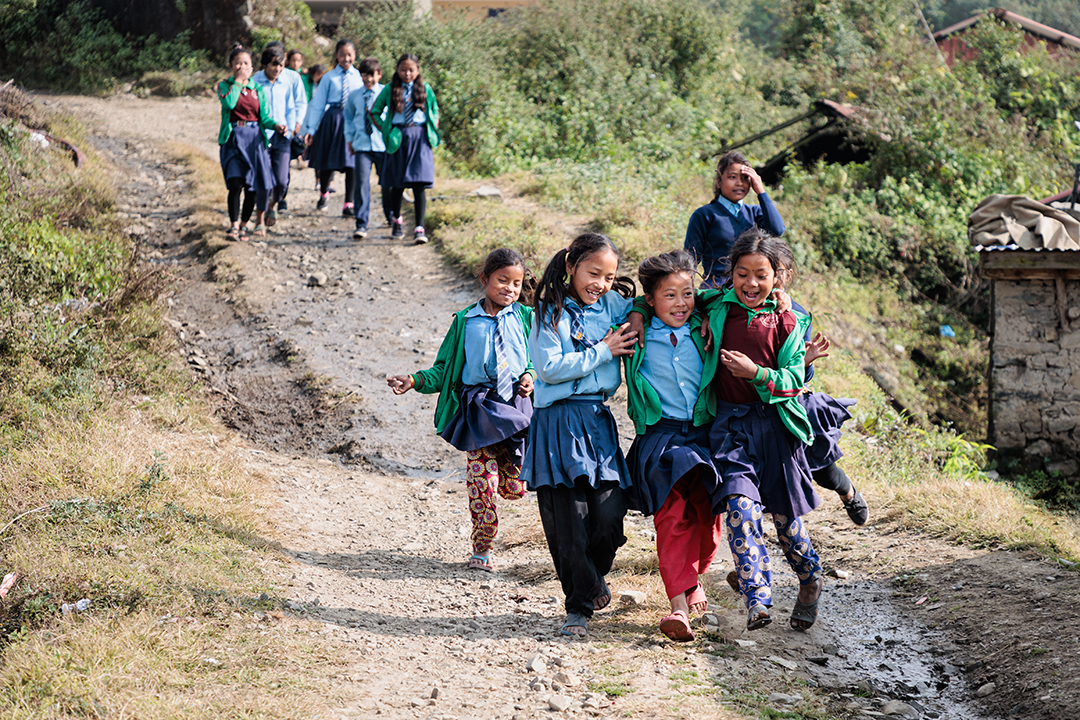
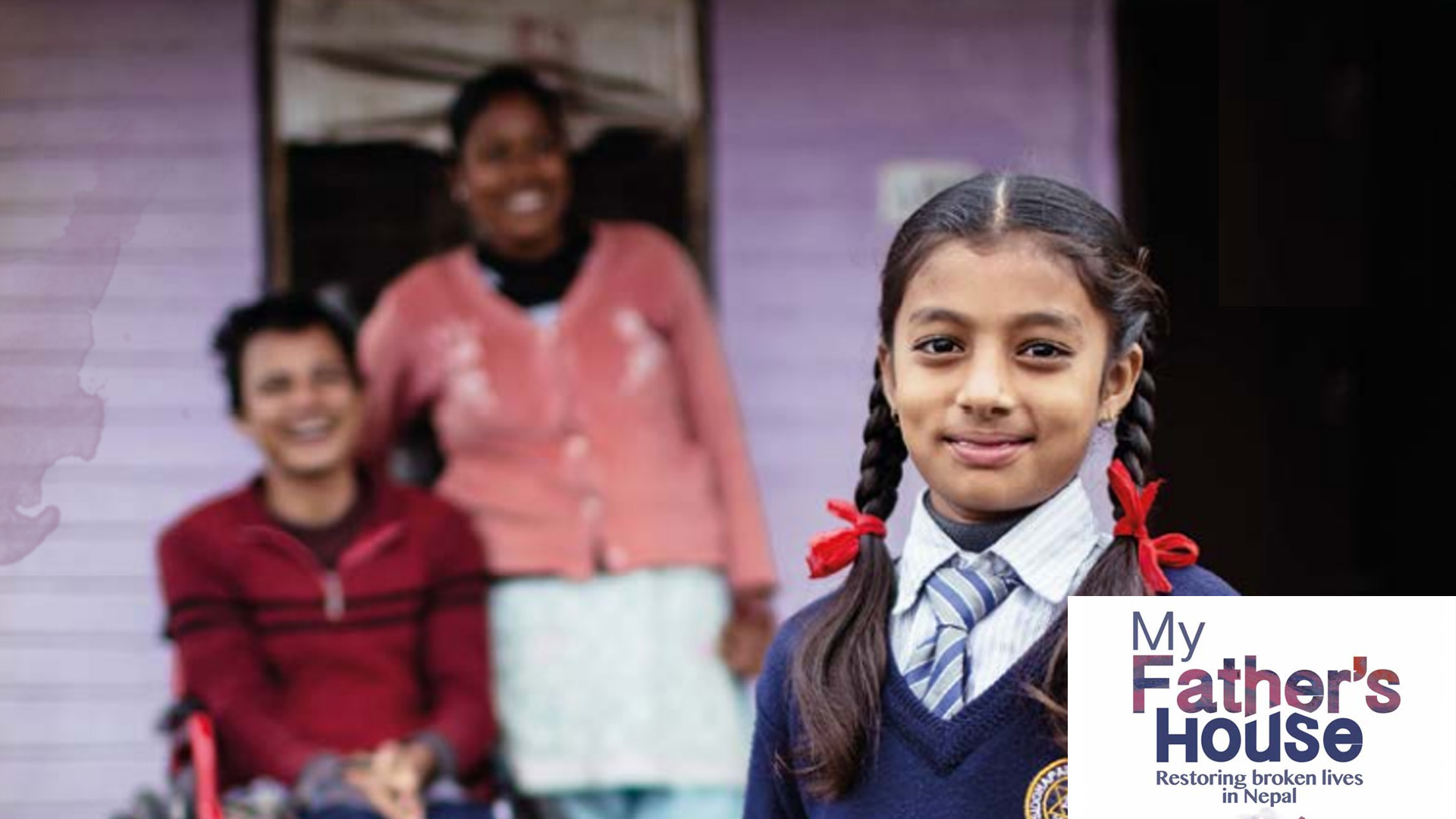
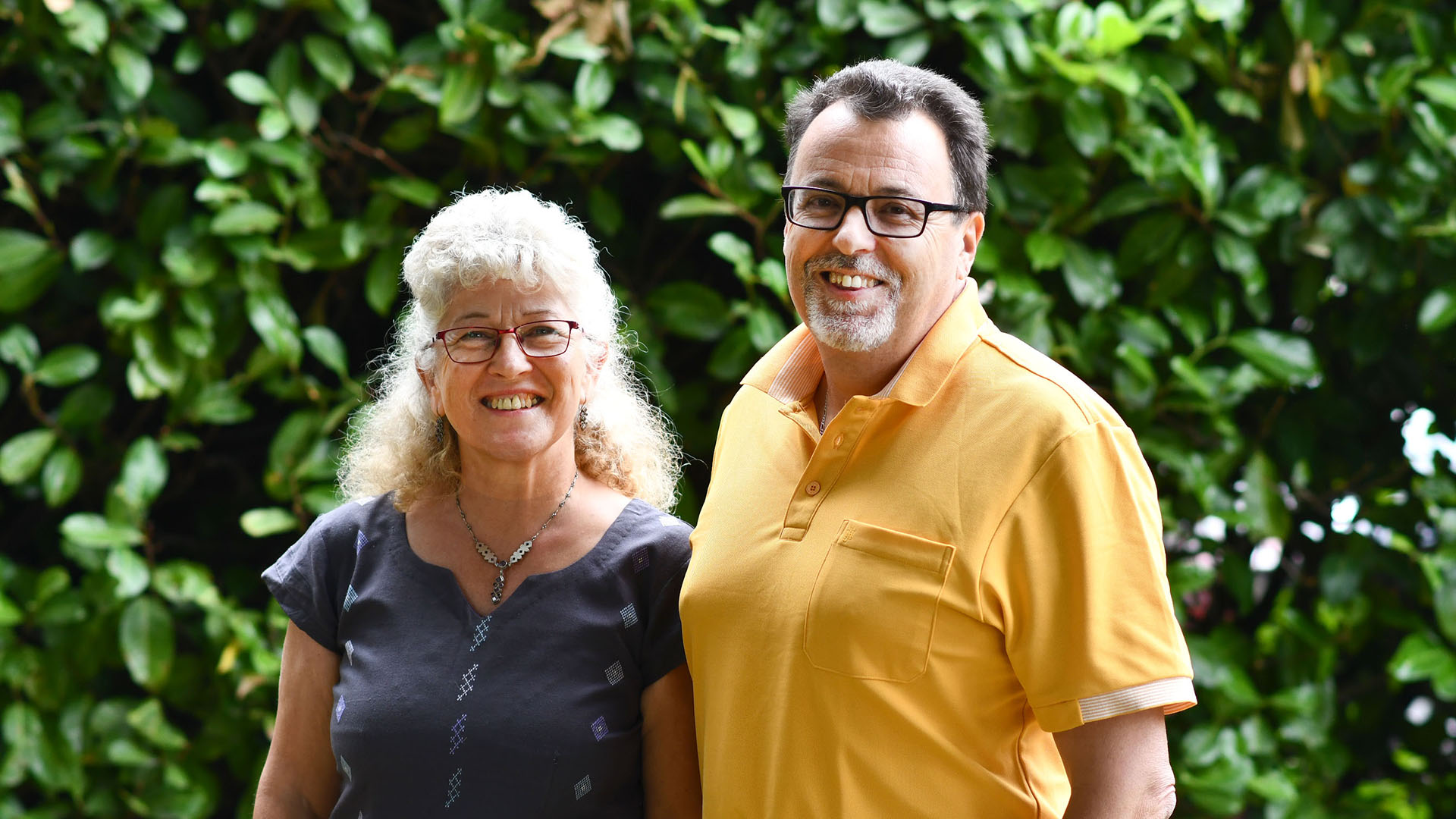
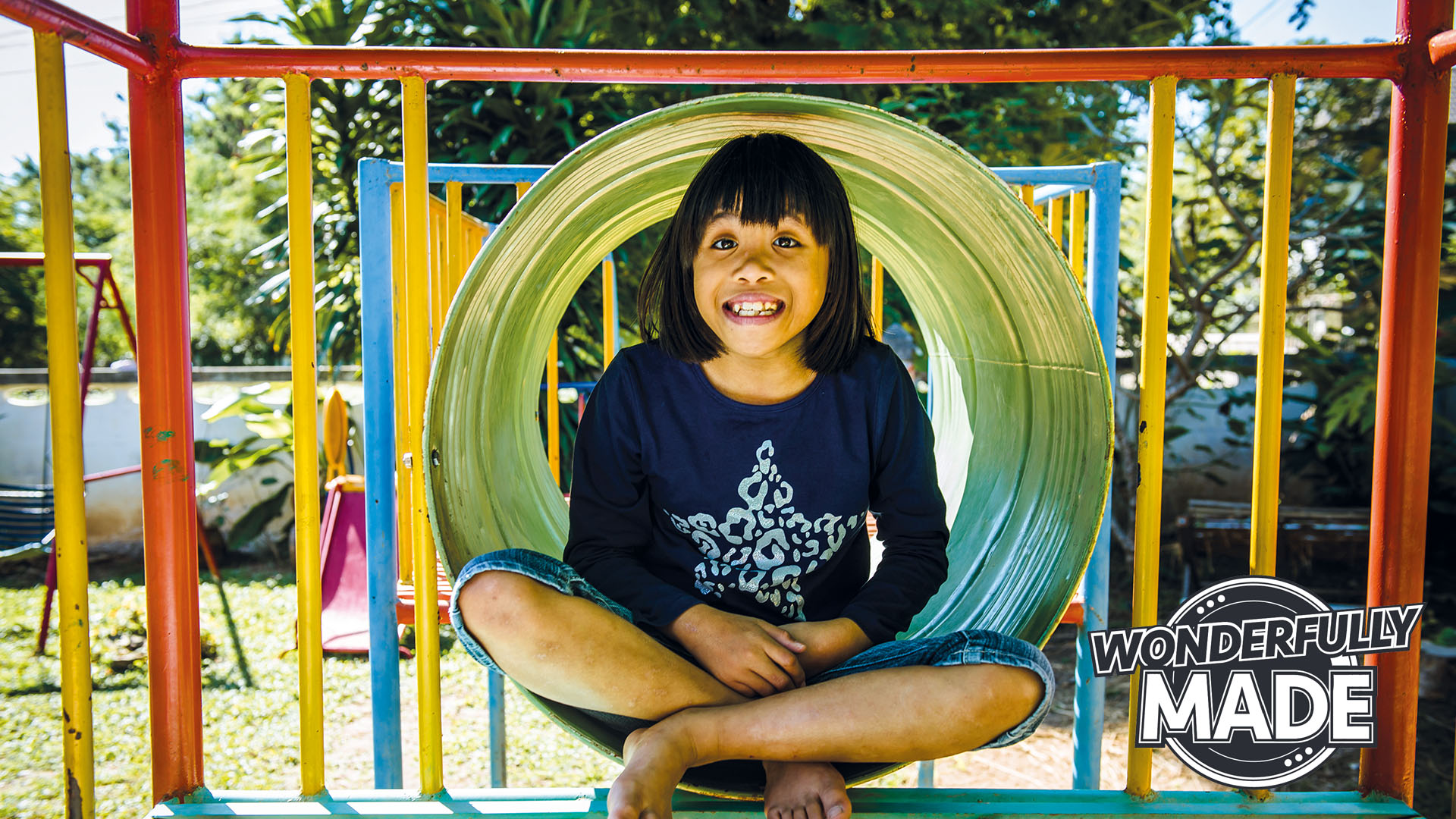
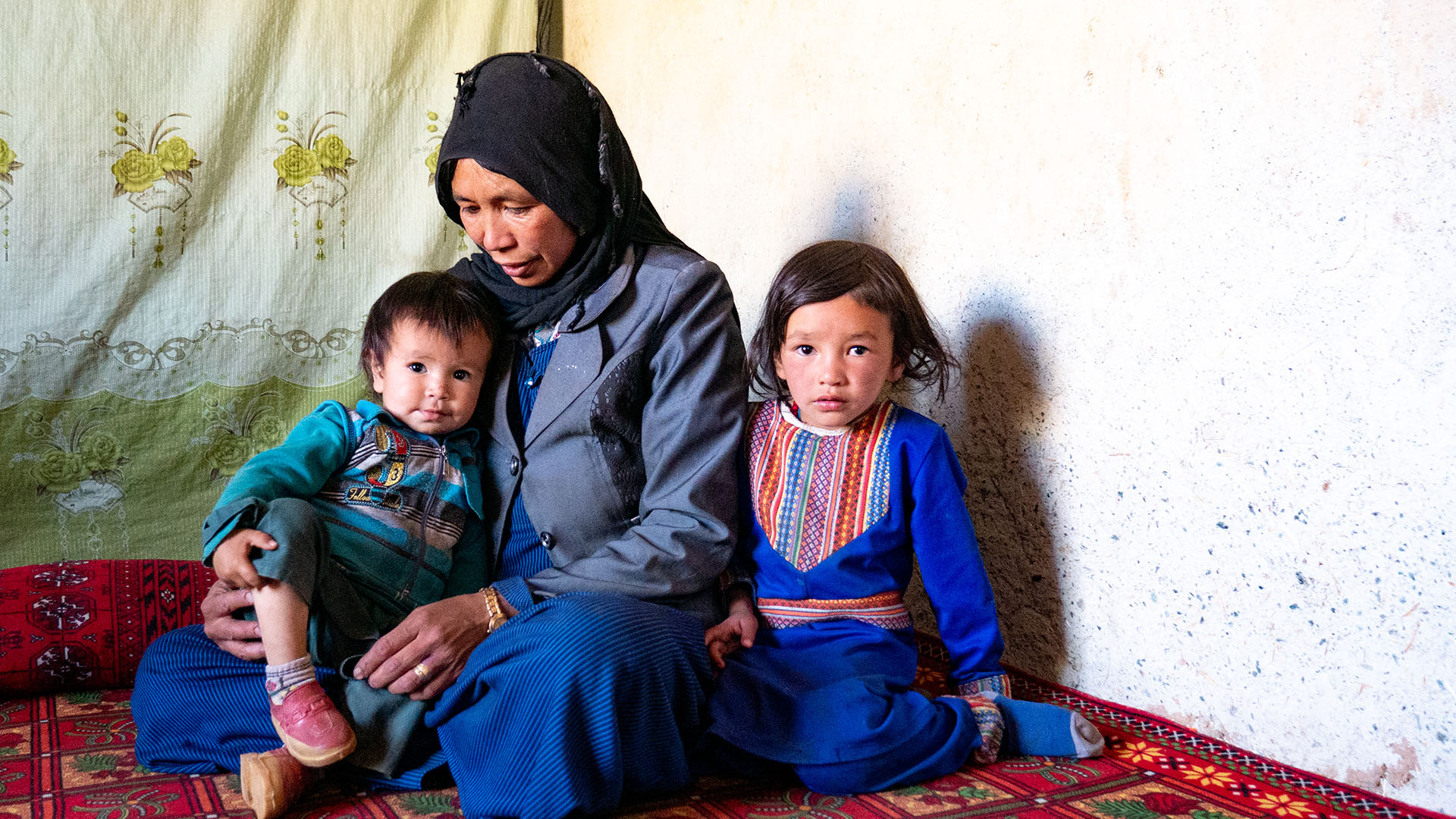
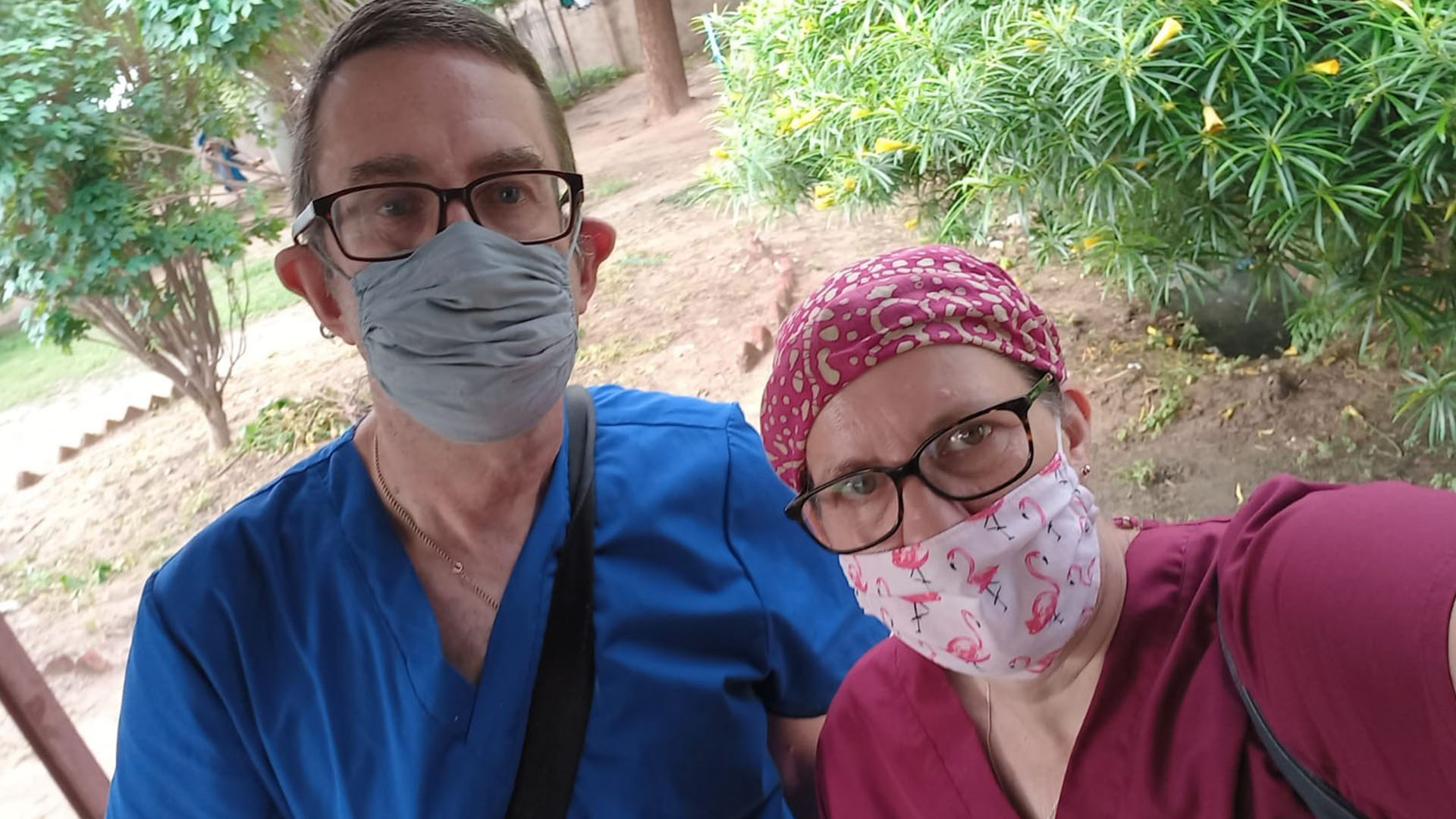
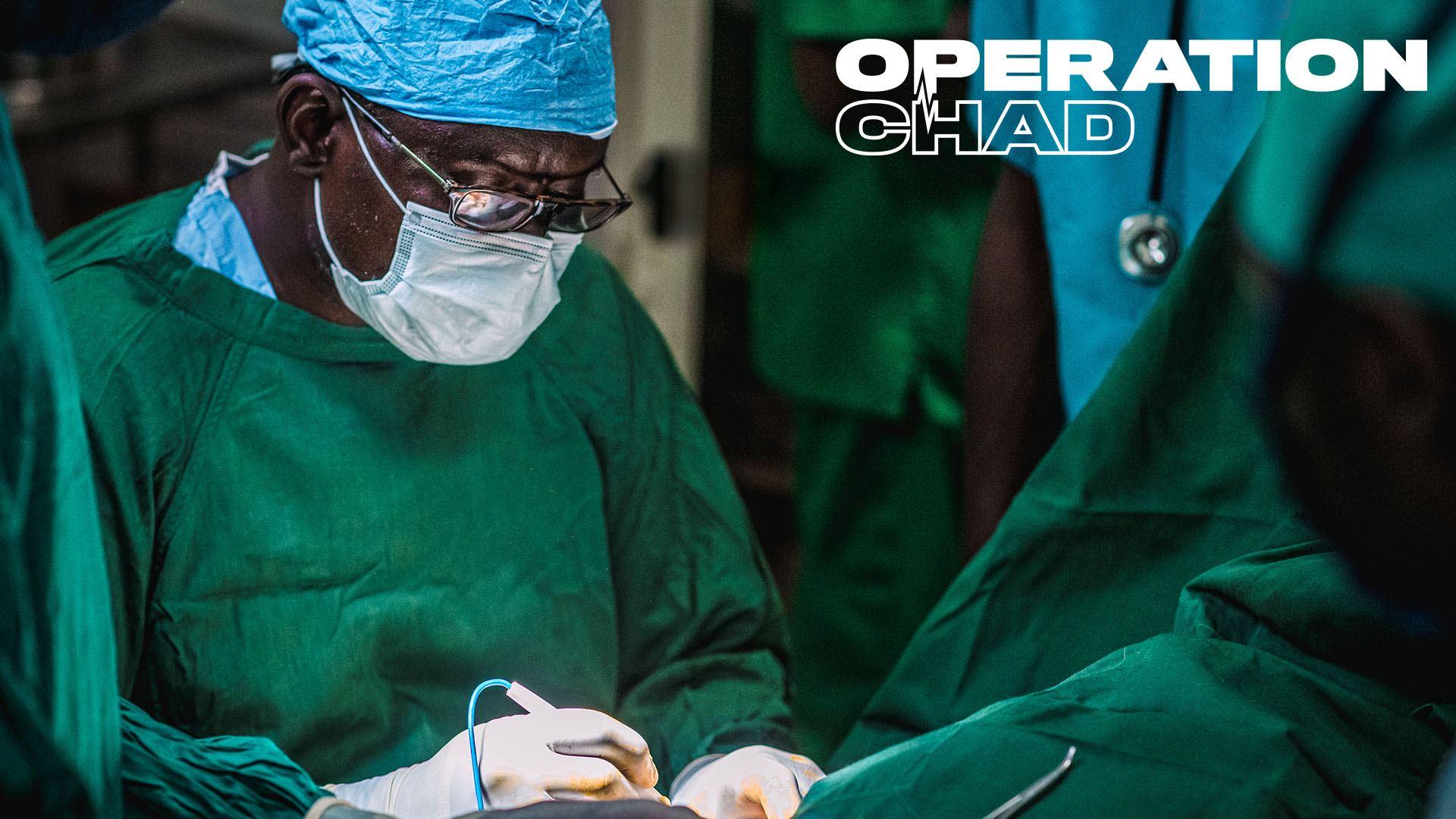
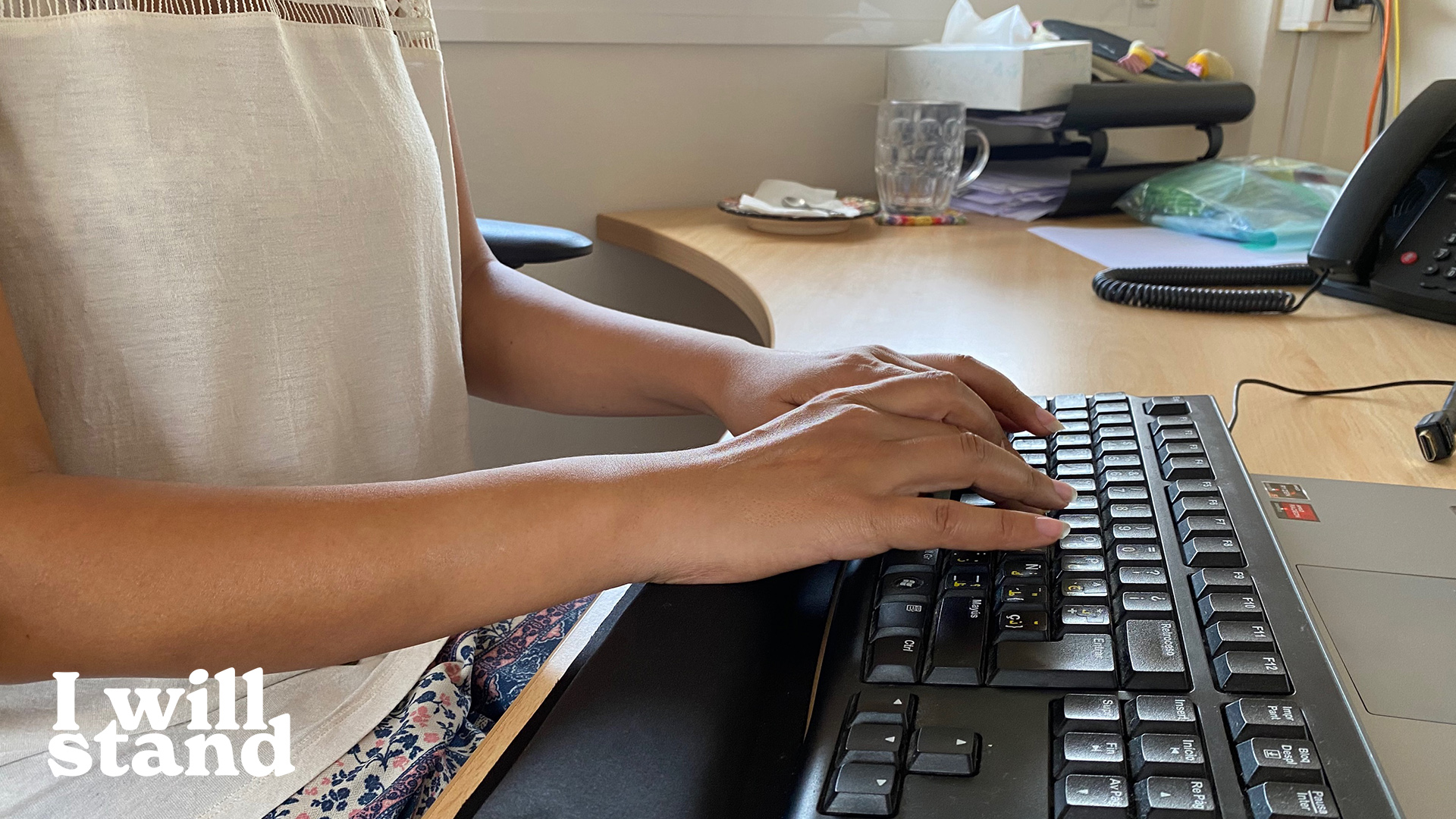
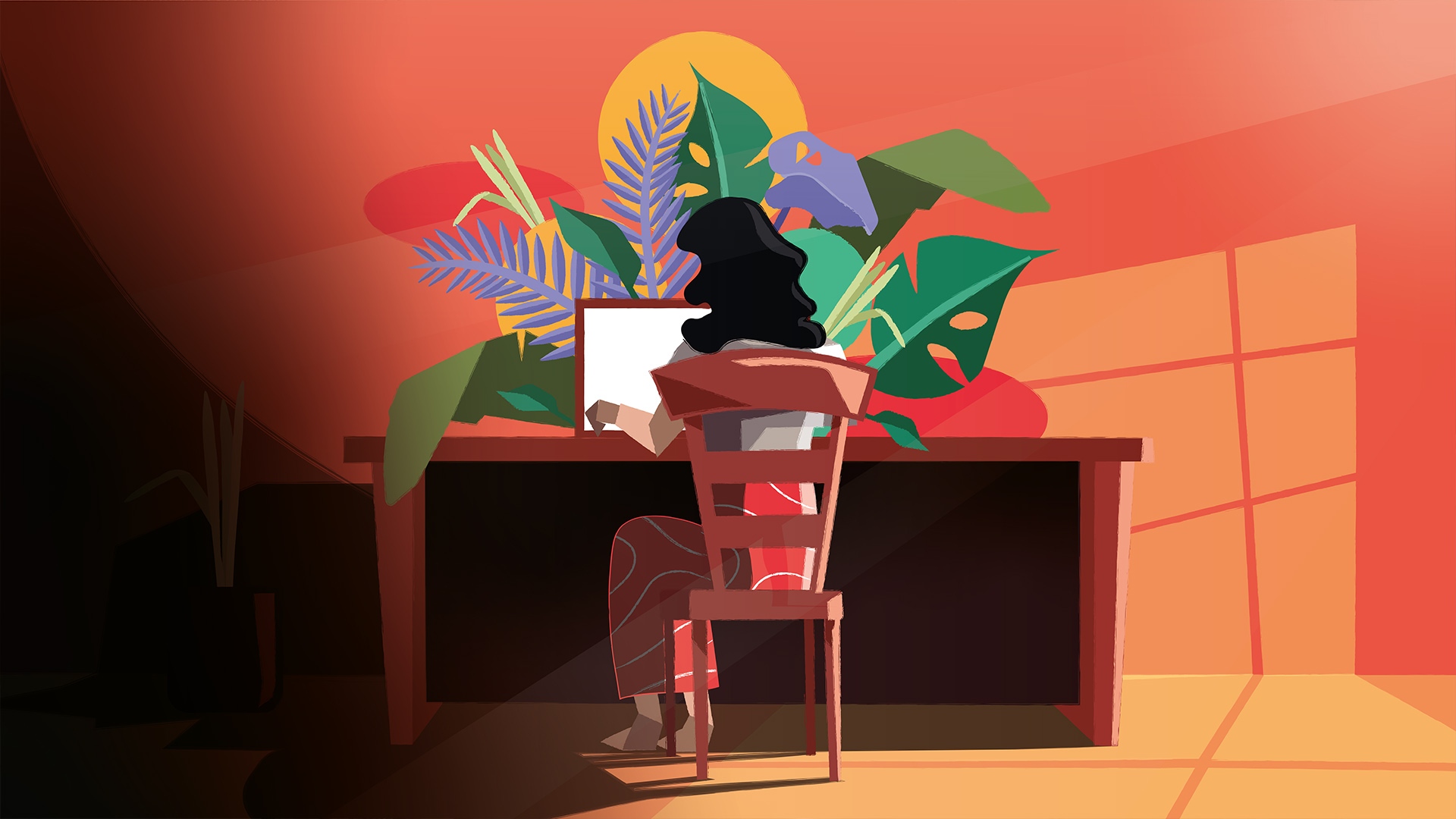

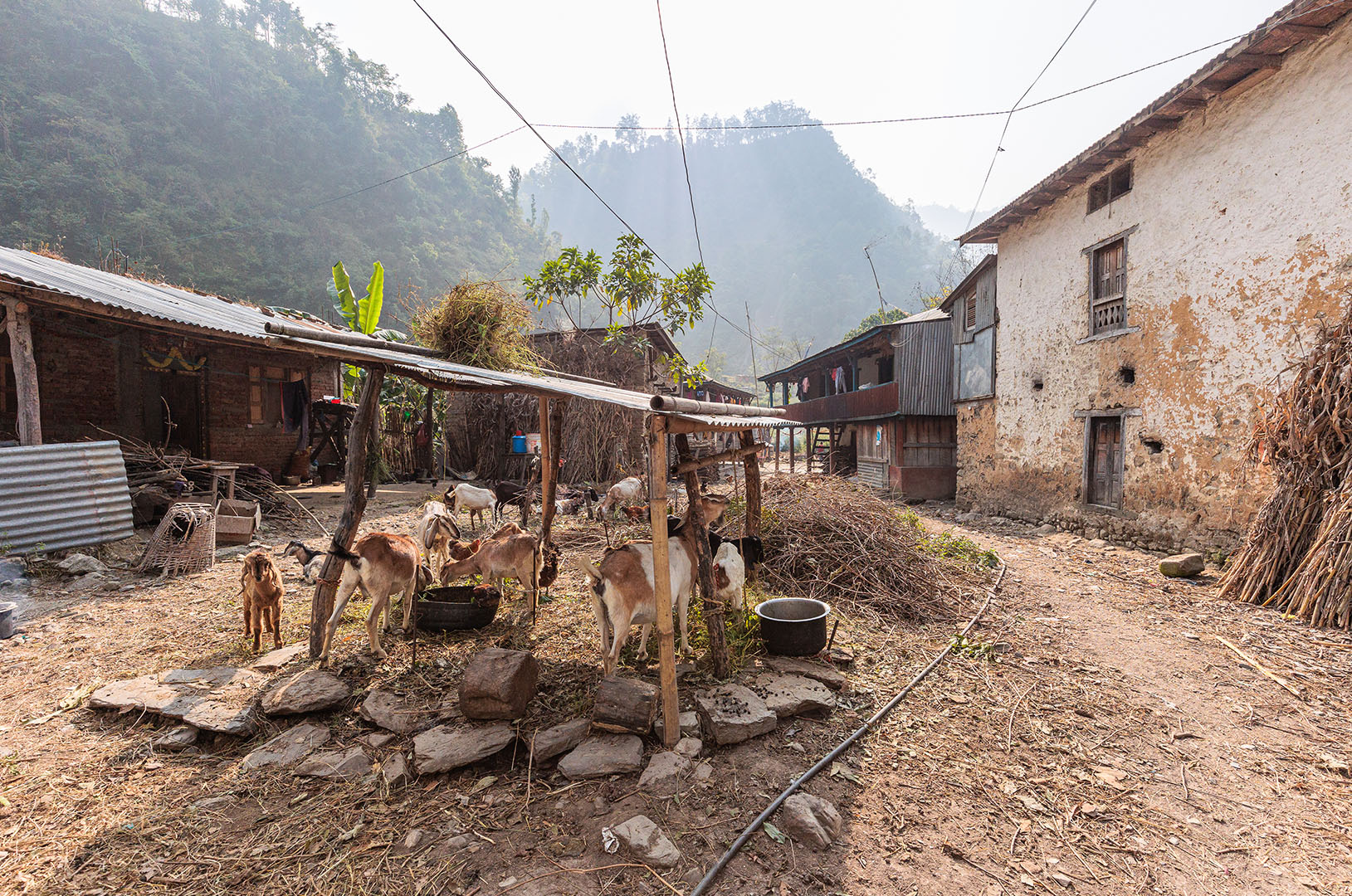
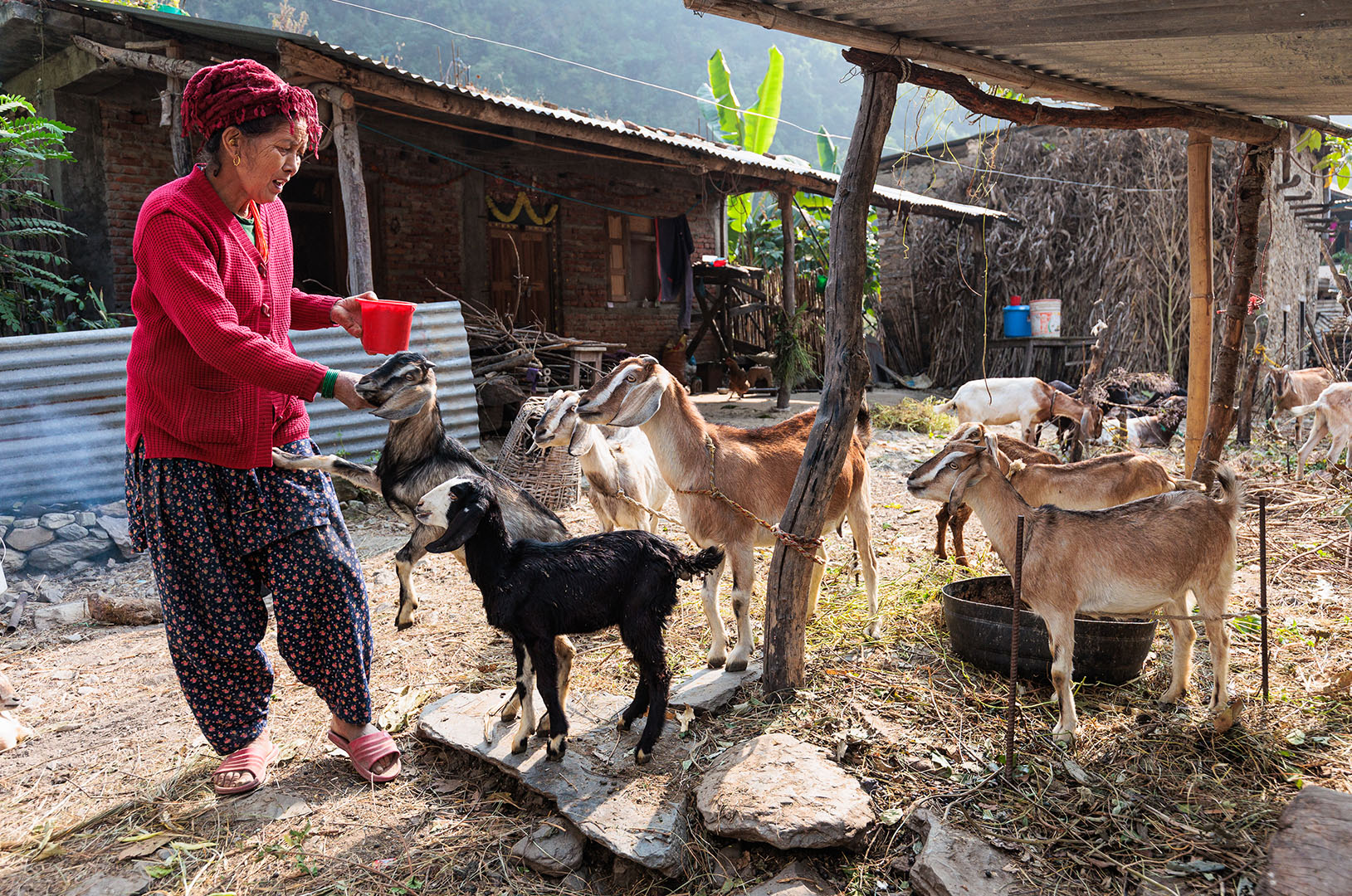
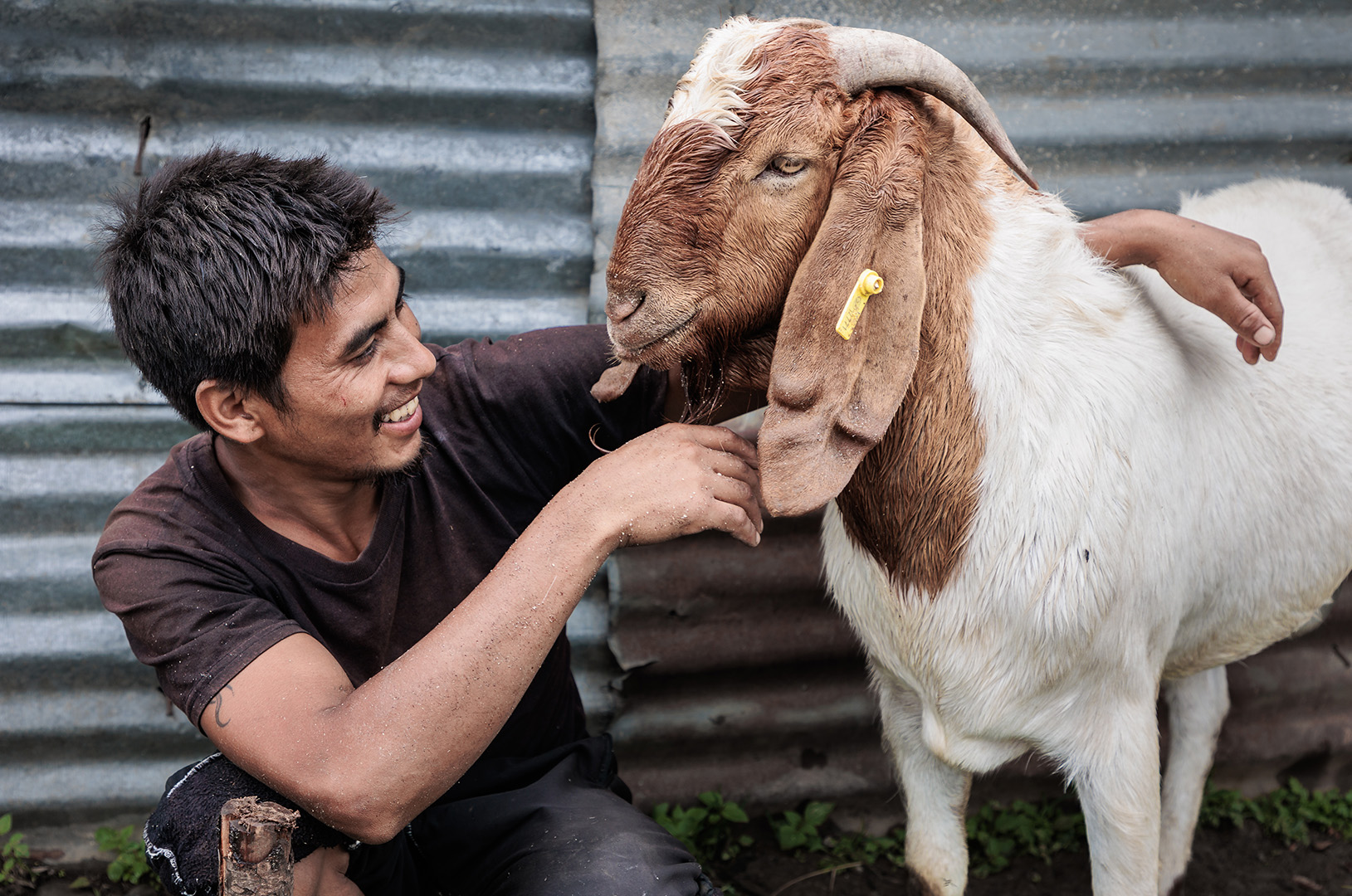
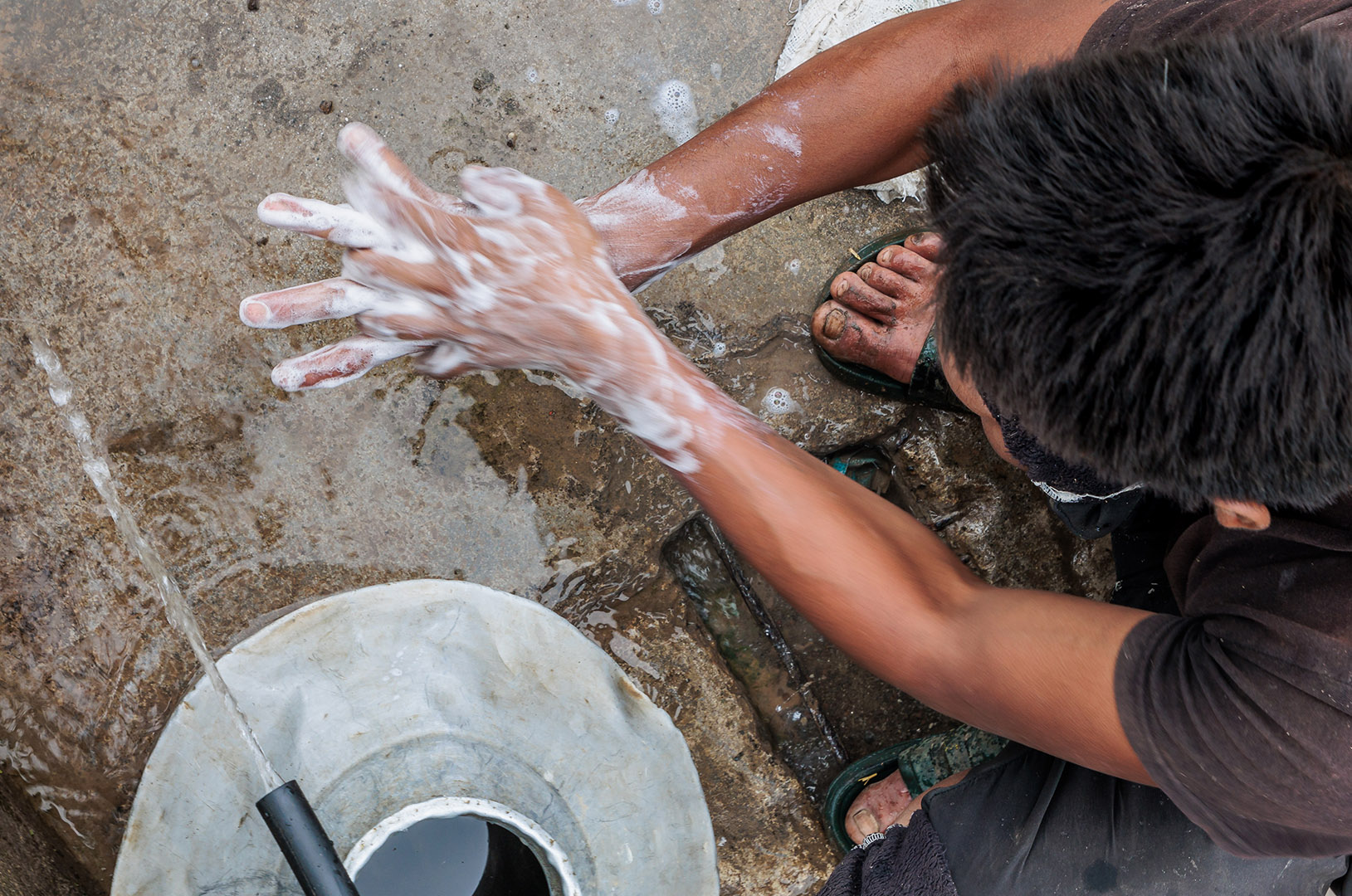
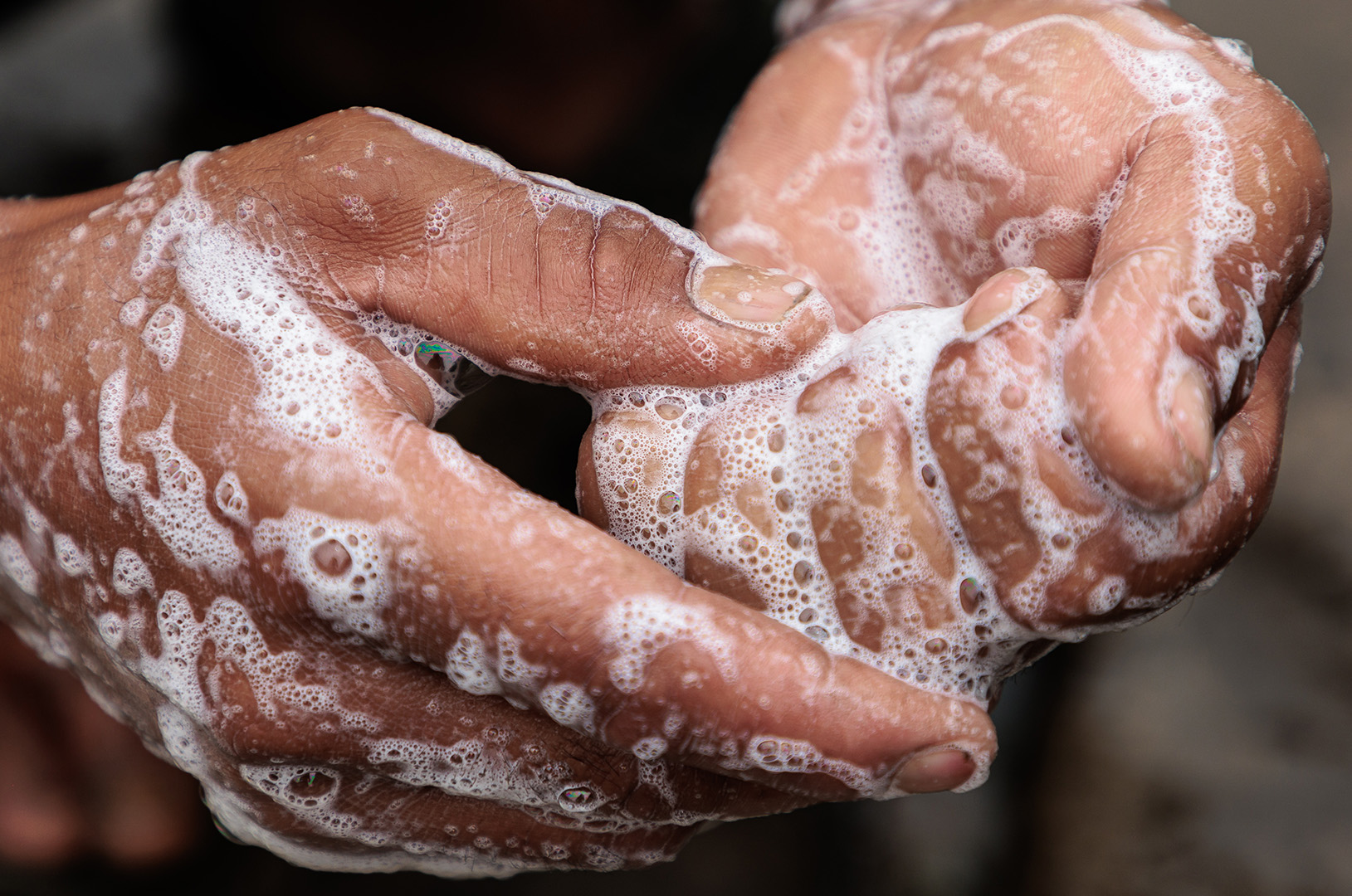
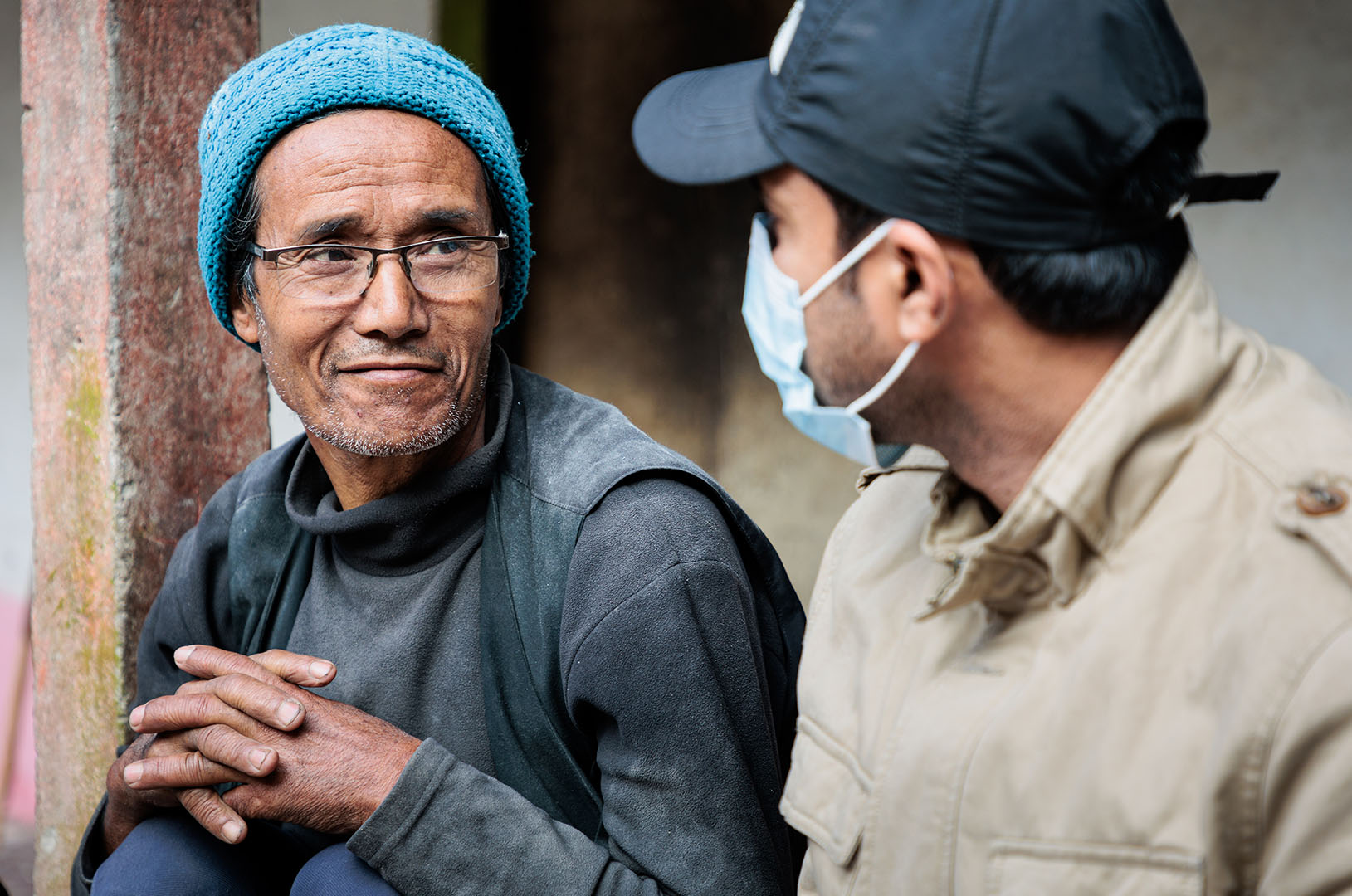
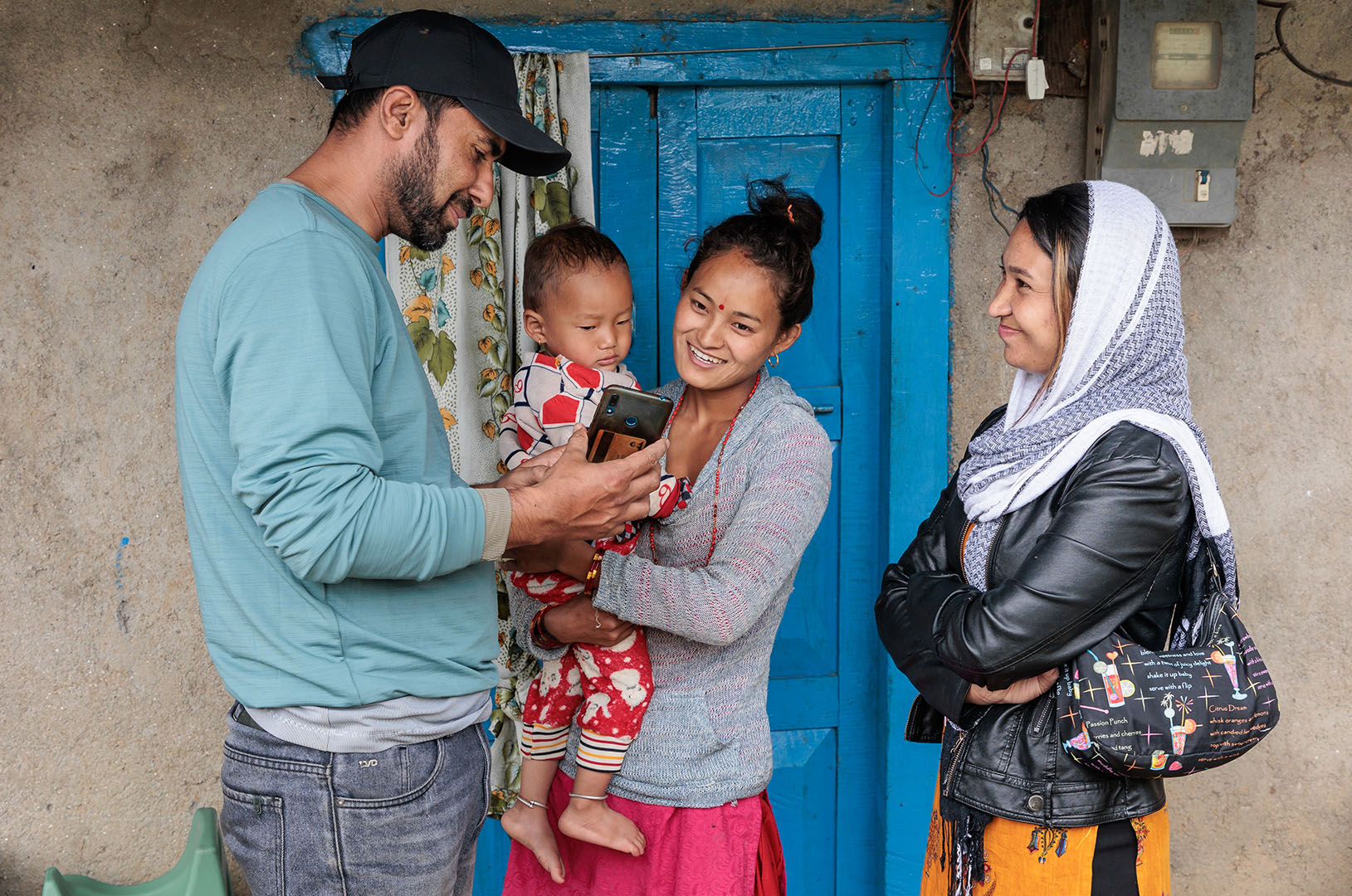
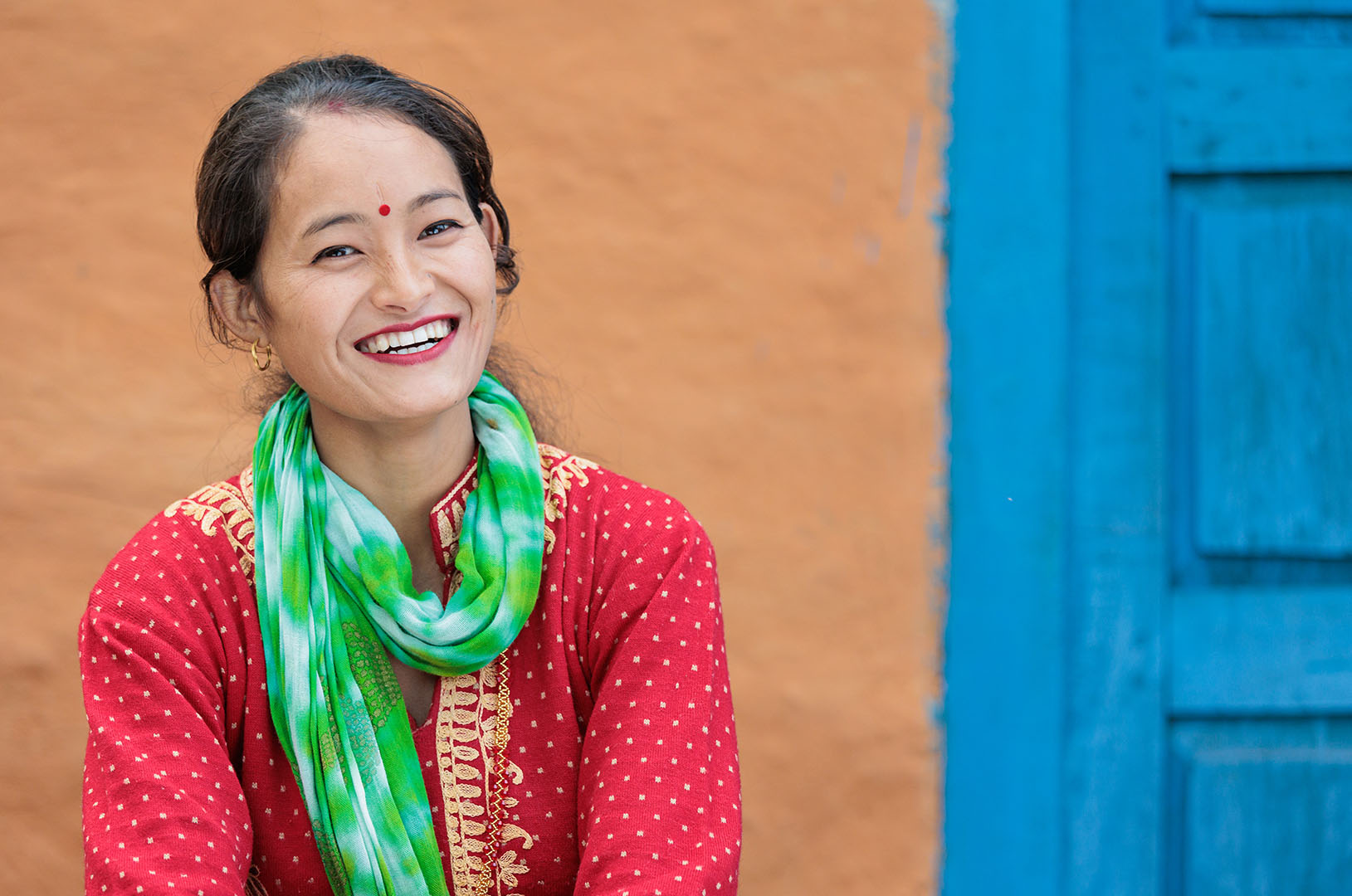
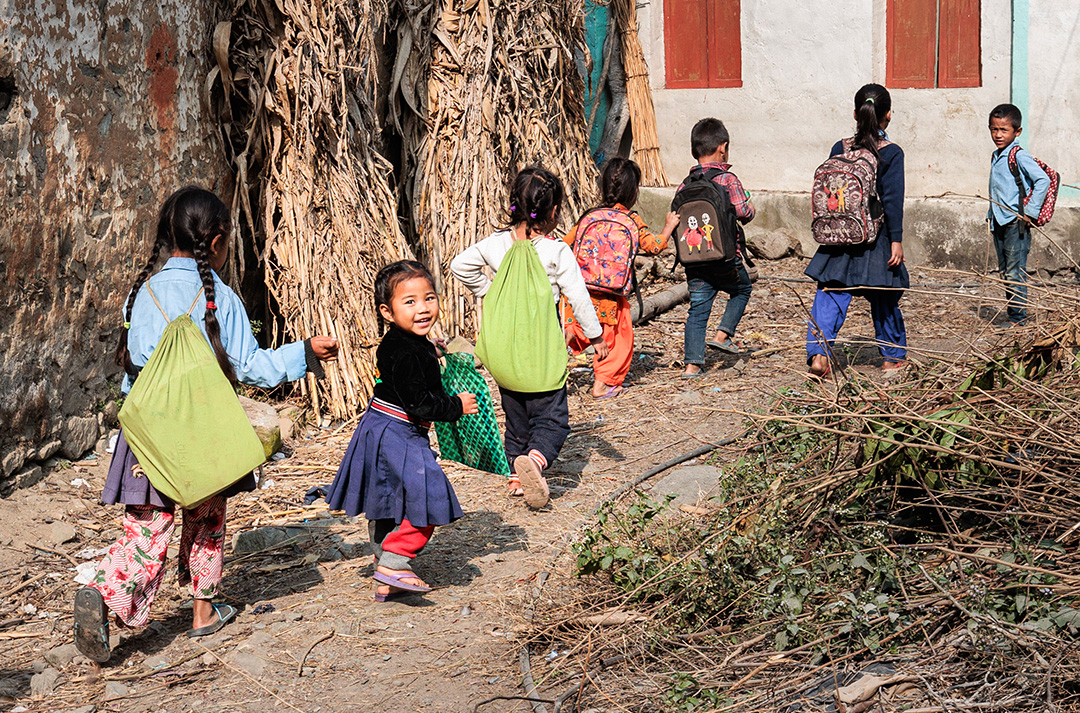
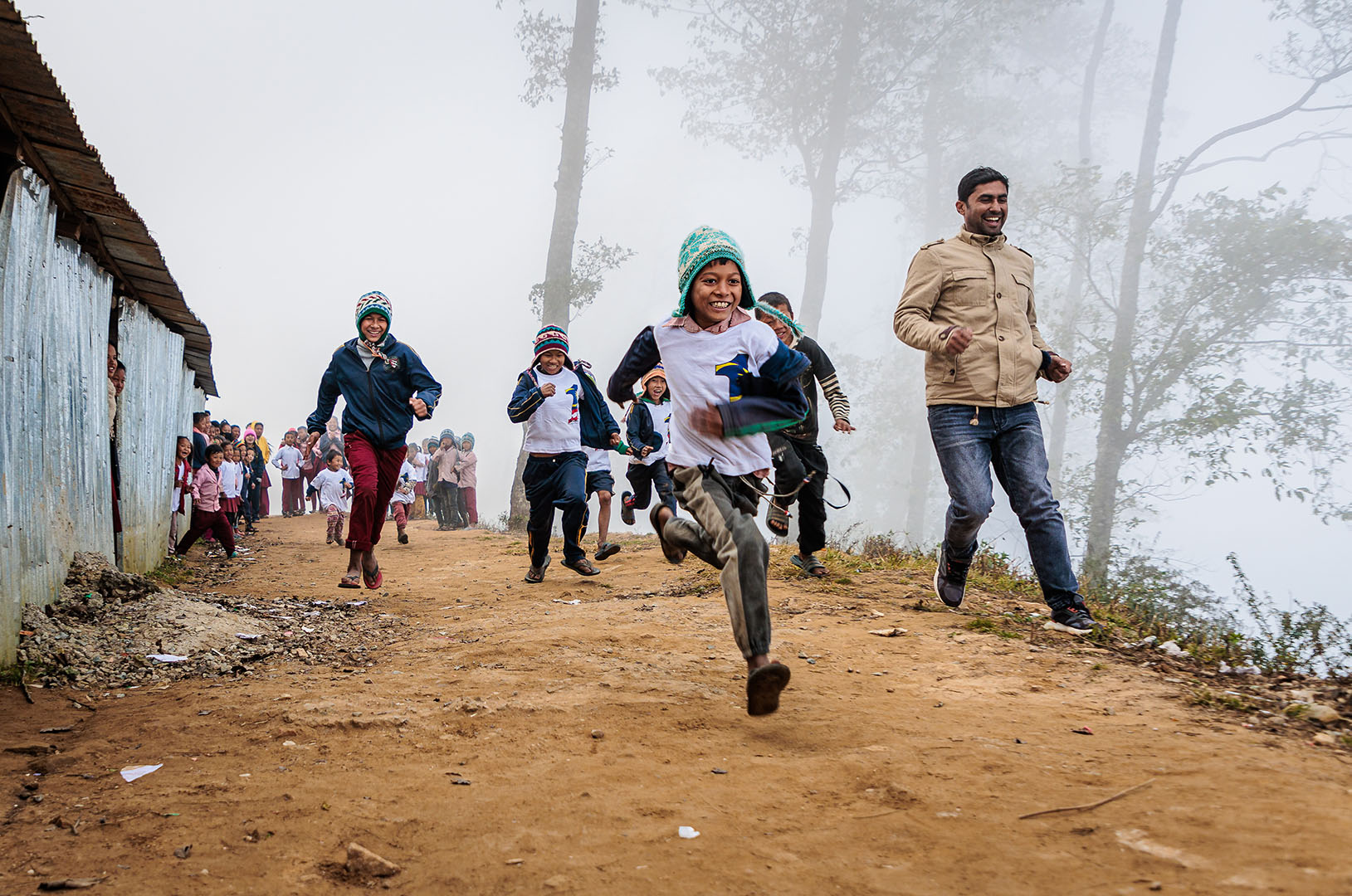
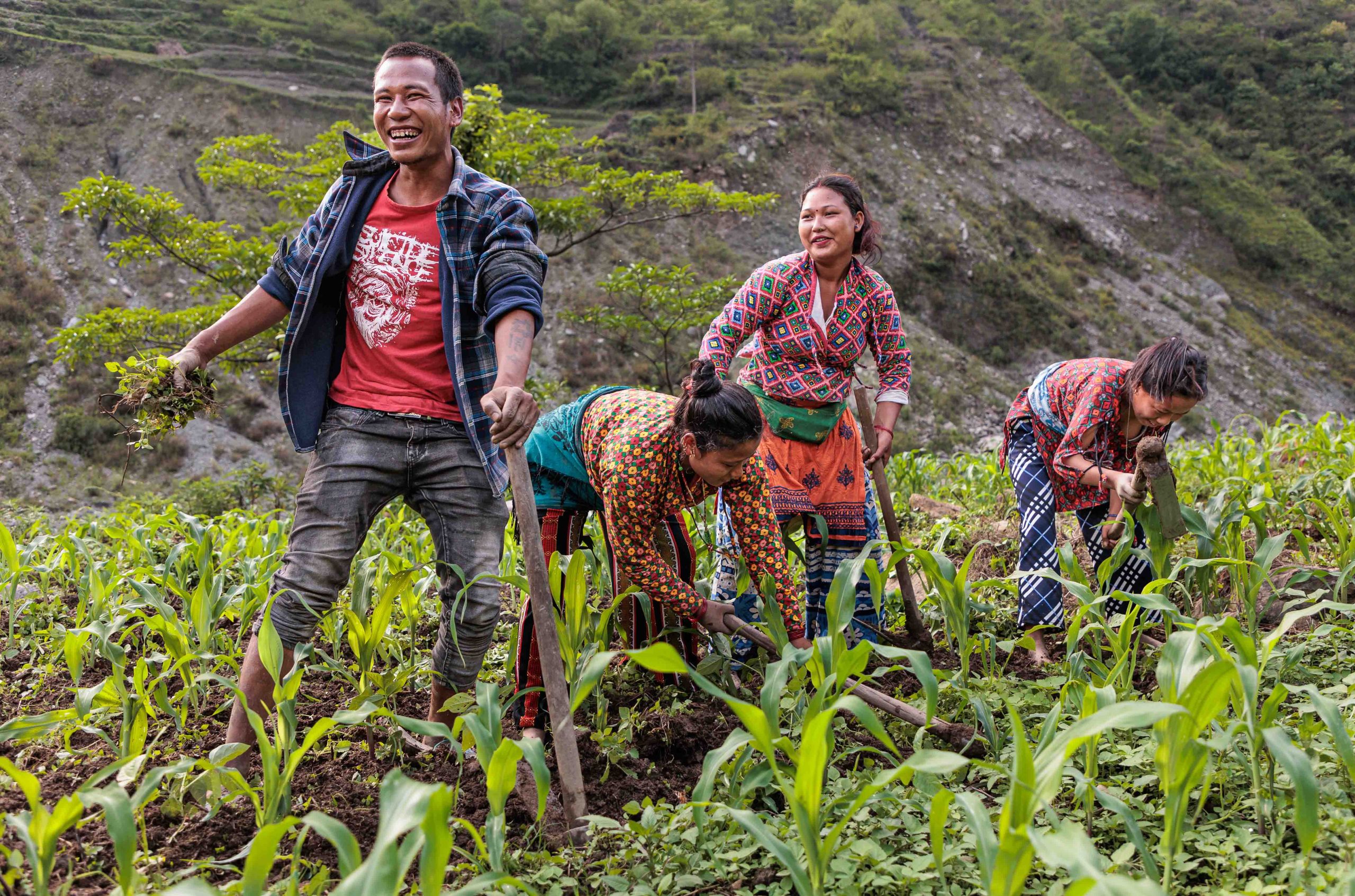
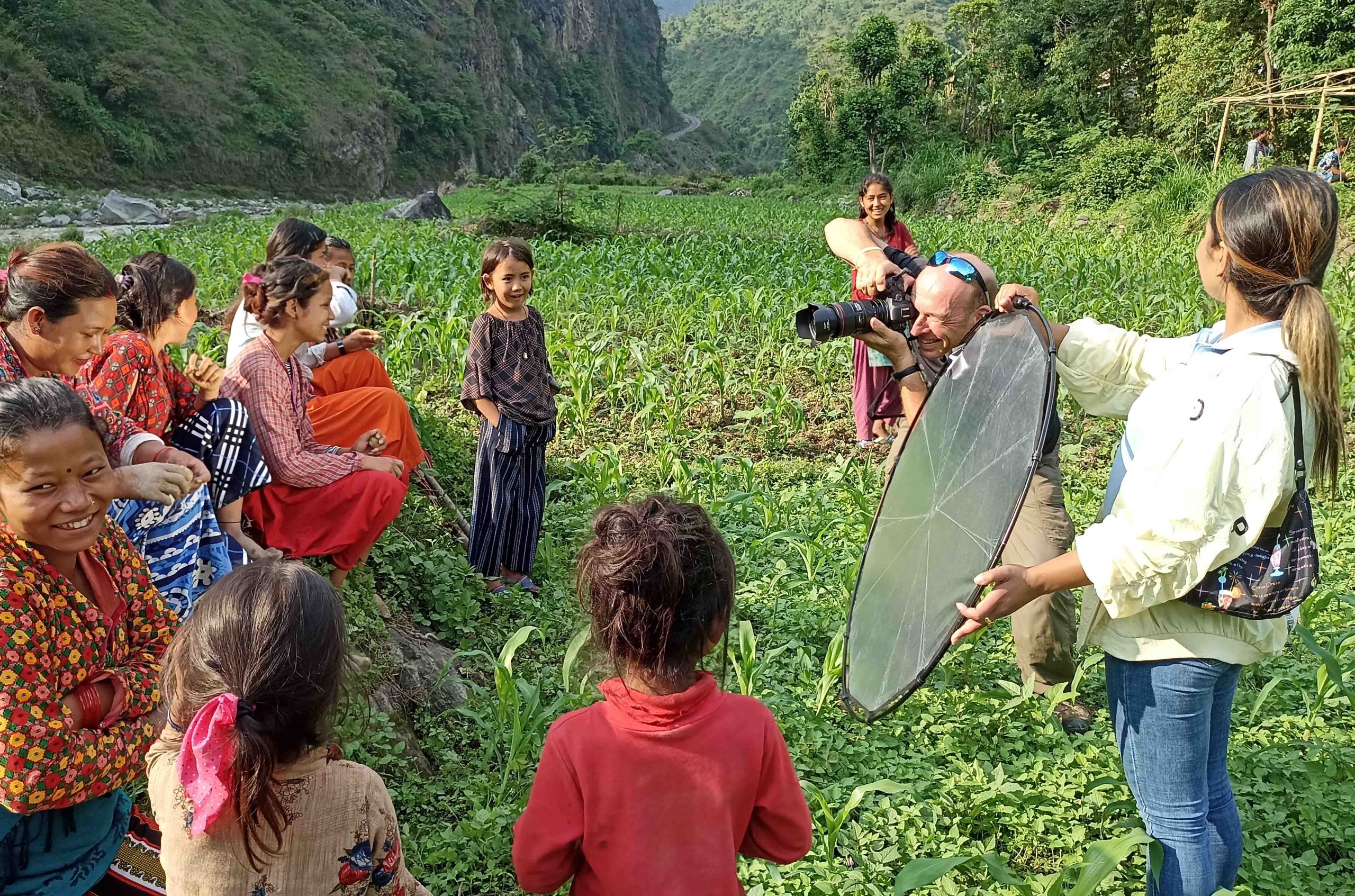
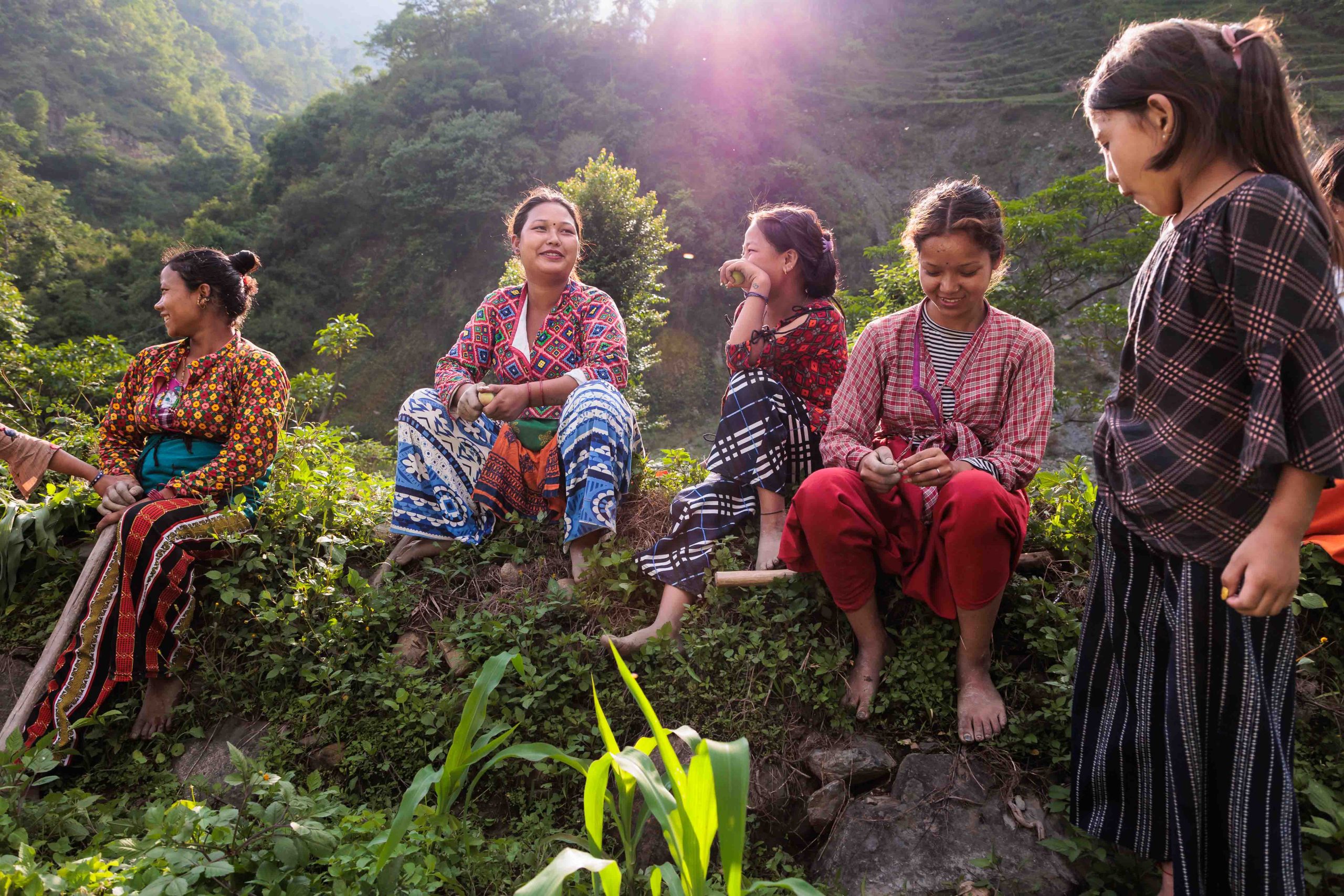
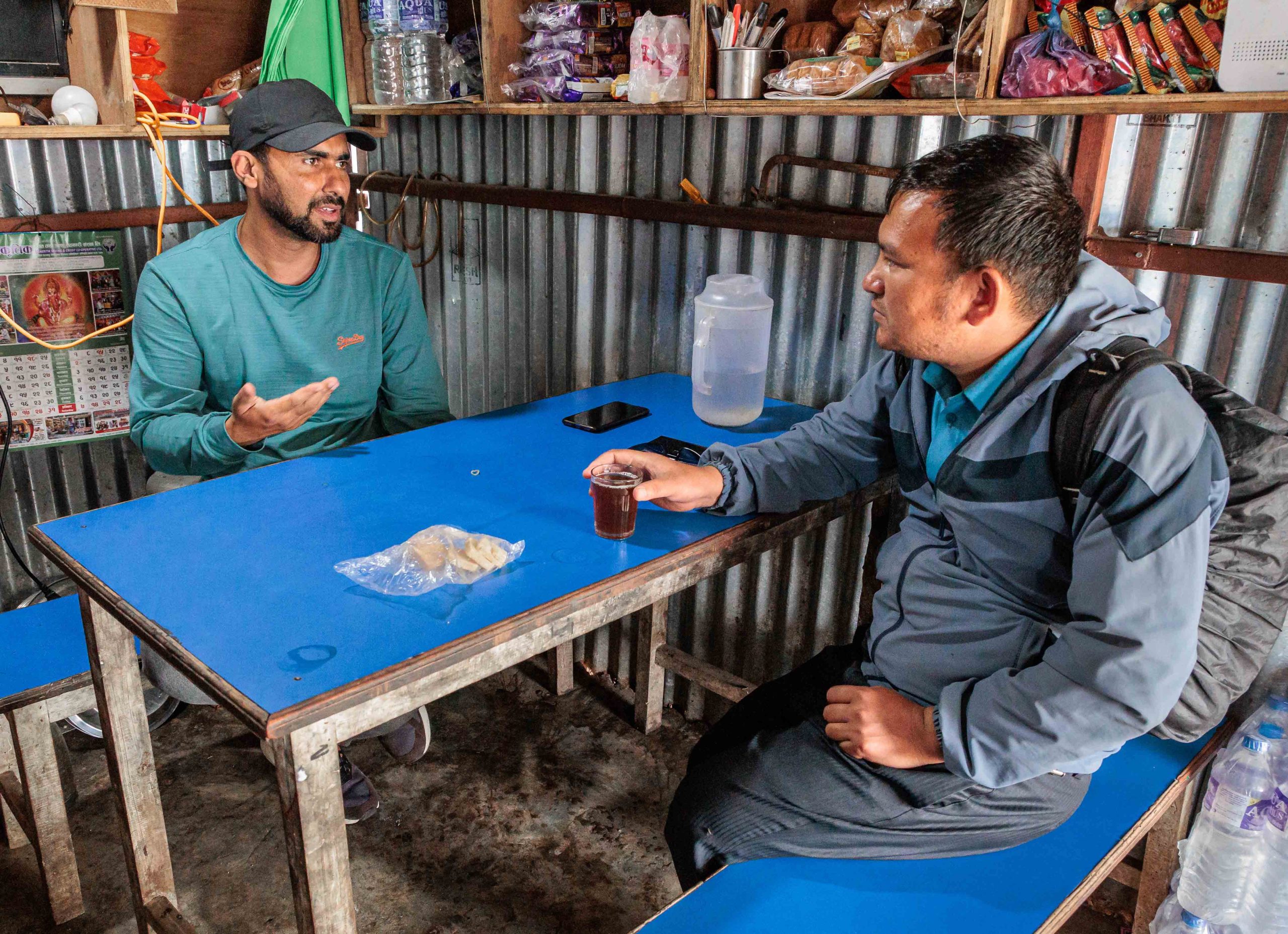
![Shiva, who appeared in the Good Land feature video, is shown the results of his shoot on a return visit to Ghusel.]](https://www.bmsworldmission.org/wp-content/uploads/2022/09/BMS-photographer-Clive-shows-photos-to-Shiva-for-the-Good-Land-appeal-scaled.jpg)
